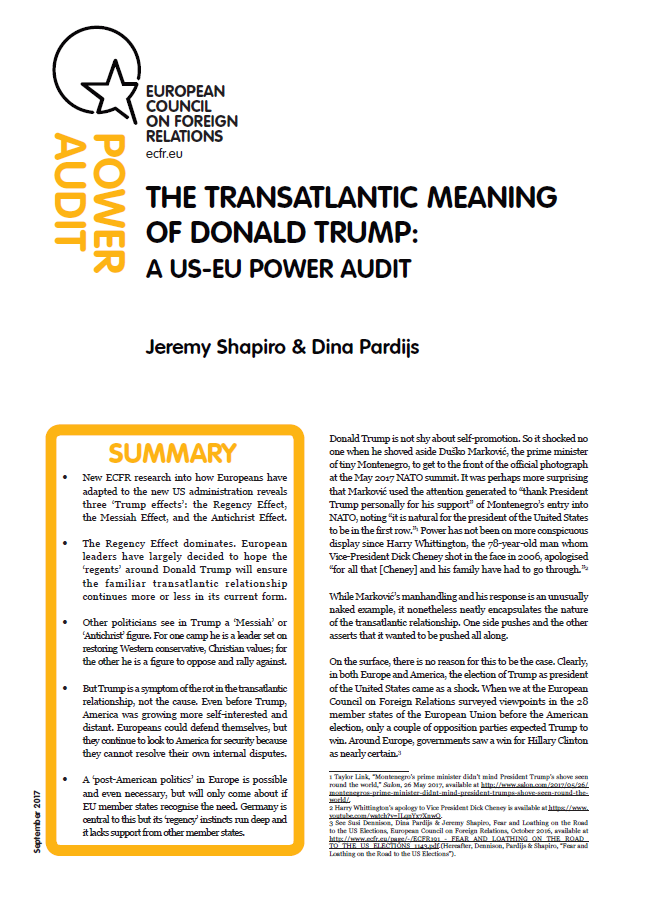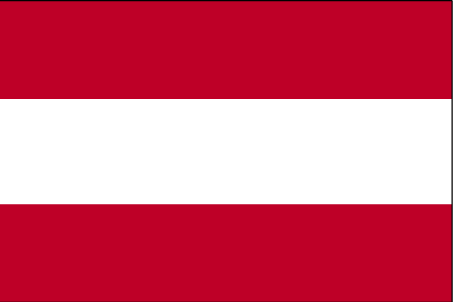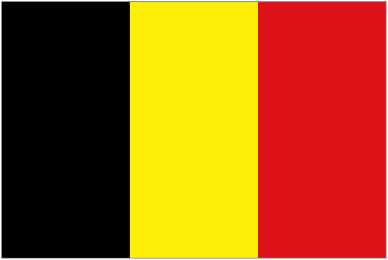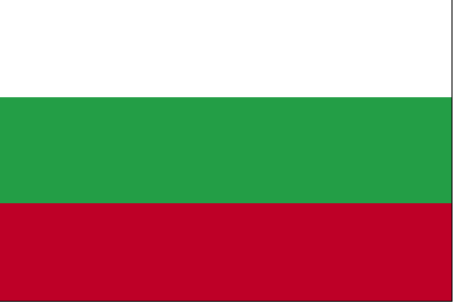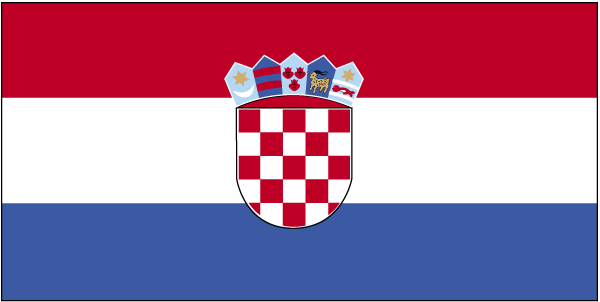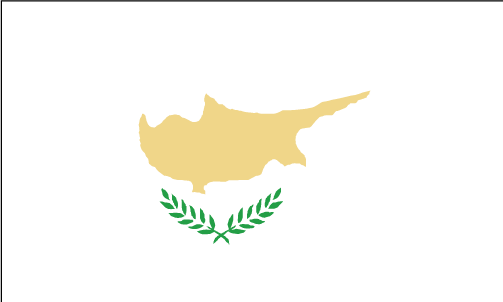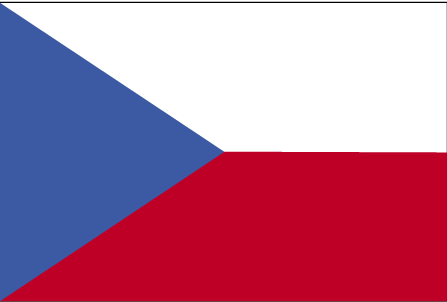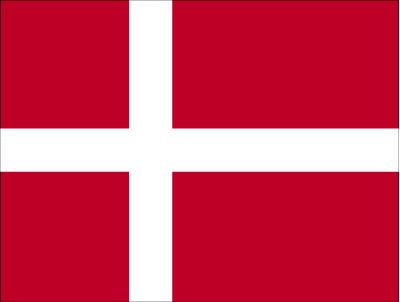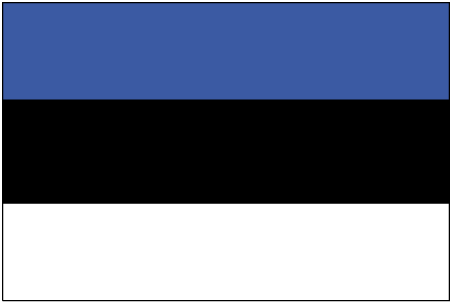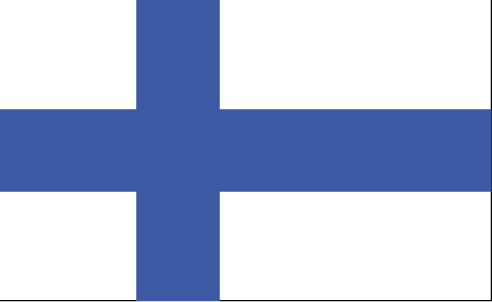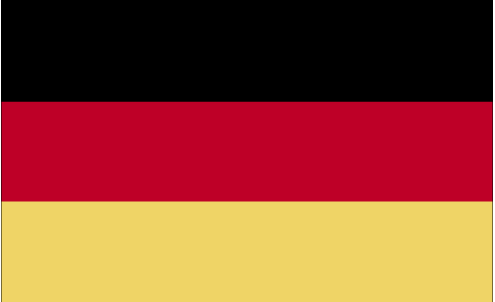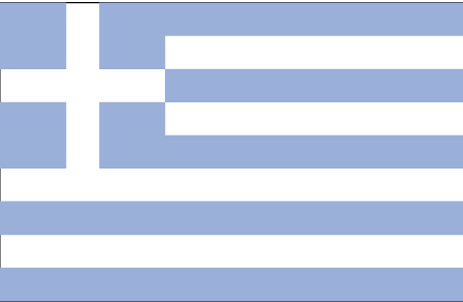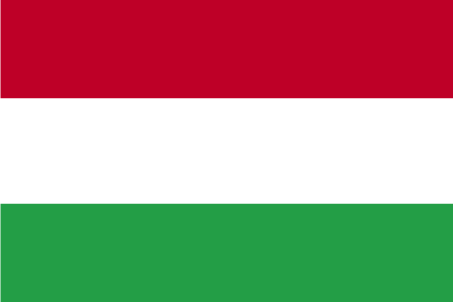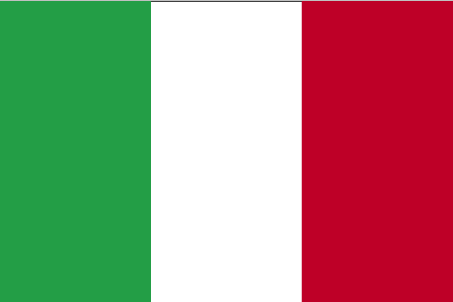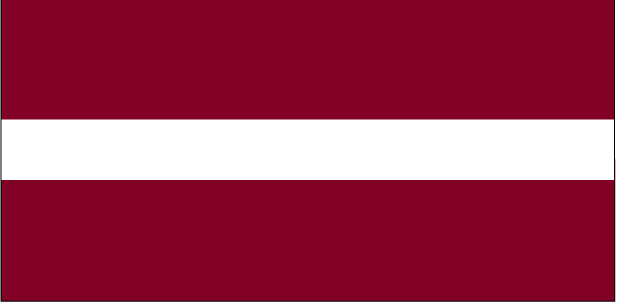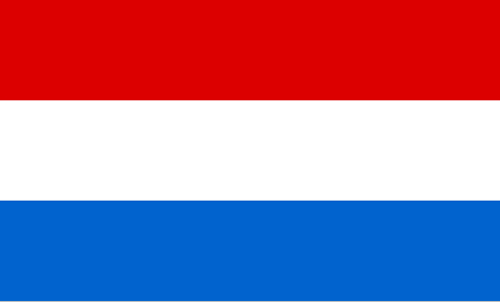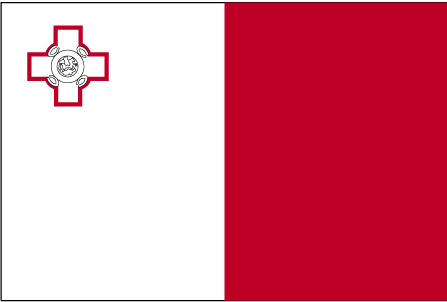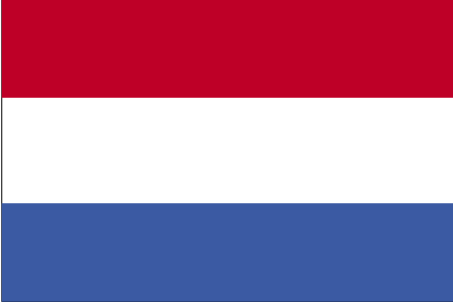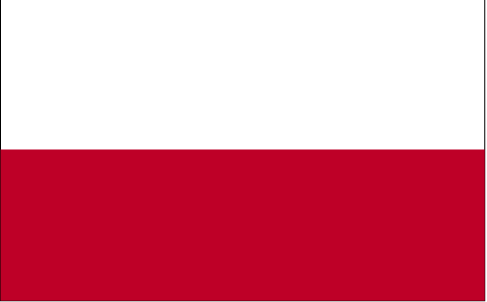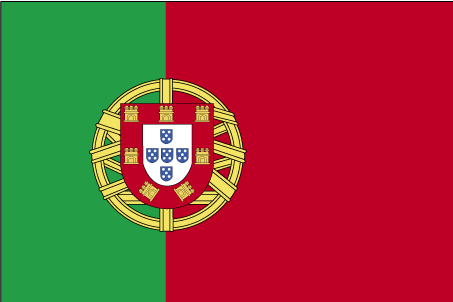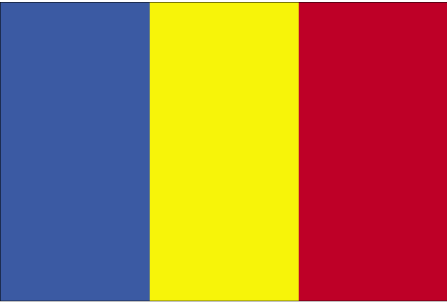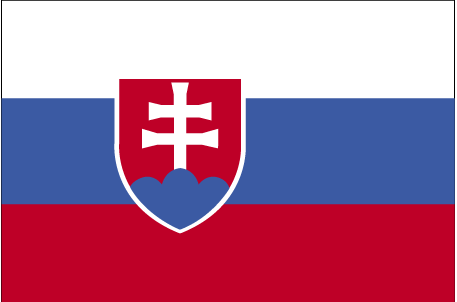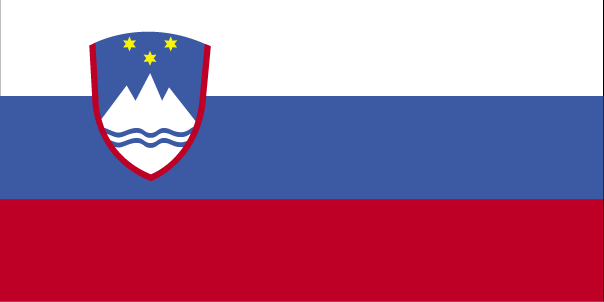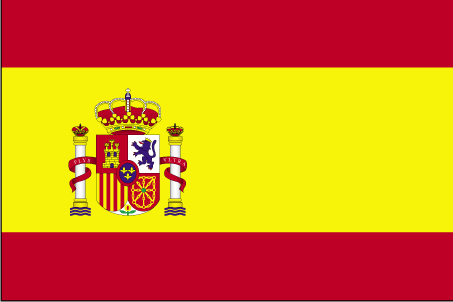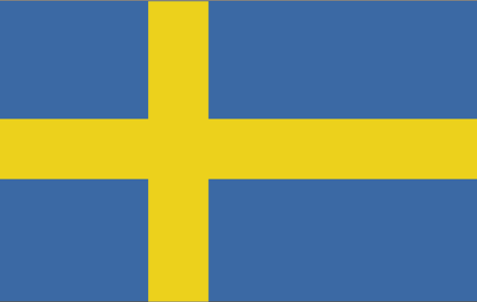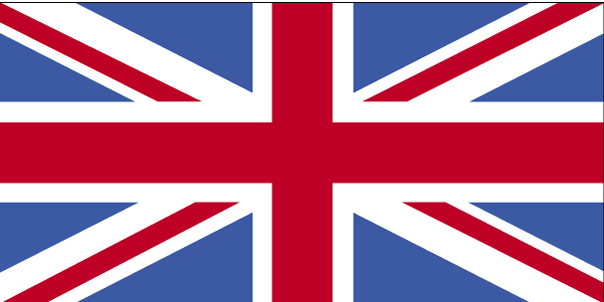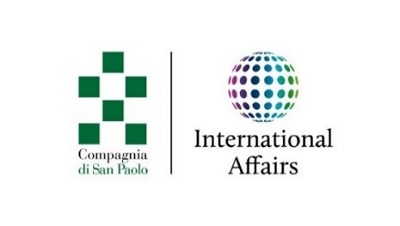The transatlantic meaning of Donald Trump: a US-EU Power Audit
Summary
- New ECFR research into how Europeans have adapted to the new US administration reveals three ‘Trump effects’: the Regency Effect, the Messiah Effect, and the Antichrist Effect.
- The Regency Effect dominates. European leaders have largely decided to hope the ‘regents’ around Donald Trump will ensure the familiar transatlantic relationship continues more or less in its current form.
- Other politicians see in Trump a ‘Messiah’ or ‘Antichrist’ figure. For one camp he is a leader set on restoring Western conservative, Christian values; for the other he is a figure to oppose and rally against.
- But Trump is a symptom of the rot in the transatlantic relationship, not the cause. Even before Trump, America was growing more self-interested and distant. Europeans could defend themselves, but they continue to look to America for security because they cannot resolve their own internal disputes.
- A ‘post-American politics’ in Europe is possible and even necessary, but will only come about if EU member states recognise the need. Germany is central to this but its ‘regency’ instincts run deep and it lacks support from other member states.
Introduction
Donald Trump is not shy about self-promotion. So it shocked no one when he shoved aside Duško Marković, the prime minister of tiny Montenegro, to get to the front of the official photograph at the May 2017 NATO summit. It was perhaps more surprising that Marković used the attention generated to “thank President Trump personally for his support” of Montenegro’s entry into NATO, noting “it is natural for the president of the United States to be in the first row.”[1] Power has not been on more conspicuous display since Harry Whittington, the 78-year-old man whom Vice-President Dick Cheney shot in the face in 2006, apologised “for all that [Cheney] and his family have had to go through.”[2]
While Marković’s manhandling and his response is an unusually naked example, it nonetheless neatly encapsulates the nature of the transatlantic relationship. One side pushes and the other asserts that it wanted to be pushed all along.
On the surface, there is no reason for this to be the case. Clearly, in both Europe and America, the election of Trump as president of the United States came as a shock. When we at the European Council on Foreign Relations surveyed viewpoints in the 28 member states of the European Union before the American election, only a couple of opposition parties expected Trump to win. Around Europe, governments saw a win for Hillary Clinton as nearly certain.[3]
But the reaction has been completely different on the two sides of the Atlantic. The US is strongly divided on Trump and his administration, along familiar and roughly partisan lines. He has ignited fierce policy battles in Congress, within his own administration, and even on the streets of the normally placid Charlottesville, Virginia.
In Europe, there is a much greater consensus on Trump – with some important exceptions, he is very broadly unpopular, among both governments and the European population. In countries such as Germany, the Netherlands, Sweden, the United Kingdom, and France, the percentage of the population that has confidence in the US president to do the right thing has plummeted more than 50 points since Trump took office. Recent polls demonstrate that he is less popular in Europe than the Russian president, Vladimir Putin, a man who sporadically invades European countries.[4]
Trump’s unpopularity in Europe reflects the fact that he is a very different American president to those that preceded him. He brings to the post not only a harsher tone, but a radically different ideology and a promise to upend decades of US foreign policy practice. His promise to put “America First” represents a fundamental challenge to the idea of the transatlantic relationship and the security of Europe. His appeal to racial intolerance and his stance on climate change represents an affront to European values. His antipathy towards European integration and his intention of rewriting the rules of international trade represent a threat to European prosperity.
Yet, despite this relative consensus on Trump, Europe’s reaction overall has been more measured than America’s. Despite widespread horror at the result, European leaders have shown less policy opposition to Trump than the famously supine Republican-controlled Congress. There have been plenty of tough words, but Europeans have not appreciably altered their approach towards the US. Most have not even used the tough words.
This paradox, for even casual observers of the transatlantic relationship, is not difficult to explain, even if it is considered rather rude to talk about. The nations of Europe rely on America for its security and America does not rely on Europe. As George Orwell almost said, “Europeans who ‘abjure’ violence can only do so because Americans are committing violence on their behalf.”[5]
So, even as Europeans complain or protest, they cannot call into question their relationship with America. This asymmetric dependence is the fundamental and seemingly permanent feature of the transatlantic relationship, the inconvenient fact at the base of decades of rhetoric about shared values and common history. And it means that European leaders must find a way to live with President Donald Trump regardless of the threat he presents to European values or whom he shoves out of the way.
But, regardless of how used to this situation we all are, it is not clear that it can or should continue. Trump is the first postwar American president to believe that preservation of European unity should not be a strategic objective for the US. But Obama’s policies already pointed in the direction of a progressively reduced American commitment. Even beyond their problems with Trump’s policy, demographic and political trends in both the US and Europe make relying on the US for security an increasingly untenable proposition.
This Power Audit of US-EU relations asks why this asymmetric dependence persists even into the unreliable Trump presidency, what price Europe is paying for it, and what, if anything, can be done about it. It examines the European reactions to the Trump presidency in more detail across the member states of the EU. It seeks to understand those reactions through an examination of the meaning of ‘America’, both the country and the concept in European politics. Beyond the reactions, it asks what Trump’s election means for both sides’ ability and willingness to sustain the existing bargain of transatlantic relations. For all his radicalism, Trump, it turns out, is more a symptom of the rot in the relationship than a cause.
Madman, Messiah, or Antichrist? European responses to Donald Trump
The EU is a diverse place and has displayed a wide variety of reactions to the Trump presidency. To understand this diversity, we approached political elites in both government and opposition across all 28 member states, surveying their reactions to Trump’s election and to the early months of his presidency. A number of common themes emerged, and we have divided the responses into three ‘Trump effects’ on the EU: the Regency Effect, the Messiah Effect, and the Antichrist Effect. We explain each below, and the table shows the rough distributions of the effects across European governments and parties.
The Regency Effect
In the late eighteenth century, the British aristocracy began to suspect that their king, George III, was mad. Exacerbated by his distress at losing the American colonies, the king’s behaviour became increasingly erratic – sometimes he would speak for hours without pause, often foaming at the mouth. Various calumnies spread about his illness, including the story that the “King had walked up to an oak tree in Windsor Great Park, took a branch in his hand, and entered into a conversation in the belief that he was talking to the King of Prussia.”[6]
Even though many of these stories turned out to be ‘fake news’, they reflected a general sense that the affairs of state were not in competent or even sane hands. The British elite responded to the problem of a monarch not in his right mind by turning to the idea of a regency. Parliament empowered the Prince of Wales to act as regent with the full powers of the king, even as George III continued, technically, to reign.
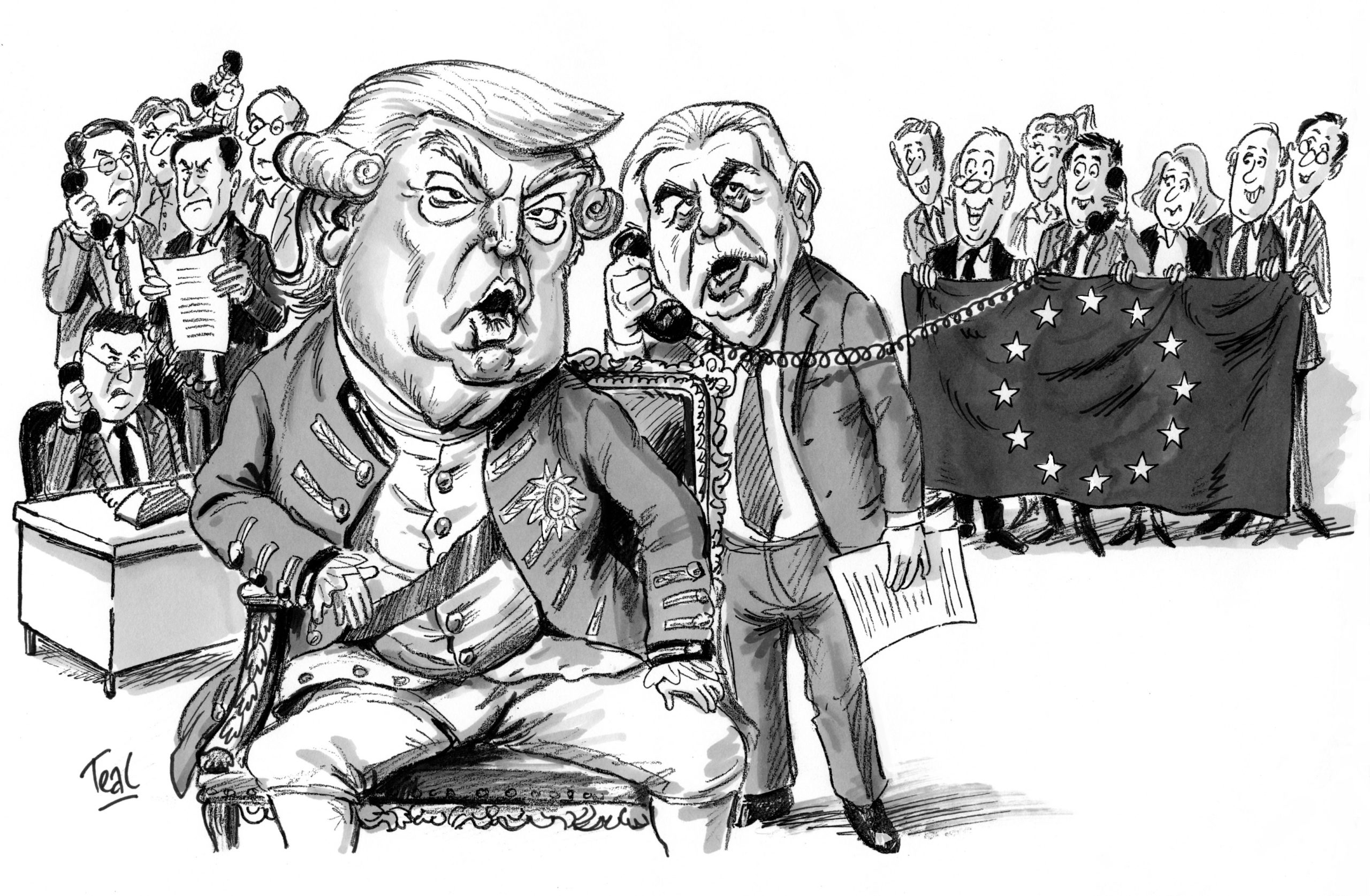
Trump has not spoken to any trees lately. But he does, at times, stare at the sun and his fitness and even mental stability have repeatedly been questioned.[7] Many, in both Europe and America, have hoped and expected that a type of regency concept would assert itself in American governance. As with George III, they hope that, rather than governing, Trump will be governed by his advisers, the Congress, the courts, and American civil society generally. Most European reactions to the Trump administrations are examples of this Regency Effect.
On a certain level they have little choice. Before the election, some European leaders felt able to declare Trump’s candidacy dangerous in the most undiplomatic of terms. The British prime minister, David Cameron, for example, called candidate Trump’s proposal to ban Muslims from the US, “stupid, divisive, and wrong.”[8] Even for those who kept quiet, a large majority viewed a Trump presidency with a combination of incredulity and horror. ECFR research from that period showed that in nine countries, political elites expected that, if Trump won the presidency, the US would become the most destabilising element in the international system.[9]
But almost immediately after the election, these apocalyptic images evaporated, and were replaced by a mildly optimistic wait-and-see approach. The concept of most governments was (and remains) that Trump himself was not the key element for understanding US foreign policy under his administration. What mattered were the people he appointed to key positions and the power balances between them – the politics of regency.
In our travels across Europe after the election, variants of the Regency Effect were so common that we took the opportunity of asking a slightly tipsy Italian official why, after so much ink was spilt over the importance of the US election, everyone so suddenly and fervently believed that Trump did not matter. His response was telling: “We have to believe it. We don’t know what to do if it is not true.”[10] Another European official took a more sanguine view: “We made the decision that until we felt more comfortable with Putin than with Trump we would have to stick with the Americans. This admittedly was a low bar.”[11]
Accordingly, European governments scrambled to establish contacts with the personnel of a new administration with which they had had very little prior contact or understanding.[12] The most dangerous place on earth quickly became standing between a European embassy and the presidential transition team.
The first several months of the Trump administration have subjected this view to a rollercoaster ride. On the one hand, Trump appointed strongly nationalist officials such as Steve Bannon, Sebastian Gorka, and Peter Navarro to key White House positions. But at the same time he picked members of the Republican establishment as well as sober-sounding generals for many key positions, including General James Mattis as defence secretary and ExxonMobil chief executive Rex Tillerson as secretary of state.
Despite these appointments, Trump withdrew from the Paris climate change agreement and threatens the Iran nuclear deal, both of which many Europeans hold dear. He has intermittently continued to trash Europe and especially Germany, while maintaining a studious silence on all manner of Russian sins, including Russia’s interference in the US election.
But many of his advisers have more consistently sought to reassure European allies. Even if Trump has a soft spot for Russia’s president, they whisper to their European counterparts, America will stand up for the interests and values of allies. This effort began one month into the Trump presidency when a trio of high-level US officials – Mattis, Tillerson, and the vice-president, Mike Pence – arrived in Europe for various high-level meetings at NATO, the EU, and the G20. This has continued, with frequent trips to Europe, particularly by Pence and Mattis. Throughout, they have brought a clear ‘regency’ message: pay no attention to the president of the US.
Overall, the president remains unpredictable. His “America First” philosophy and his protectionist impulses make him, at base, antagonistic towards a strong transatlantic relationship. Nearly every week brings new Twitter evidence that Trump remains who he has always been and cannot be contained by his advisers.
European leaders issue principled statements objecting to his outbursts, but they avoid any sort of policy response. So, for example, when Trump controversially contended that there were some “very fine people” among the Charlottesville neo-Nazi protesters in August 2017, British prime minister Theresa May retorted, “I see no equivalence between those who propound fascist views and those who oppose them. I think it is important for all those in positions of responsibility to condemn far-right views wherever we hear them.”[13] But rhetoric was the extent of the response.
European officials also privately note that Trump’s rants have had very little impact on US policy. Thus far, policy on Russia has perhaps been the starkest example of the disjuncture between presidential rhetoric and policy reality. Trump has maintained an unusual consistency in his unwillingness to criticise Russia or Putin. But on the ground, the US has continued, and even increased, its support to the European Reassurance Initiative (ERI), which was Barack Obama’s response to the Russian invasion of Ukraine. Trump’s 2018 budget request included a 41 percent increase in the funds for the ERI and an increased US troop presence in eastern Europe.[14] The US has not only maintained Obama-era sanctions on Russia, but, against the objections of Trump, the US Congress overwhelmingly passed new sanctions on Russia for interfering in the US election. It also limited the president’s ability to waive them. The political scandal over the Trump campaign’s alleged collusion with Russia during the election has particularly reduced the president’s manoeuvring room on this issue. He appears isolated on Russia even within his own administration.
Similarly, on Afghanistan, Trump spent years railing against the “enormous waste of blood and treasure in Afghanistan” and advocating a policy of withdrawal.[15] In July 2017, he continued to assert that the US was losing the war in Afghanistan and that he was considering firing the general in charge of the war. Yet the following month, in a speech read between gritted teeth from a teleprompter, he announced he would continue the current strategy and send additional US troops to Afghanistan.[16]
For many in both Europe and America, this lack of implementation as well as other developments in Trump’s first months – the replacement of the ideologue Michael Flynn with the more pragmatic HR McMaster as national security adviser, the ousting of Steve Bannon, and the appointment of General James Kelly as chief of staff – demonstrate that the regency is slowly consolidating itself. To reinforce this view, many European leaders make sure to differentiate between the longstanding relationship between their country and the US, and the temporary relationship with its current president.[17]
The image emerges of a mad king who likes to get attention, while behind the throne his sober regents are dealing with their counterparts in Europe. His tantrums are mostly ignored while he wins praise for his occasional willingness to mouth the words of speeches written by his regents.
The Messiah Effect
In 132CE, Rabbi Akiba, the greatest of the Talmudic sages, declared a rebel Jewish leader named Simon bar Kokhba to be the Messiah – the anointed one who would herald a new age. Bar Kokhba had achieved some stunning early victories against the occupying Romans and Akiba hoped to profit from his revolt to score some advantage over competing religious authorities within Judea. In the end, bar Kokhba proved to be a false messiah, the revolt failed, and, far from a new age, the Jews were nearly wiped out and their descendants exiled from Jerusalem for nearly 2,000 years.[18] But, despite such pitfalls, the idea of a messiah persists, specifically because the idea of a ‘new age’ is often helpful in internal struggles.
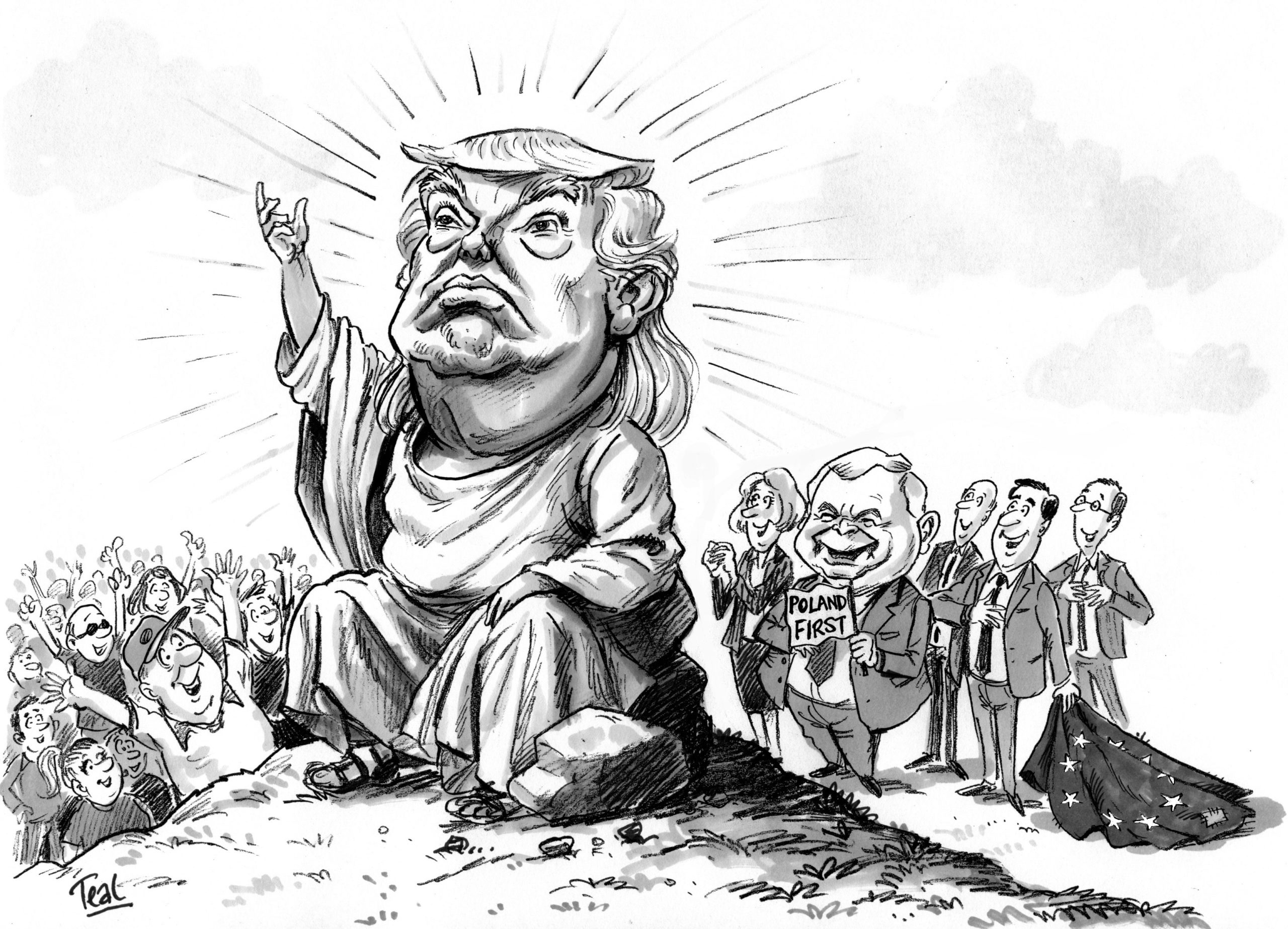
Trump is probably not the messiah. But in his elevation to the most powerful position in the world some in Europe do see a new age that some Europeans welcome. Viktor Orbán, the prime minister of Hungary, put it in vaguely religious terms soon after Trump’s election: “We have received permission from the highest worldly place that we can put ourselves in the first place, too.”[19] Orbán’s relationship with the previous administration had been fraught, especially after criticism by the Obama administration of the state of the rule of law and corruption in Hungary. Now, with the sanction of the American president, he seems to believe that the old age of political correctness is over and that he can openly say what he thinks about the failures of immigration, liberalism, and democracy promotion.
And he is not alone. All over Europe, nationalist, anti-immigrant, and anti-mainstream movements have felt emboldened. Lega Nord in Italy portrays itself as the only Italian party in accord with Trump’s sovereign, nationalistic, and anti-immigration political programme. Leaders of far-right parties in Belgium and the Netherlands have spoken about a new patriotic movement that would spread around Europe because of Trump’s election.[20] The far-right German party Alternative für Deutschland sent Trump a congratulatory message outlining the overlap between their policies, ending with a distinctly un-German “God bless you and your family, God bless America and Germany.”[21] Formerly marginal extreme-right groups, such as Volya in Bulgaria and Imperium Europa in Malta, are more vocal about their views and have seen a small boost in the polls.[22]
Some of these parties have also had an easier time in their diplomatic relations with the Trump government. In contrast to the mad scramble of many governments, the Hungarian ambassador to the US, Réka Szemerkényi, had met Trump three times by March, and had also spoken with Mike Pence and several cabinet members. Fellow Trump enthusiast Miloš Zeman, the Czech president, was invited to the White House; his predecessor Václav Klaus did not have this pleasure in his ten years in office.
For Hungary and others, Trump is at least a slightly problematic messiah. He has thus far not really supported Orbán in his struggles with the EU or over his attempts to close the Central European University in Budapest. But they retain hope that over time Trump will gain enough control over his own government to support an agenda they believe he supports at heart.
Similarly, in Poland, the governing Law and Justice Party believes that Trump represents true Americans who rebelled in the name of the Christian and conservative West against the dictatorship of political correctness, gay rights, and liberal immigration. Trump’s affinity with Russia and Putin tempered the Polish government’s enthusiasm for him during the campaign and during the early months of his presidency. But the lack of change in America’s Russia policy, and particularly Trump’s visit to Poland in July, have reinforced the notion that Trump is an ally in the struggle against liberalism in Europe. The Polish government seems to have decided that even a partial ally in the White House represents a new and valuable asset in its domestic struggles.
Even in the UK government, which overall has taken a regency approach to Trump, one sees elements of the Messiah Effect. Trump and his “America First” philosophy, and its echoes of “taking back control”, came at a good time for British prime minister Theresa May in the Brexit negotiations. She rushed over to Washington immediately after his election, revelled in his promises of a post-Brexit UK-US trade deal, and invited him on a state visit to London. At least temporarily, her government gained more confidence in its strategy of hard Brexit or bust.
The Regency Effect implies that mainstream politicians will tolerate a lot of rhetoric from Trump, hoping to keep their bilateral relations alive and doing business with Trump’s minders until the storm passes. But in the meantime, the Messiah effect may have an impact in their backyard. Trump’s immigration policies, for example, even if they have been limited by the courts and the Congress, provide a precedent for debates on refugees and Muslim integration in Europe. Perhaps worse, Trump is providing cover for a host of outrageous ideas that were once anathema but which have acquired legitimacy through their expression in the White House. These include a ‘Muslim ban’, as promoted by several extreme right parties, or a reluctance to work on climate change, as supported by the Poland’s ruling Law and Justice party. In this sense, Trump’s very existence is helping to move once radical parties into the European mainstream.
But, of course, there is a risk for the anti-establishment parties too. Bar Kokhba, after all, led his followers into ruin. As Maimonides noted a thousand years later, “Rabbi Akiva was a great sage, one of the authors of the Mishnah, yet he was the right-hand man of Bar Kokhba, the ruler, whom he thought to be King Messiah. He and all the sages of his generation imagined Bar Kokhba to be King Messiah until he was slain unfortunately. Once he was slain, it dawned on them that he was not the Messiah.”[23] Some of Trump’s apostles have already started to abandon him, mostly because of the change he did not bring to the Washington ‘swamp’.
The Antichrist Effect
One man’s messiah is always another’s Antichrist. Both are inspiring in their own ways: the idea of a messiah gives an example to exalt and emulate; the Antichrist establishes a clear challenge and gives opponents political space to adopt new, radical solutions. As Martin Luther put it, “I feel much freer now that I am certain that the Pope is the Antichrist.”[24]
For a minority of European politicians, the election of Trump points towards a new European reformation. Trump’s election is, in this view, only the latest in a series of moral and strategic failings by the US – the responses to ECFR’s survey cited the invasion of Iraq, the torture and rendition programmes of the ‘war on terror’, the NSA wiretapping scandal, and the lack of leadership on climate change. The sense of moral example from the US, especially strong in some of the former eastern bloc countries, is diminishing. All this predates Trump, but he has certainly not reversed the trend as Obama did early in his presidency. The survey demonstrated that, in most countries, elites expect the image of the US in Europe to worsen dramatically under Trump. So far, polls bear that out.[25]
The first to capitalise on this effect politically was Emmanuel Macron in his successful campaign for the French presidency in May 2017. His opponent was Marine Le Pen, a Trump ‘apostle’, who declared on the day of Trump’s inauguration that “the EU is dead, but does not know it yet.”[26]
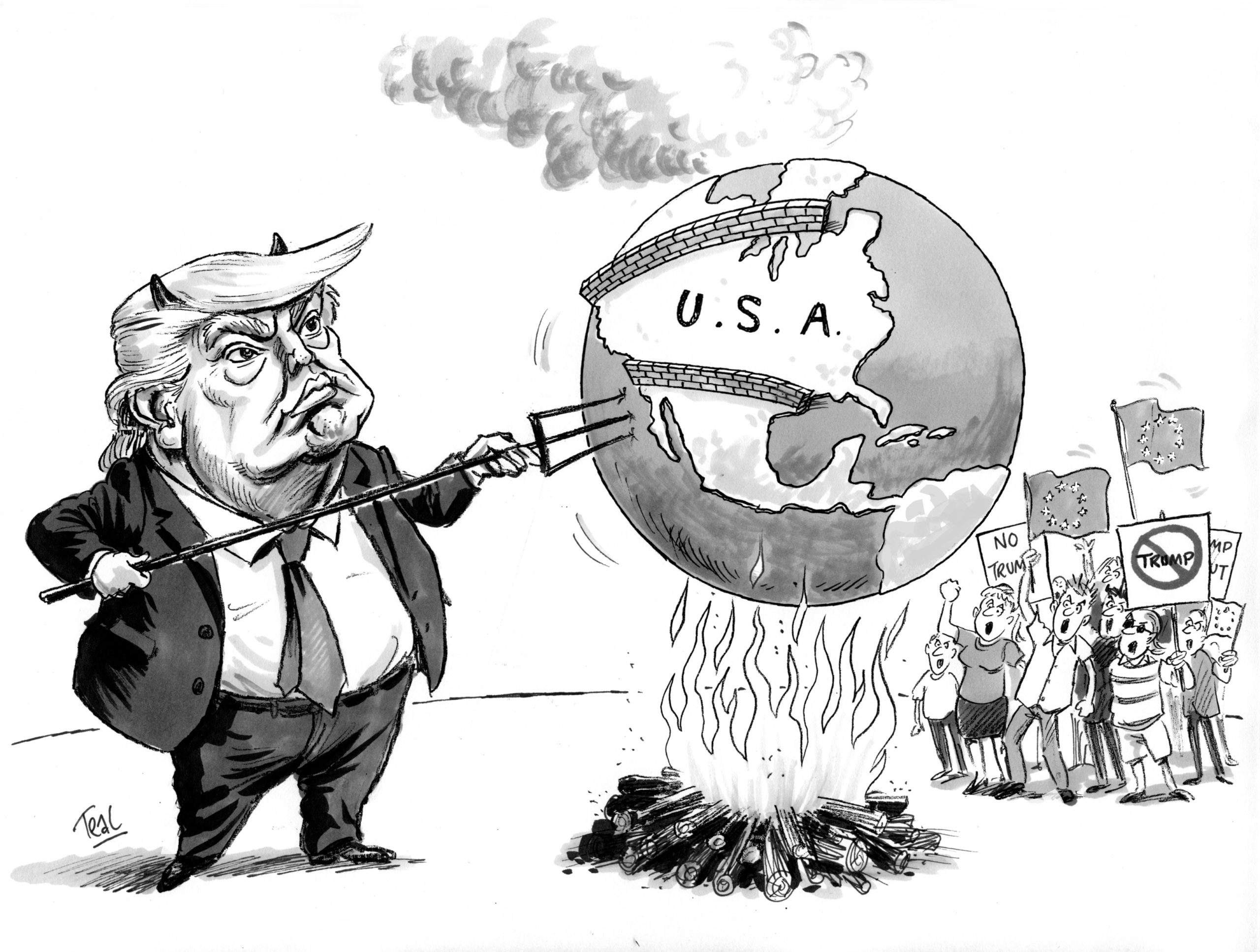
By contrast, Macron ran on the idea that, far from a constraint on French independence, France’s membership of the EU was the key to maintaining French sovereignty and retaining influence in global affairs. While Macron did not reject cooperation with Trump’s America, he outlined a vision in which France and Europe do not rely on the US or NATO as the main determinant of their status on the global stage. His vision rests more on further integration in European defence, which he sees as key for Europe to “hold its destiny in its own hands.”[27] His victory has emboldened others in Europe to think that opposition to Trumpian policies of disintegration and isolation might be a winning formula. Macron’s policy of standing up to Trump carried over into his first meeting with him as president. It ultimately gave him the credibility to invite Trump to France in July 2017 while avoiding the label of apostle.
France has long stood out in its willingness to act independently of the US; most others have generally felt more dependent. But in some other countries, such as Italy, Latvia, and Sweden the EU has begun to take over the role of the moral example to follow, or is seen to be making a last stand in a formerly joint project of spreading liberal values. The Trump shock has also led to movement in a longstanding issue in EU cooperation: defence. In 85 percent of countries, respondents thought their country should spend more on defence, either to become independent from NATO or to invest in EU defence.
The remaining countries are already spending enough, or are on a path of expansion to spend enough next year. This indicates that security is a new focus area for the remaining 27 EU member states; one that they could work on together more effectively in the future, even under the idea of flexible cooperation. An increase in spending has been on the agenda for a long time. But the discomfort that comes with a more uncertain transatlantic relationship has proven an important stick with which to cajole countries into action.
Unfortunately, reformations are never easy. In the EU’s case, it is not clear that the new impetus for reform coming from Trump’s election (and from Brexit) is strong enough to overcome the traditional resistance to increasing European defence cooperation. The newer centrifugal forces come from the dual refugee and euro crises that have split Europe along north-south and east-west lines and made European cohesion yet more difficult to achieve.
ECFR’s survey revealed that opinions between countries were perfectly split on whether Trump would have a positive or negative effect. The positive expected outcomes centred on necessity: namely, that the possible loss of the American umbrella will make Europeans work together better. On the other hand, internal splits were the main negative outcome likely to emerge from Trump’s election. This could emerge as populist parties grow in confidence, but also because many political elites hold firm to the belief that if the American president stops supporting European integration, Europe will not move forward.
The remaining question is: why do Europeans believe in such a central role for America in European security?
The power of disinterest
All three effects – Regency, Messiah, and Antichrist – are in operation in Europe and have had important political consequences. But our survey shows that the main one has been the Regency Effect and the semi-conscious decision to assume that Donald Trump’s presidency will not fundamentally change America or the international system.
For many, this result presents no puzzle at all. Even tipsy Italians, like the official we met earlier, understand deep in their marrow that the nations of Europe depend on the US for their security. They need to maintain an effective relationship with America and whomever the American voters, in their infinite wisdom, see fit to put in the White House. Our survey shows that that this effect remains as strong as ever. The member states in the east look to America for security against Russia; the member states in the west look to America for security against Islamist terrorism. And, in a new twist, Greece – traditionally the country in the EU with the most anti-American attitudes – now looks to America for protection against Germany.[28]
The dominance of the Regency Effect is not surprising, but it begs the question of why this is the main reaction. Over recent decades we have become so used to the nature of the transatlantic bargain that we have forgotten how historically and geopolitically anomalous it is. Why does a rich continent of 500 million people depend on a distant nation of 300 million to defend it against much poorer and weaker threats on its borders? Why do the nations of Europe outsource this most sacred of national responsibilities?
To grasp why, one needs to understand the meaning of America and the American president in Europe. As in any longstanding relationship, the European idea of America is complex. Europeans alternately and variously love America, hate America, envy America, and look down on it. The constant in all these emotions is that America is important to Europe, a part of domestic politics on which everyone has an opinion.
The cultural impact of technology has made America even more present in Europe. First television made Europeans aware not only of who the American president was, but also what it was like to be a single person trying to date in New York. More recently, a recurrent theme in our survey was the impact of companies such as Amazon, Apple, Facebook, Google, and Netflix. Europeans can now follow the life of the Manhattan single twenty-something minute by minute, and order their clothes with next-day delivery.
This now also extends to former communist countries which were excluded from the postwar US influence. Our surveys reveal that, in Hungary, a growing start-up culture references the US, and new companies there set the US as their ultimate destination. Over the past ten years in Lithuania, English has overtaken Russian as the most important second language. In Slovakia, American-style restaurants are now prestigious places to eat for the younger generations, and English expressions have started to enter the language.
In part for these reasons, the US president attracts a lot of attention in Europe. Indeed, the European obsession with the American presidency has become so routine that it is basically just accepted as part of the furniture. But it is extraordinary – even by January 2016 one survey showed that between 85-90 percent of Europeans could identify the two leading US presidential candidates.[29] But after similar elections in France and Germany, only 38 percent of Americans were able to identify the winner of the
French presidency and only 4 percent could identify the German chancellor.[30] One presidential candidate, Gary Johnson, could not identify even a single foreign leader.[31] As if seeking approval from an aloof father whom they both deplore and rely on, Europeans have for decades obsessed over his every action. They seek his support in disputes with their siblings, crave his occasional visits, and rejoice in a casual mention of their role.
My (Shapiro’s) understanding of the role of the US president for Europeans began in a fish restaurant. In fact, it was my favourite fish restaurant in Washington, which was why I accepted the lunch invitation from the Spanish embassy. But I knew the price in advance. It was 2010 and Spain held the rotating presidency of the EU. They desperately wanted Obama to attend the US-EU summit in Spain and they were pulling out all the stops. If they were willing to cough up for the seared tuna to talk to a low-level official like me, they had clearly reached a desperate state in that effort. Between bites, I explained again what they had already intuited: Obama would likely not go. As I ordered dessert, the Spanish officials did not bother to hide their deep disappointment. The US government offered a substitute. But without the American president the summit had no meaning at all. Despite the important outstanding issues in US-EU relations, the Spanish soon cancelled the summit altogether.
As commentators often note, Americans do not reciprocate this obsessive attention. No European official has ever eaten a fancy lunch on the slim hope that European Commission President Jean-Claude Juncker will visit Washington. The US foreign policy community recognises the importance of Europe but this falls well short of the obsessive attention paid by Europe to America. An August 2017 research trip to Washington showed that national security leaders, both inside and outside the government, are preoccupied with Trump’s latest antics and are focused on the domestic impact of US policy toward Russia and the Middle East.[32] They could not even sustain a conversation on the future of the EU. For them, Europe is mostly a nice place to visit and to hold conferences on Middle East peace.
But Americans’ lack of interest in Europe is not a bug – it is an important feature of the transatlantic relationship. Europeans want a protector whose own interests are remote from the internal struggles of Europe. They want a partner who will provide stability and security without posing a threat or taking a stand on the issues that divide Europe, such as immigration or fiscal policy. The Greek attitude towards Germany demonstrates the problem. Greece needs help. But because of the EU, and especially the euro, Germany is too involved in Greek domestic politics to trust as a security provider.
Even on foreign policy issues, as political scientist Ivan Krastev notes, “the external threats that the EU faces divide rather than unify the continent.”[33] Of course, many European states have differences with the US on a variety of foreign policy issues, particularly in the Middle East. But because America’s main foreign policy interests are in other theatres, they either matter little to European domestic politics or European leaders can hope that they will change.
On the foreign policy issues that really matter to European security, principally Russia, terrorism, and stability in the southern and eastern European neighbourhoods, the US as a distant power has less fixed positions than the powerful European states do. On Russia, for example, US policy has fluctuated dramatically in the last three decades, from hostility to reset and back again. Trump’s view offers the chance for another reset, but the opposition to it in Congress implies that deepening hostility is just as likely. European national positions on Russia, though they vary greatly across the continent, have stayed much more constant. They are largely fixed by geography and history.
America’s disinterest and consequent flexibility mean that America is the wild card in European foreign policy debates. European leaders hope not so much for a neutral arbiter as for an ally in their internal struggles with other European states. For this reason, individual European member states have always been keen to maintain their individual bilateral relations with the US, even as they took measures to create a supposedly unified European foreign policy apparatus.
In the period after the creation of the office of EU high representative for foreign affairs in 2009, meetings with national European officials in the US State Department would typically begin with a plea for the US to accept that the EU was a unified actor.[34] But they would generally end with a plea for US support in some internal European struggle, such as keeping Germany off the UN Security Council. The message was clear: respect our unity except when our country needs your support.
Our survey revealed that 11 EU member states believe that they have a special relationship with the US. A direct relationship with the American president is extremely valuable in asserting this special relationship, which is why it meant everything to the Spanish to try to bring Obama to their summit.
For Europeans, America means security and stability. But, more than that, it means disinterested security. Europeans certainly want protection from Russia and terrorism, but, working together, they could provide that themselves. The problem is that they also want political protection from each other. And only America can provide that.
Trump and Obama: What’s the difference?
Such is the transatlantic bargain that the madness of President Trump threatens to disrupt. For all its weirdness, that bargain has served both sides of the Atlantic well over the years. As the dominance of the Regency Effect implies, foreign policy leaders on both sides of the Atlantic are keen to protect it. But regency will only succeed if Trump is really the problem. And, even though Trump’s ideology does represent a new threat to the alliance, there is ample reason to suppose the problems run deeper than one mercurial president.
Trump has been clear that he views the transatlantic relationship in instrumentalist terms. Unless it is radically reshaped, Trump claimed during the campaign, America will simply walk away from Europe, leaving it to deal with its problems on its own.
American foreign policy has long included a desire for more equitable burden-sharing.[35] But previous US efforts to bring this about accepted that America’s best partners are democracies, that America’s own prosperity rests on a broad global system of trade and investment that Europeans contribute to, and that Europe’s security must be protected – by Europe if possible, and by the US if necessary.
Previous postwar American presidents have explicitly looked for a more equitable partnership with Europe, but they believed that Europe’s security and prosperity were a core interest of the US. They have therefore been wary of abandoning Europe and leaving it to its own devices.
Trump, in contrast, believes in walls and in oceans. In this view, America can and should stand aside from problems in other regions. Trump’s new approach has increased American bargaining power, but at the cost of putting at risk the entire alliance. A striking result from our survey is that few in the EU, even those motivated by the Antichrist Effect, want to see the end of this basic bargain.[36] Most hope that the regency will help them preserve it.
The problem for the regency is that Trump’s radicalism, his profound ignorance of policy, and his bizarre antics obscure what has become a clear if a much more slow-paced trajectory in American policy. In fact, the US has been scaling down its global commitments, and particularly those in Europe, for several years. As of today, it has fewer troops stationed abroad than at any time since it started tracking such data in 1957.[37]
Among its other lessons, the 2016 presidential election starkly revealed that a deep gulf had opened up between the American electorate and its foreign policy establishment. The establishment in both parties has long made the case that American global ‘leadership’ and American efforts in distant regions are necessary to sustain global stability. They thus ultimately serve American interests.[38] In a world of new and rising powers, they seek to ‘adapt American leadership’ to the new context rather than find a new role for the US.
The American public has always been a somewhat disgruntled supporter of this leadership approach. Mostly they were too busy with other issues and too secure to really care. But as homeland security has become more of a concern and the costs of inconclusive foreign wars have increased in recent years, they have become less tolerant of America’s traditional leadership role in Europe and the world. Fifty-seven percent of the American public now say that they want to reduce American commitments abroad and to focus on more strictly American needs.[39] They do not accept that the abstract foreign policy concepts of ‘leadership’ and ‘regional stability’ have direct payoffs for America.
Obama’s foreign policy tried to compromise between the establishment and the public view. He understood and broadly accepted the need for American leadership, but insisted on reducing America’s costs and commitments if he was to be able to sell an ever more expensive leadership to an increasingly self-interested public. This approach underpinned his efforts to reduce American commitments in Iraq and Afghanistan, to avoid US intervention in Syria, and to scale back the American presence in Europe.
Unfortunately, Obama’s efforts at compromise meant that his own foreign policy apparatus largely did not understand or accept the political constraints that he felt so keenly on the campaign trail. The foreign policy establishment excoriated him for a lack of strength and leadership. His own national security officials, largely drawn from that establishment, constantly pushed for more US involvement abroad in, for example, Syria, Ukraine, and Afghanistan. At times, his efforts to partially accommodate what one of his closest aides call the “blob” resulted in policy, as in Syria, for example, that dissatisfied all sides.[40]
Clinton tried to represent this establishment foreign policy view on the campaign trail but found little success with it. She soon de-emphasised that message in favour of domestic themes. By contrast, Clinton’s primary opponent, Bernie Sanders, and Trump both generated enthusiasm through their rejection of the establishment and, in part, its traditional foreign policy.
Given Sanders’s surprising strength in the Democratic primaries and Trump’s even more surprising victory, at least one political lesson is very clear from 2016. The foreign policy establishment lost. It was nearly completely unified in its opposition to Trump and yet it made no difference at all. Trump demonstrated that a president can be elected without paying any heed whatsoever to the “blob”. Future presidential candidates will take note. Even if they are more sober and globalist than Trump, no one will put the case for continued American global leadership to the American public.
The “blob” has not surrendered. The Republican foreign policy establishment has provided Trump’s regents. In the corridors of power in Washington, they advocate, often effectively, for continued and even increased commitment to the conflicts in the Middle East and Afghanistan, as well as for continued adherence to the Atlantic alliance. Trump’s lack of attention to detail, and the lack of personnel in the foreign policy apparatus willing to implement his agenda, mean that his actions tend to create confusion rather than radical reform.
Unfortunately, presidential incompetence and the public’s lack of interest is a weak foundation on which to build a durable foreign policy. The disinterested nature of America’s security relationship with Europe means that its commitment to the continent is usually first in line for the foreign policy chopping block. For a public that wants to put America first, it is particularly hard to explain why America should protect a relatively stable continent of rich democracies. Trump has made a lot of rhetorical hay out of Europe’s freeriding on America. Neither the American foreign policy establishment nor their European allies have found an effective political counter-argument.
All of this creates a deep challenge for Europe. Europe has an intense strategic and psychological dependence on the US, yet Trump’s America, and arguably any future America, is both uninterested in, and unable to fulfil, its traditional role in Europe. The states of Europe should be preparing for that day. But, as the mild reaction to the radical Trump presidency shows, internal divisions mean that by and large they are not.
Towards a post-American politics in Europe
The geopolitical logic behind Europe reducing its dependence on the US is very strong. At the moment that Trump and the American political trends he represents are highlighting American unreliability, the Middle East is becoming ever more unstable, Russia is becoming ever more threatening, and Africa is becoming ever more crowded. Europe’s inability to credibly deal with these issues is a key part of why its people have lost confidence in it. As Krastev reminds us, “the old continent has both lost its centrality in global politics and the confidence of Europeans themselves – the confidence that its political choices can shape the future of the world.”[41]
The problem is not the logic. It is that, when it comes to transatlantic relations, ‘Europe’ does not exist. The EU is not capable of agreeing on collective goals and strategies when it comes to the US. The member states own the security relationship with America and, as our survey implies, for most of them it does not ‘hurt’ to depend on the US for security. Or at least it hurts less than the alternative of depending on other Europeans.
Any strategy for overcoming this collective action problem must start with the member states, not with a Europe that does not exist. And it must address the security needs and political fears of the individual member states, not simply imply that European dependence is a result of lack of effort. It must chart a path that describes why enough member states would choose to reduce their dependence on America for security (and why the rest would feel forced to do so).
This means, for example, that independence is not simply a question of increasing defence spending. Collectively, European members of NATO already spend $265 billion on their armed forces, nearly four times what Russia spends.[42] Even massive increases in spending would make little difference without a political commitment to achieve such independence.
As with much else in Europe these days, the answer must begin with Germany. In the Trump era, Germany has become the key swing state on transatlantic relations. For the most part, it has fallen under the sway of the Regency Effect, as its history would predict. But one also detects important elements of the Antichrist Effect. More than most European leaders, the German chancellor, Angela Merkel, has since the start of Trump’s administration been willing to criticise his policies on, for example, immigration, trade, and NATO, and has suggested that Germany can no longer rely on the US.[43] Meanwhile, Martin Schulz, her main opponent in the German election, goes even further. He has called Trump “dangerous to democracy”, accused him of “playing with the security of the Western world”, and vowed to remove US nuclear weapons from Germany.[44]
As the strongest power in Europe, Germany is naturally the European state most receptive to the idea that America’s role is replaceable. But German officials are aware that America’s position in Europe has always depended not just on power, but also on consensus. As the historian Geir Lundestad reminds us, “one reason America could achieve as much as it did [in postwar Europe] is that America’s desires frequently coincided with those of Western Europe.”[45]
Germany’s current problem is not that it lacks the power to replace America; it is that it lacks the consent. For reasons of history and national psychology, it cannot assume a more prominent leadership without partners. Greece’s explicit call for protection from Germany is just the clearest example of widespread European discomfort with German power. And for all the second world war rhetoric that often accompanies complaints about Germany, this is not just about history. Many countries view Germany’s effort to lead Europe during the financial and immigration crises as harbingers of a self-interested approach to European problems. America, for all its self-absorption, is a lot farther away than Germany and its similar tendency to put its interests first creates fewer clashes with its European partners.
All of this means that Germany cannot just depend on Putin’s aggressiveness and Trump’s unreliability to make the case for a post-American security policy in Europe. It must forge a coalition of member states that see its leadership as benefiting them directly. It must also find a mechanism for exercising that leadership that will bind Germany and convince its European partners that it will not abuse its position.
This effort begins with Emmanuel Macron’s France. Recognising this leverage, Macron is explicitly trying to revive the old Franco-German bargain. In exchange for German indulgence on economic issues, Macron offers a close partnership with France that will help legitimate German power to the rest of Europe. The Macron-Merkel partnership has the potential to serve as a moral centre around which, in a time of geopolitical uncertainty, much of the rest of Europe can rally. The recent Franco-German effort at increasing post-Brexit EU defence cooperation is part of this. It is a mechanism to make Europeans comfortable with greater geopolitical reliance on Germany.
Translating all of this into confidence from Europe’s smaller member states, especially those in the east, is a major challenge. The prior question, however, remains whether Germany has really decided to pursue the path of enlightened leadership in Europe. Its regency instincts run deep. French officials report that the Germans seem more interested in using the effort to improve EU defence cooperation to spur further European integration rather than to create more capability for Europe to defend itself. Many apparently still believe in America – even one ruled by an aspiring Antichrist.
A post-American Europe along these lines is difficult, but possible. It is even a path that many in France, Germany, and elsewhere are advocating. But, of course, it will probably not happen. For all the upsetting changes in America and Russia; for all the crises that have rocked the EU in the last several years; and for all the destabilising developments in Europe’s neighbourhood, the member states clearly prefer the old bargain that has served them so well. For the most part, they will cling to it until its demise becomes clearer than truth. During the presidential campaign, Trump boasted that “I could stand in the middle of 5th Avenue and shoot somebody and I wouldn’t lose voters.”[46] He might some day say the same thing about the transatlantic allies. In any case, no one will block his photo opportunity at the next NATO summit.
Country by country
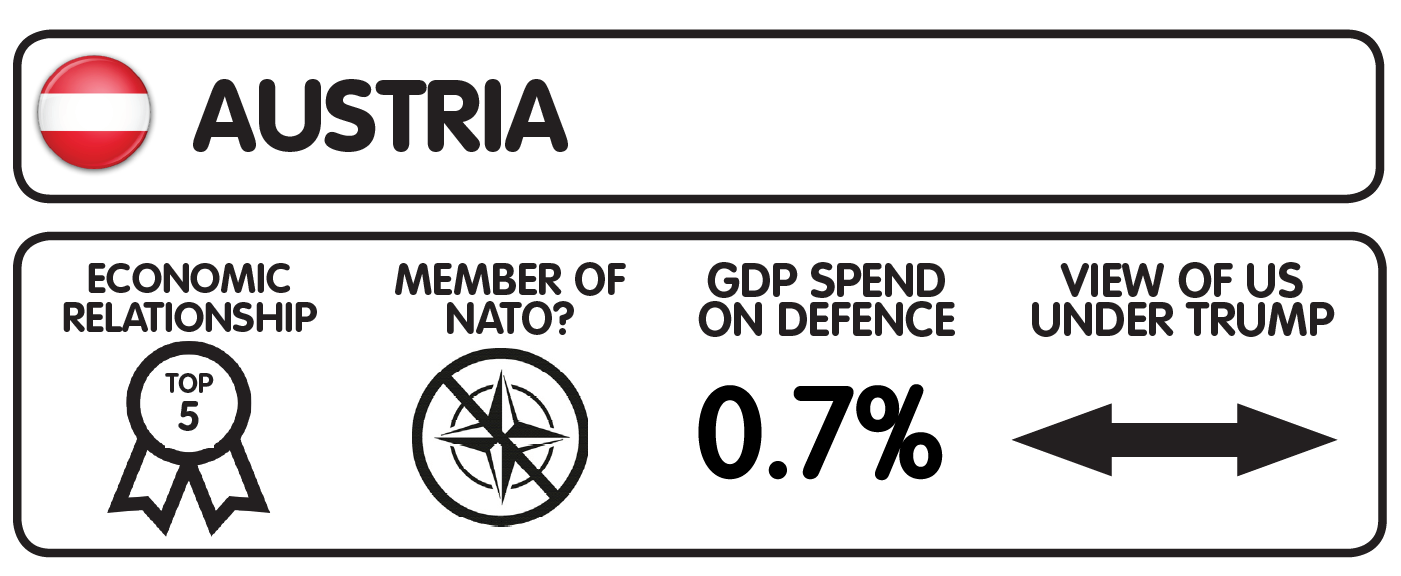
Economic power
The most important trade partners for Austria are Germany, the United States, Italy, Switzerland, and France. For many US companies, Austria serves as a gateway to central and south-eastern Europe, and is perceived as a good export market for US technology and services. Altogether, some 340 US companies have established subsidiaries around Vienna, contributing to a strong economic network between the two countries. The economic relationship is very important as the US is Austria’s second most important trade partner. Austrian exports to the US represented over $10 billion in 2016, and they include specialised industrial machinery, pharmaceuticals, glassware, electric power machinery, and food products.
Security power
As Austria is not a NATO country, relations with any US government and administration are primarily focused on trade and investment and less on security and sovereignty issues. Whoever is in power, Austria maintains regular contact with the US on developments in the western Balkans, and it participates actively in UN/EU/NATO-led peacekeeping operations in this region. Austria participates in counter-terrorism activities and is in constant dialogue with the US in this field. However, intelligence cooperation is more one-sided: insofar as the US uses Vienna as a hub for its intelligence activities, it is mainly to do with matters pertaining to the UN and other international organisations.
Cultural power
The general public is favourable to the American way of life. But it is not convinced that strong US leadership is good for effectively tackling the challenges that the world, and Europe in particular, face. There is no strong social and cultural impact from the US in Austria and there have been no significant changes in this situation during the last ten years. There is little strong interest in Austria from American political consultants, so their activity in the political domain is also quite limited. There is no strong interest in Austria among American media and technology firms.
Moral power
Austrians are among the Europeans most critical of American leadership. According to one poll, 60 percent view American leadership in the world as negative and only 34 percent as positive. However, the latter has risen 2 percentage points since 2014, and there have been no new polls on this questions since. But the debate in Austria suggests that the image of the US has suffered already due to the presidential campaign but also afterwards.
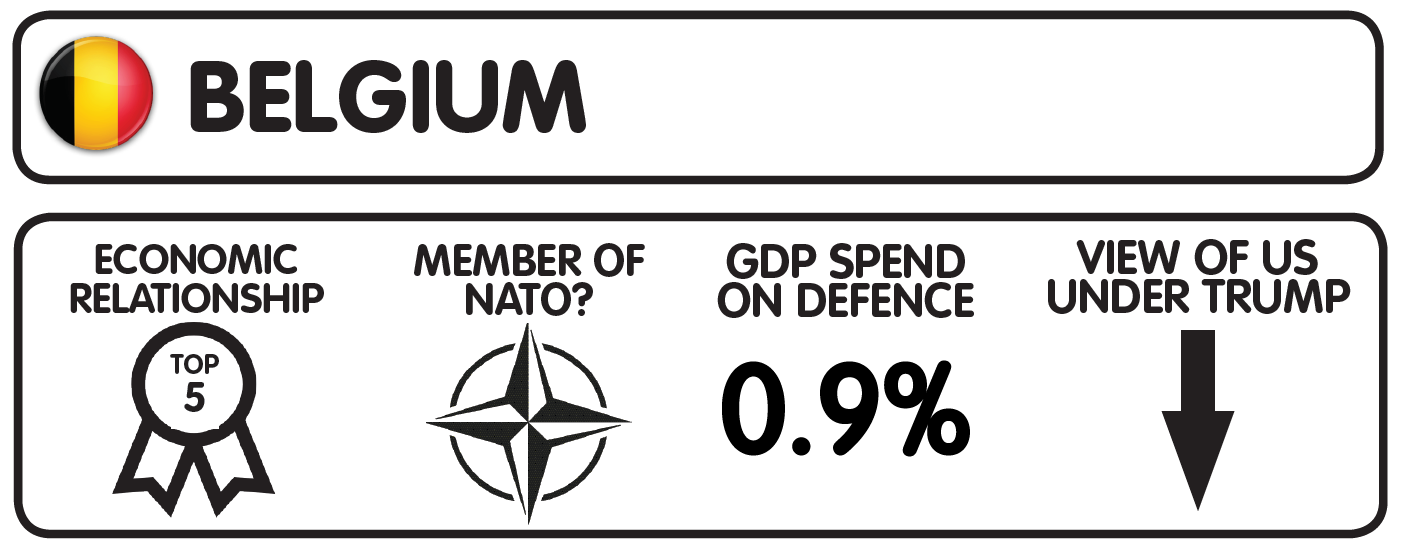
Economic power
Belgium’s relationship with the United States is crucial, as the US is Belgium’s main non-European supplier and its largest non-European customer. In the first nine months of 2016, the US was the country’s fourth largest supplier: it represented 8.4 percent of Belgian imports, around $22 billion. In terms of exports, the US is Belgium’s fifth biggest buyer, accounting for 5.9 percent of Belgian exports, worth $16.7 billion. Key sectors in this relationship are: pharmaceuticals, chemicals, technology, and weaponry. The 900 majority-owned US companies active in Belgium directly employ more than 125,000 people – 4.3 percent of Belgium’s total private sector employment.
Security power
NATO will remain the central pillar of Belgian security, and the election of Donald Trump has not altered this geopolitical fact. The country is aware that the new US administration will insist on a more balanced financial burden-sharing. In this context, political leaders, officials, and diplomats seem to be ready to spend more on defence. Positive statements from diplomats have reassured Belgian politicians and diplomats that NATO will remain at the heart of the Euro-Atlantic defence architecture. The financial burden will nevertheless have to be shared. This rather optimistic evaluation has also been confirmed thanks to several contacts established with other officials from the Trump administration.
Cultural power
The cultural and social impact of the US in Belgium in the last decade can be divided into three phases: the Bush era, the Obama era, and the election of Trump. In the Bush era, Belgian perceptions of the US were rather negative. The invasion of Iraq in 2003 unleashed anti-American discourse. The election of Barack Obama can therefore be seen as a turning point. In Belgium, Obama was seen as much more thoughtful, competent, and peaceful than his Republican predecessor. His presidency initially generated a lot of hope among Belgians. Trump’s election marks a new low point in terms of the image of the US in Belgium. His victory surprised the country and greatly diminished US soft power among Belgians.
Moral power
Belgian officials feel that the US does contribute to the promotion of liberal values on the international stage, but that the role of the European Union is also crucial. Belgium is one of the strongest supporters of both the EU and liberal values, and so it does not intend to rely solely on one country, even though the US is one of its main allies. According to a January 2017 poll, 70 percent of Belgians thought that Trump would not be a good president and only 14 percent of them thought the contrary. Belgian newspapers scrutinise the Trump administration’s every move, and are very critical of him on matters such as the ‘Muslim ban’, and his relationship with Russia.
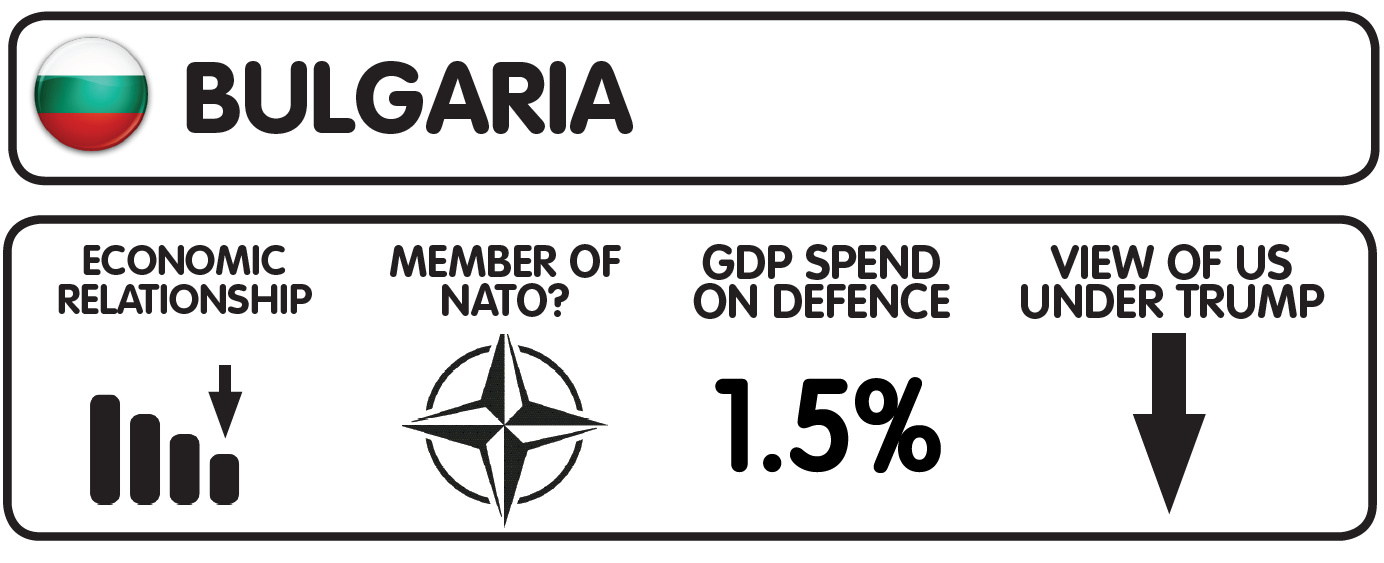
Economic power
The United States was the ninth biggest investor in Bulgaria between 1996 and 2014, mainly in the energy and automotive sectors. Many in Bulgaria consider the US to be a leading economic partner for their country, despite the statistics showing it to be less important than others. European Union countries are Bulgaria’s top trade and investment partners, with over 60 percent of trade and major foreign direct investment flows coming from the EU. Bulgaria does not import oil and gas from the US, but two of its largest coal power stations are owned by US companies – Thermal Power Plant AES Galabovo and ContourGlobal Maritsa
East 3, operating with local coal.
Security power
Bulgaria considers NATO the cornerstone of its security. The effect Donald Trump will have depends mainly on his policy towards the alliance. Even if the US does not disengage from NATO completely, it might not be as active as it has been in the past, and it is clear that Europe should do more for its defence. Experts and politicians agree that Trump’s position means that NATO members are likely to increase their national defence budgets, including Bulgaria. Bulgaria is on track to reach 2 percent in defence spending by 2024. There is a sharp divide of opinion in the country with regard to Russia: while most foreign policy experts and administrators are concerned about a US-Russia accord that leaves Europe out in the cold, there are some who expect and count on this.
Cultural power
In the early 1990s, there was a fascination with the US. It – or rather the image people had of the US – served as one of the templates for the transformation of Bulgarian politics and society. But often this was simply a projection. The late 1990s and early 2000s witnessed the country’s double accession to NATO and the EU with much enthusiasm and high expectations from ‘joining the West’. Fast-forward to the present day and anti-Americanism is commonplace. It is to be found mostly in nationalist, far-left circles, and there appears to be a correlation between pro-Russian and anti-American sentiments; proponents view them as a dichotomy. But there is a twist: since the election of Trump the nationalist far-left has become much friendlier towards the US, and will remain this way as long as relations between Trump and Vladimir Putin remain good.
Moral power
After its own democratisation took place, Bulgaria looked to the US for leadership in promoting liberal values in the Balkans and Black Sea neighbourhood. Currently, the situation is unclear and Bulgaria is not active in democracy promotion. There is a paradoxical situation, whereby mostly liberal pro-Americans have remained pro-American and previous anti-Americans have become pro-American because of their sympathies for the new president. In a way, Trump’s views and supposedly excellent relations with Russia have improved the public image of the US in
anti-American circles, and the US has ‘gained’ new friends. A European Trump Society has even been established. Overall, however, the image of the US in Bulgaria remains largely unchanged.
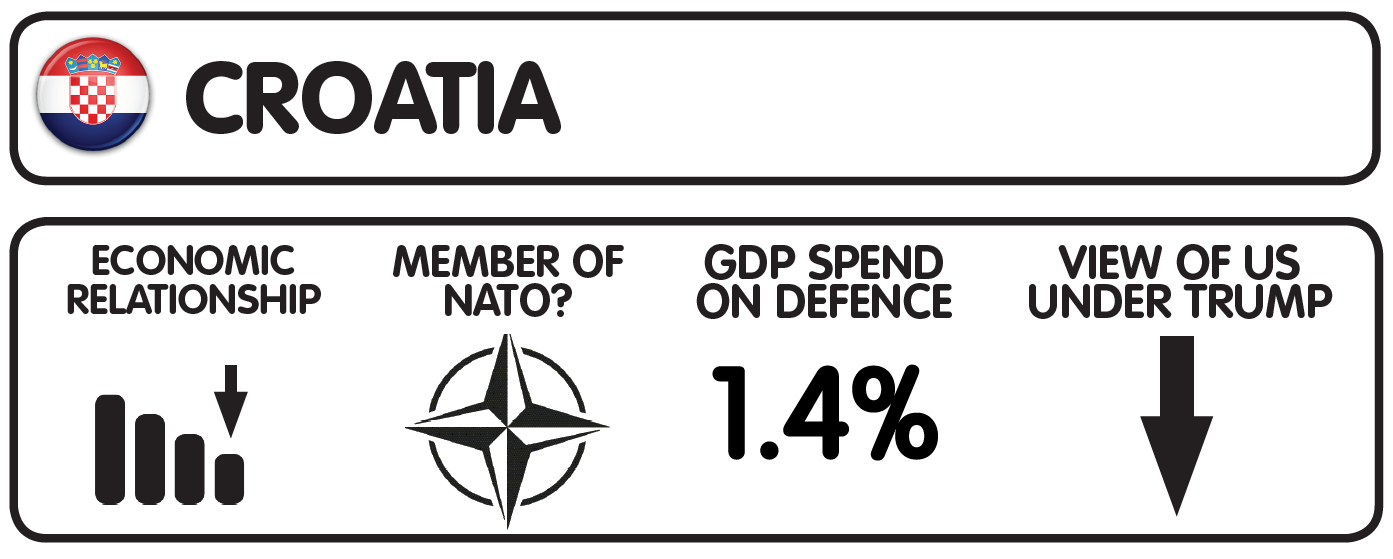
Economic power
The United States is considered to be an important economic and strategic partner in Croatia, but American interests are primarily viewed through the lens of security. Over the last year Croatia’s most important trade partners were European Union member states, which made up 66 percent of goods exports and over 77 percent of imports. The US is not among Croatia’s top five partners economically, although exports have increased significantly. Before the low oil price led to a decrease in US interest, the US invested significant amounts in preparations for tenders for oil research and exploitation of undersea sites in Croatia.
Security power
Croatia primarily looks at the US through the prism of defence and security; NATO is considered to be the main anchor of stability in south-east Europe. As long as Donald Trump’s administration stays committed to the alliance, he will be viewed as materially supporting Croatian national security, sovereignty, and political independence. For Zagreb this is especially important in the context of renewed Croatia-Serbia tensions. Additionally, there is a hope that Trump’s position may actually strengthen NATO – especially when it comes to the 2 percent defence spending requirement. Still, a potential American disengagement from the region is viewed as a scenario which would have disastrous consequences for Bosnia and Herzegovina, Kosovo, and Montenegro.
Cultural power
Croatia has always expressed its full commitment to programmes supported by the US embassy, which include the organisation of seminars, lectures, summer schools in culture management, professional specialisation, and programmes for young artists. Only one high-profile case of US political consultancy has attracted particular media attention. The opposition Social Democratic Party hired Alex Braun for the 2015 election, causing some lasting reputational damage to the party due to the elevated costs of his PR services. Among numerous examples of cultural cooperation between the US and Croatia, recent examples include a two-year arts management seminar which ended in 2016, organised by the Croatian Ministry of Culture alongside the John F. Kennedy Center for the Performing Arts and the DeVos Institute of Arts Management at the University of Maryland.
Moral power
Croatia looks to the US for moral leadership, and Croatian politicians rarely fail to mention that the two countries share common Western values. Additionally, the US has provided assistance throughout Croatia’s Euro-Atlantic integration process, promoting lasting political reforms, greater public accountability, democratisation, human rights, and oversight of government operations, as well as a free and independent media. The US is also seen as an active promoter of strengthening the rule of law and equal rights – in Croatia and globally. In general, the public and the NGO sector, as well as the political and diplomatic establishment, continue to frown upon Trump for a number of reasons, most importantly on security.
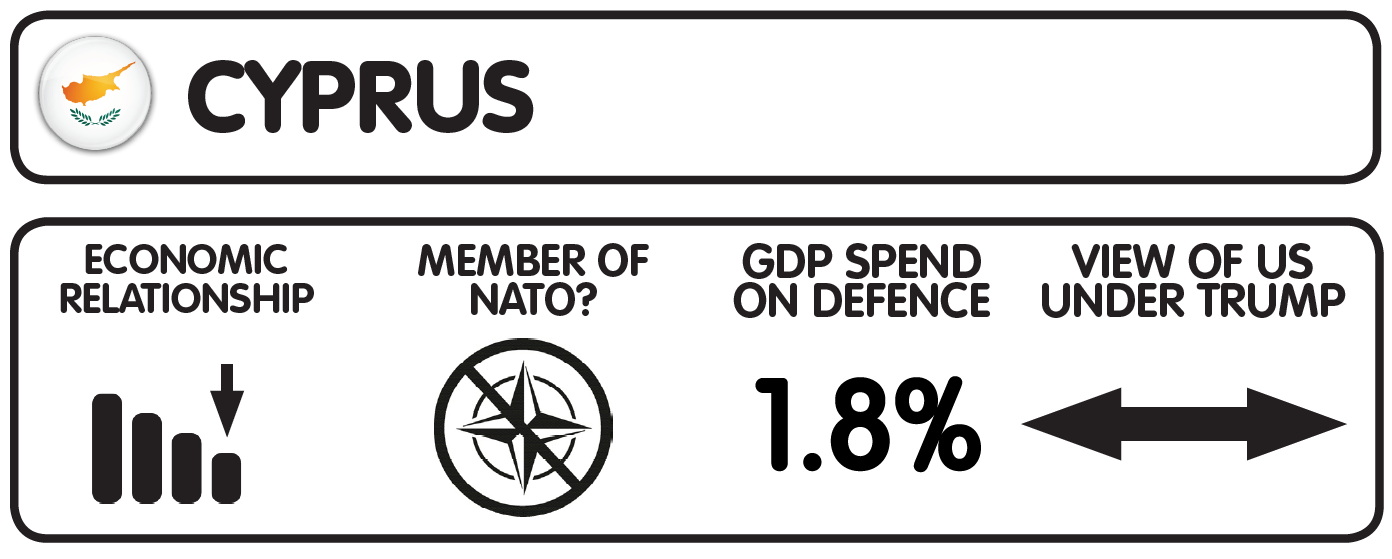
Economic power
It is in the field of politics that the United States is principally a powerful ally and partner for Cyprus, and the economic relationship is less important. The US does constitute an important trading partner, but does not find itself in Cyprus’s top 10: in 2016, the US was the 11th largest trading partner in terms of imports (2.1 percent of total imports), and fourth largest trading partner in terms of exports (2.8 percent of total exports). Exports and projects involving US investment are to be found primarily in energy, financial services, tourism, logistics, and consumer goods. These sectors reflect Cyprus’s main economic activities.
Security power
Security is viewed through the prism of a divided Cyprus. The US, as a permanent member of the United Nations Security Council and recognising the Republic of Cyprus as the island’s sole representative, holds vital strategic importance for the country. Although Donald Trump is yet to make a statement on Cyprus (in particular, after the failure of reunification talks in July 2017), US policy is expected to remain unchanged, consisting of a commitment to reaching a comprehensive settlement on the island. Cyprus is not a NATO member state but the current Cypriot government is willing to increase ties with the organisation. However, the Cypriot government believes that Trump will continue to support NATO.
Cultural power
Both sides continue to express enthusiasm over future cultural cooperation. The US has been contributing to cultural life on the island since 1981, first via the Cyprus American Scholarship Programme through which thousands of Cypriot students have been able to study in the US. Since 1997 in particular, this assistance has shifted to promoting bicommunal rapprochement between Turkish Cypriots and Greek Cypriots. A variety of civil society organisations have received grants to increase their fields of work particularly in biodiversity, consumers’ and patients’ rights, and children’s issues. Since 2005, the United Nations Development Programme’s Action for Cooperation and Trust programme has worked with Cypriot organisations to design and implement projects which will help build the foundations for lasting island-wide relationships. The focus is on multicultural education and youth empowerment.
Moral power
Cypriot society acknowledges the liberal values promoted by the US, but at the same time it is very much in favour of following European values. The European Union also promotes liberal values not just within the union but to the rest of the world. As Cyprus is part of the EU, Cypriots believe that they are more involved in the promotion of such values. According to the 2016 US Global Leadership Report conducted by Gallup, 30 percent of Cypriots approve of US leadership, with 37 percent disapproving, and 33 percent uncertain.
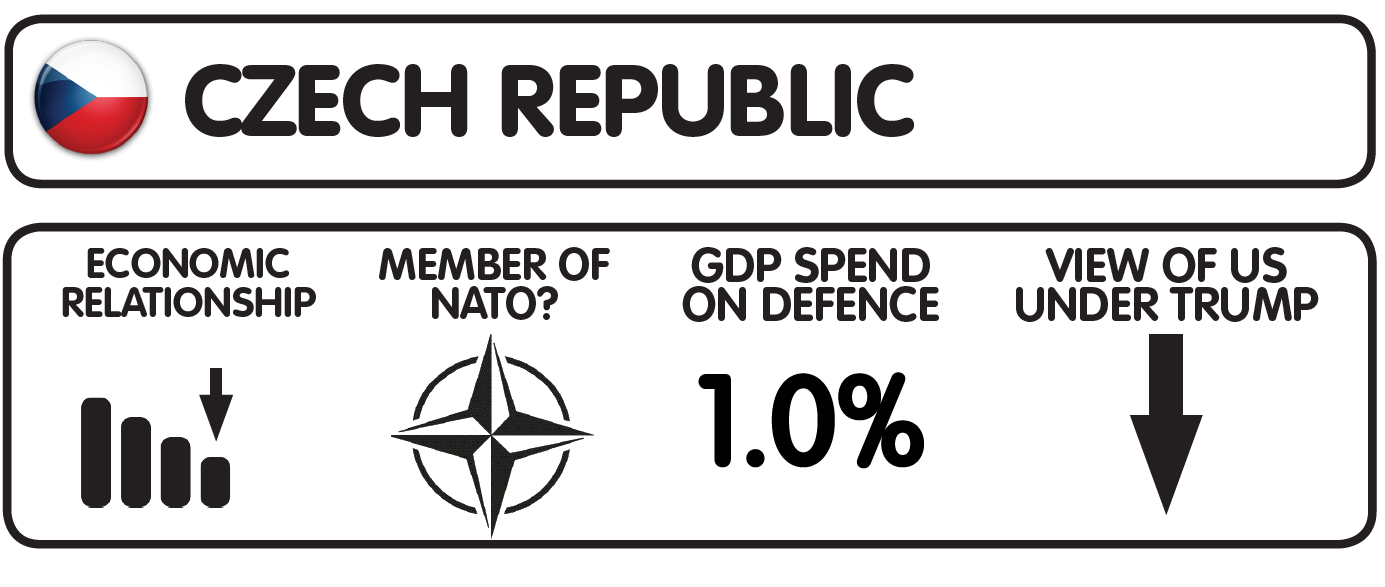
Economic power
The United States is a minor trade and investment partner for the Czech Republic. In 2015, the Czech Republic ranked in 26th place for the US, and the US was in turn the 12th most important trading partner for the Czech Republic. The main sectors in trade are the aviation industry, particularly jet engines, the automotive industry, and pharmaceutical products. The government would like to see more cooperation with the US, especially in sectors of the economy with higher added value, such as research and development. On the other hand, the Czech-US bilateral investment protection treaty is considered to be unfavourable. The government was particularly interested in the ‘investment’ part of the Transatlantic Trade and Investment Partnership. It had hoped this would be a good alternative to a less favourable trade and investment treaty that the Czech Republic signed with the US at the beginning of the 1990s.
Security power
The Czech Republic sees NATO as the main guarantor of its national security. The crucial position of the US within NATO is seen as a principal mechanism through which that country assures Czech national security. The deployment of American troops to Europe, something which is continuing under the new administration, also increases Czech security. The government had been worried about statements from Donald Trump on NATO, but it hopes that the pro-NATO stance of professionals in the administration will prevail. That said, the US has little direct impact on Czech national policy. The last time such impact was visible was between 2006-9, when the US planned to place part of its missile defence in the Czech Republic, which led to a very mixed reaction in the country.
Cultural power
In the decade after the Velvet Revolution in 1989, the US exerted a strong social and cultural influence on the Czech Republic. The Czech people looked up to the US as a model of a free and democratic society. The US still has a large cultural impact through cinema, music, and social media. However, its influence as a model is diminishing – the Czech social model, with its emphasis on solidarity, is very different from that of the US. Major American IT companies are active in the Czech Republic, and there has been a backlash against Über. The largest commercial television company in the country is owned by company whose major shareholder is Time Warner.
Moral power
Former president Vaclav Havel was consistent in promoting the US as a moral leader and symbol of liberal values in the world. He had such a large influence on Czech foreign policy that for many years it remained strongly value-orientated, with democracy promotion as one of its main priorities. However, Havel’s legacy has faded and the country now behaves more and more like a pragmatic trade-orientated country. At the same time, by the end of the George W Bush presidency the image of the US had deteriorated. While journalists and other opinion-formers reject Donald Trump, a recent poll showed support in the country for the president’s latest positions, including 62 percent support for closing the border to refugees. The image of the US in the Czech Republic remains little changed overall.
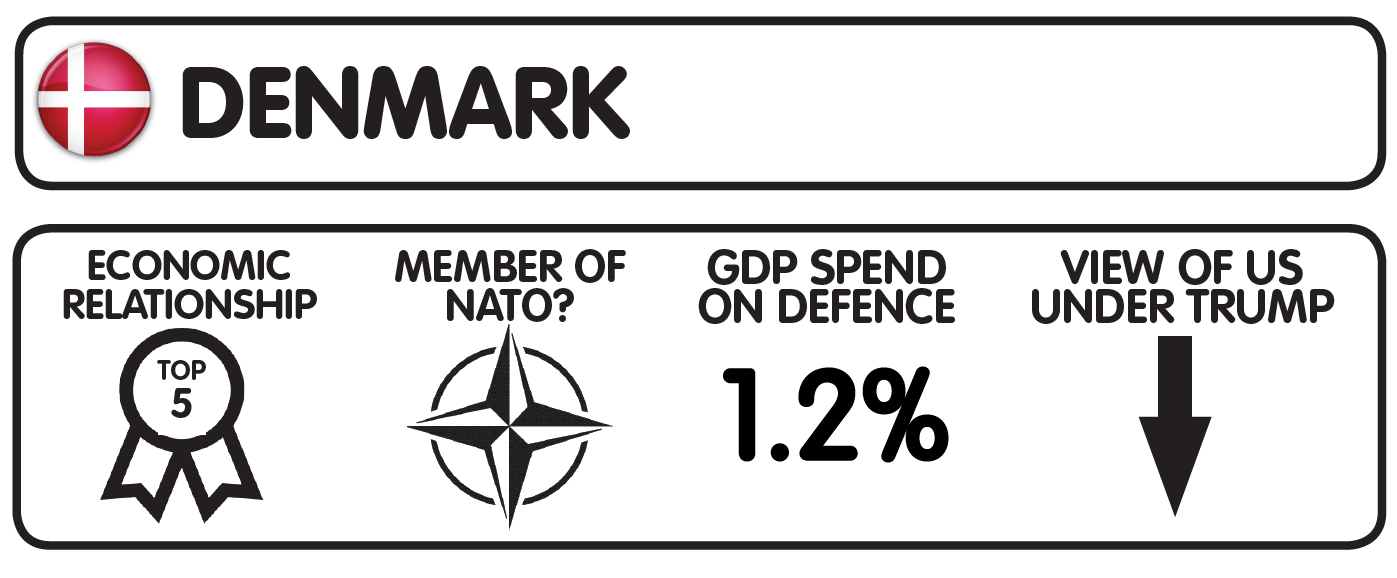
Economic power
The economic relationship with the United States is crucial for Denmark. The US is Denmark’s largest non-European trading partner, and its fourth largest export market. In 2015, 2,750 Danish companies exported to the US, and 650 Danish companies own subsidiary companies in the US, employing around 65,000 people. In turn, the US has around 550 subsidiary companies in Denmark which employ around 39,000 people. Key for Denmark is the climate change sector, which Denmark has devoted significant time and resources to in recent years. This will be more difficult under the Trump administration. Denmark also worked very actively towards the adoption of the Transatlantic Trade and Investment Partnership agreement, which was a main economic interest in the relationship with the US.
Security power
Danish willingness to follow the US line on security matters, including active participation in US or NATO interventions, has meant that Denmark has evolved from being part of a large group of valued European allies to being part of a smaller group which benefits from a special flow of information. It has gained unprecedented access to American decision-makers. The expectation in Denmark is that US support for NATO will remain. But, since the election of Donald Trump, the Danish prime minister and defence minister have emphasised the need for Denmark to increase defence spending. A wide range of Danish politicians and commentators have also argued that, in the wake of the US presidential election, Denmark should form new alliances on security within the EU.
Cultural power
American culture – and particularly popular culture, from jazz, rock, and rap to television shows and literature – has had a longstanding impact on Danish culture. This has not changed in the past ten years. The number of American expatriates in Denmark is not particularly high, which also means that they have not played much of a direct role in domestic politics or the economy. US companies became involved when state-owned IT companies in Denmark were privatised. As a consequence the backbone of Danish IT infrastructure has been developed and managed by American companies. In 2015-16, the US was the number one destination for Danish tourism outside of Europe.
Moral power
Generally, a majority of political parties, as well as the Danish public, has considered the US to be a moral leader with the ability as well as the responsibility to promote liberal values in the world. Since the end of the cold war, Denmark has participated actively in all major US military interventions, including Iraq, Afghanistan, and the anti-Islamic State group coalition in Iraq and Syria. While there was distinct unhappiness among the public about the Iraq war in 2003, the long-term fallout of this was limited. A poll by Megafon and TV2 in February 2017 showed that a majority of the Danish public believe the Trump presidency poses a direct threat to national security. Fifty-nine percent said the Trump presidency was the biggest fear they had, followed, at a distance, by terrorism and Russia.
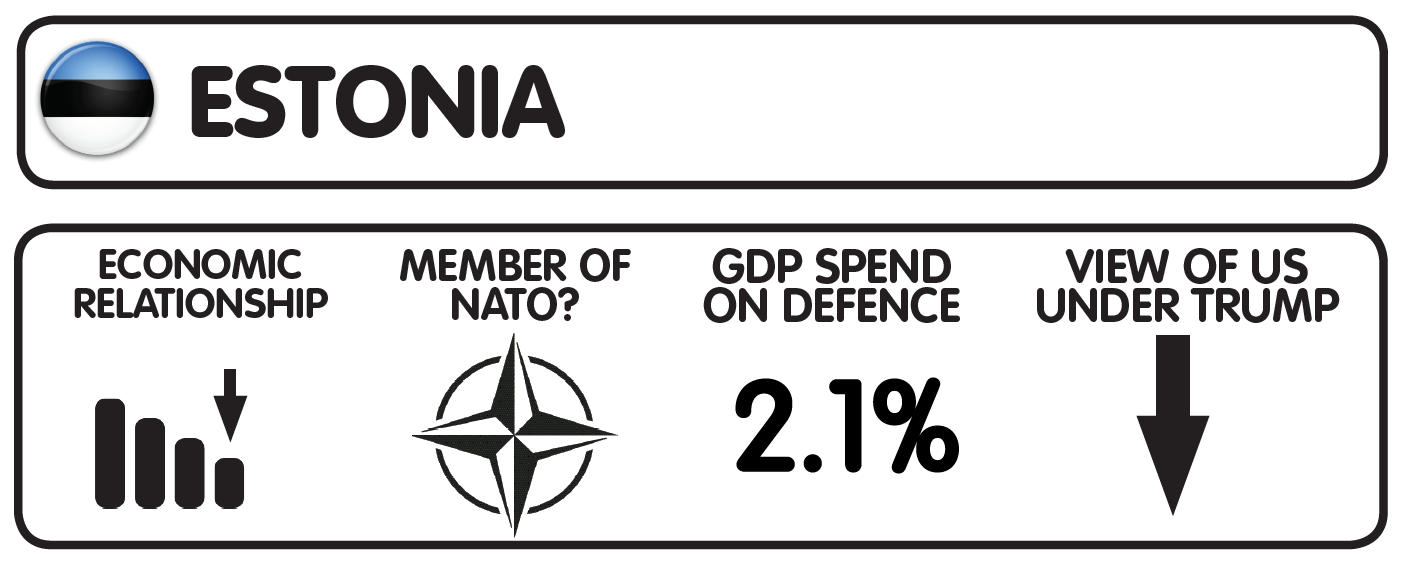
Economic power
The United States does not sit among Estonia’s top ten trade partners. However, Estonia does see the US as an important partner in the field of high technology (such as IT and biotechnology), and it views the US as a major source of new technologies and venture capital. After US investments in the national railway and national energy services were rejected in the period of privatisation in the 1990s, the level of US investment in Estonia remained relatively low. One sizeable investment is that made by Molycorp to the local fertiliser company Silmet. In terms of economic freedom and the free market, there is great support among Estonians for the leading role the US plays in the global economy.
Security power
From Estonia’s perspective, the main component of deterrence against Russia is the US military presence in the form of: ground forces; the ground attack aircraft A10; the mid-range air-defence system used to protect the ground force base in Tapa; and the air force base in Ämari. During the Obama presidency, the US also contributed financially to developing military infrastructure for US troops to use. Thanks to this, Estonians value the US contribution to the provision of security in Estonia even more than previously. The Estonian government hopes that the US will continue to uphold NATO and bilateral security cooperation with Estonia. Estonia fulfils the NATO criterion of defence expenditure running at 2 percent of GDP.
Cultural power
Before the restoration of Estonia’s independence, the US symbolised the ideals of freedom and democracy, against the backdrop of the overregulated and autocratic society in the Soviet Union. At that time, Estonians also enjoyed relatively close contacts with the Estonian diaspora in the US and Canada, who fled there following the Soviet occupation of Estonia in the 1940s. Over the last 25 years, the US has often been held up as a positive example in terms of the rule of law. The US now has an important social and cultural impact on Estonia through the spread of US mass culture and social media, such as Facebook, and Twitter, and YouTube.
Moral power
Estonian business, particularly in sectors related to free trade and innovation, still considers the US an important example to emulate. Since regaining its independence, Estonia has mainly pursued the US model of free trade and a free market economy. This approach has also somewhat spilled over into how Estonian society is arranged. For example, people are personally responsible for their education (particularly at university level), careers, and professional success. Doubts around the death penalty, Guantanamo Bay, and the US position on the International Criminal Court have somewhat reduced American moral authority. However, Estonians still consider the US the main moral cornerstone in today’s world and a security guarantor in the international arena.
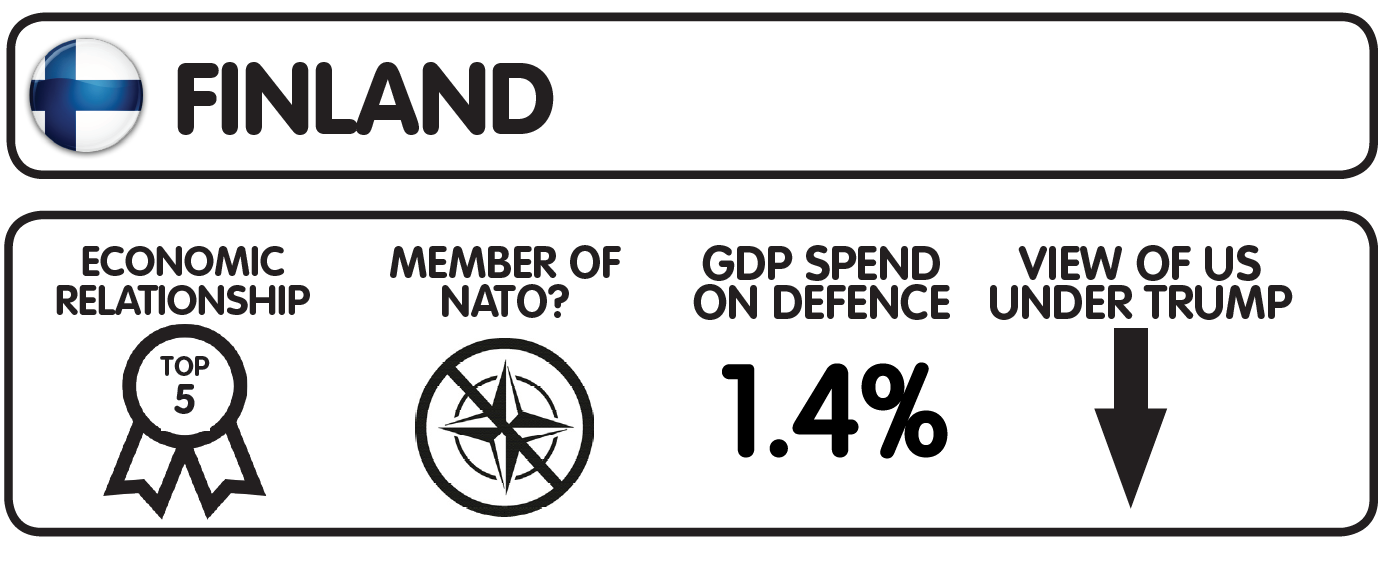
Economic power
Finland’s most important partners in terms of the economy, trade, and investment are all members of the European Union. However, among non-EU countries, the United States’ economic importance is underlined by its role as Finland’s third biggest export market and by Finland’s large trade surplus with it. Exports from Finland to the US consist above all of paper and paperboard, industrial machinery and motors, instruments and meters, electric machinery and equipment, chemical products, and refined petroleum products. Imports from the US to Finland include machinery, transport equipment, and telecommunications equipment.
Security power
Although Finland is not a member of NATO, the current Finnish government – like its predecessors – considers the US commitment to NATO and its continuing military presence in Europe to be crucial for Finland’s and Europe’s security. Finns do not view the EU as a real alternative in this sphere. In this sense, Finland was as concerned about Donald Trump’s ambiguous, or even critical, remarks about NATO as many NATO member states were. Key areas of cooperation between Finland and the US include
counter-terrorism and intelligence cooperation. The US is Finland’s most important bilateral partner when it comes to the arms trade, as it sold to it most of Finland’s pivotal defence equipment.
Cultural power
A decades-long theme in Finnish debates is that Finland is ‘Europe’s most Americanised country’. US influence is most notable in popular culture, with Finnish television channels buying in a substantial share of their content from the US. American movies dominate at the cinema. At the same time, Finns do not encounter many Americans in their country: Swedes, Russians, Germans, Britons, Chinese, and Japanese are ranked before Americans when it comes to tourism.
Moral power
Finns have traditionally viewed the US as the embodiment of ‘the West’ and a beacon of free trade. At the same time, the Finnish population has a deep-seated suspicion of ‘great power politics’. Finns are especially negative about the US under Trump: according to survey data collected by the Finnish Business and Policy Forum in early 2017, only 1 percent of Finns fully agree and 10 percent partially agree with the statement that ‘the US acts correctly in international politics and deserves the support of Finns. The survey data also showed that 66 per cent believe that the number of wars and conflicts in the world will increase as a result of the new administration.
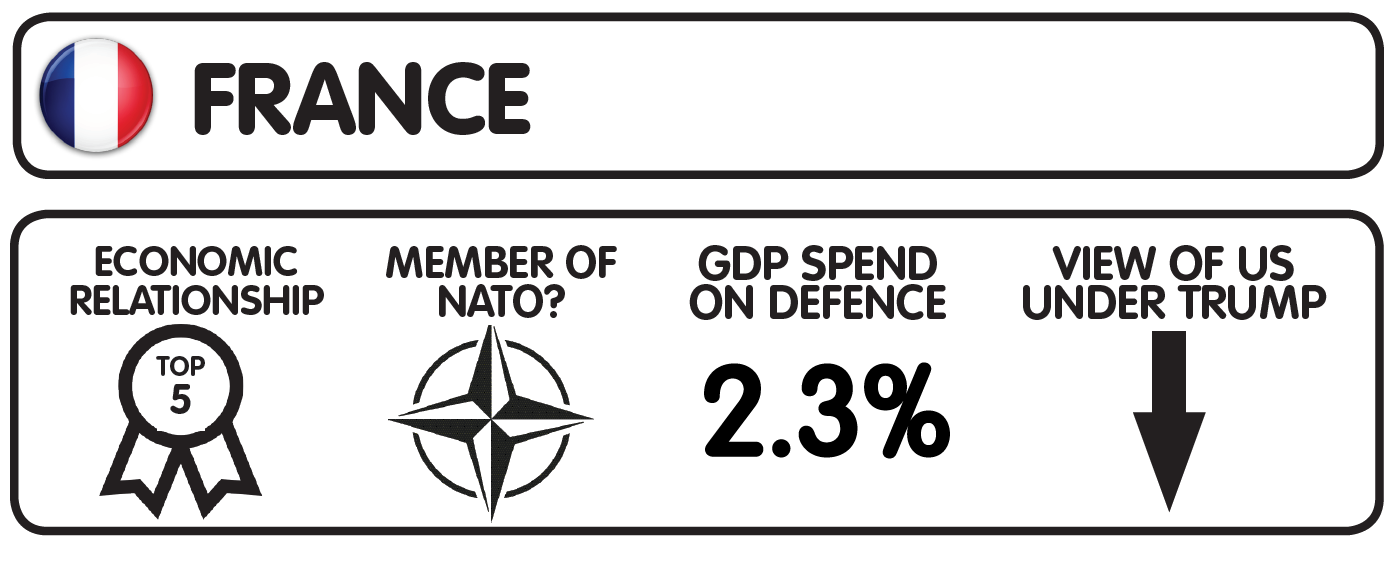
Economic power
Trade and investment in research and development are key dimensions of the Franco-American relationship. They are often underestimated in France, where the media focuses primarily on foreign and security policy cooperation. The United States is France’s second biggest trade partner, and exports to the US market are vital for French industry. This cooperation pertains mainly to luxury products and transport equipment, machinery, chemicals, and pharmaceutical products. Another dimension of the economic relationship concerns extensive research and intellectual exchanges. France is the fourth most common destination for Americans studying abroad, with more than 800 inter-university agreements in operation and 17,000 American students welcomed each year. The US is France’s leading scientific partner: together they produced over 12,000 co-publications in 2012, representing more than a quarter of French international co-publications.
Security power
The consensus remains that the US is an indispensable partner in European security. France is less directly affected by a potential weakening of US support to NATO, but the French government expects that the Trump administration will not review its commitment to guaranteeing European security. The US will continue to help France’s national security by: supporting the military mission in the Sahel region financially and logistically; sharing intelligence and know-how in the fight against terrorist cells in Europe; and leading the coalition against the Islamic State group. For the French government, NATO and European defence are not mutually exclusive, and it feels that France should invest more in its defence in order to strengthen its national strategic autonomy, reinforce NATO, and develop a more credible European defence outside the NATO framework.
Cultural power
After difficult years during the George W Bush administration in which underlying anti-American sentiment hardened, Barack Obama’s remarkable popularity in France led to a ‘golden era’ for US cultural impact in the country. This cultural impact is primarily centred on the movie and music industries. Sport, on the other hand, has lost the influence it previously had between the 1970s and the 1990s. In the past 15 years, proficiency in English has improved dramatically, and the use of English terms in the French language continues to grow. Activist movements, especially in the suburbs of major French cities, have drawn inspiration from American civil society movements such as Black Lives Matter.
Moral power
The notion of the US as a moral leader in the world clashes with the idea of French exceptionalism on which France’s understanding of its strategic autonomy is built. However, the US is seen as an ally to promote the common values on which the postwar order was built. In this understanding, it is important to retain US leadership in promoting human rights, democracy, free trade, and the institutions of the international liberal order. Although the French government and the Obama administration did not agree on every international issue, the Obama years were characterised by a clear improvement in the bilateral relationship, embodied by joint efforts to promote a common vision of the world.
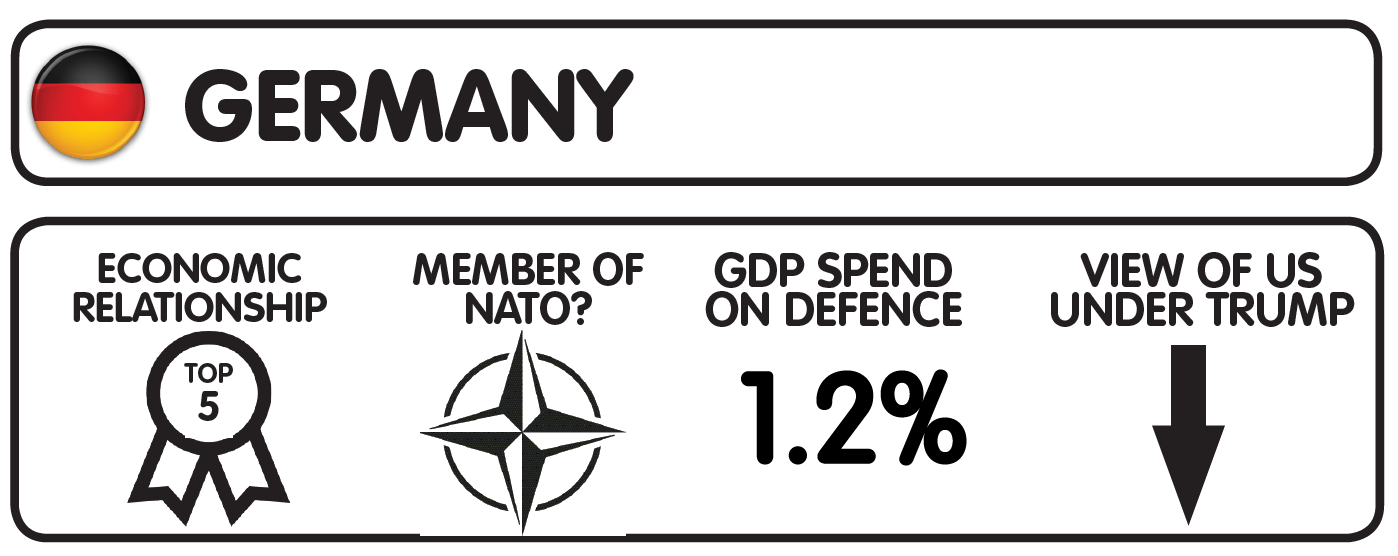
Economic power
The United States is a crucial trading partner for Germany, especially given that it is the number one export market for the heavily export-orientated German economy. The US is the biggest buyer of German exports and Germany is the US’s most important trading partner in Europe. In 2015, exports to Germany accounted for 3.3 percent of total US exports, and imports from Germany accounted for 5.5 percent of total US imports. The main sector for trade is transport equipment, followed, at a distance, by chemicals and machinery. In Germany, around one million jobs are directly or indirectly dependent on German exports to the US. An additional 630,000 German jobs depend on American companies based in Germany.
Security power
In Germany, the view in the political class is generally that Donald Trump will continue to help to protect Germany’s national security. There is confidence in this view because of Germany’s commitment to NATO and the stationing of US troops in Germany. Even before Trump was elected, an ongoing debate about increasing defence spending had been triggered by the annexation of Crimea and the need to renew German Bundeswehr military equipment. The German government views investment in its own defence as beneficial for both NATO and European Union defence frameworks. But in the past Germany has mostly engaged in strengthening the institutional framework and the pooling and sharing of Common Security and Defence Policy capabilities, rather than investing in more defence capability within a European framework.
Cultural power
The influence of American popular culture on German society has shaped the attitudes and interests of generations of Germans. In the past decade the advent of high-speed internet has promoted this further, with US internet companies like Amazon and Facebook dominating the daily life of many Germans. Concern has grown about some of these companies’ approach to privacy issues and, in the case of social media, to hate speech. The US is also a key market for German tourism, and Americans are the nationality third most likely to stay overnight in tourist accommodation. German travel to the US dropped by 18 percent in January 2017 compared to the year before, but the exchange rate played a role in this.
Moral power
The German public has been very ambivalent towards the US in the past decade. There is an appreciation of the role of the US in liberating Germany but also criticism of many current policies. The US-led invasion of Iraq had a serious impact in this regard, as did the question of data protection, an issue particularly sensitive for Germans due to the experience of two dictatorships. The failed Transatlantic Trade and Investment Partnership negotiations also confirmed critics of the US in their beliefs. After Trump’s election, one poll showed that 63 percent of Germans did not think that the US is the country that most strongly promotes freedom and human rights. In 1981, in contrast, 57 percent of Germans felt that it did do this.
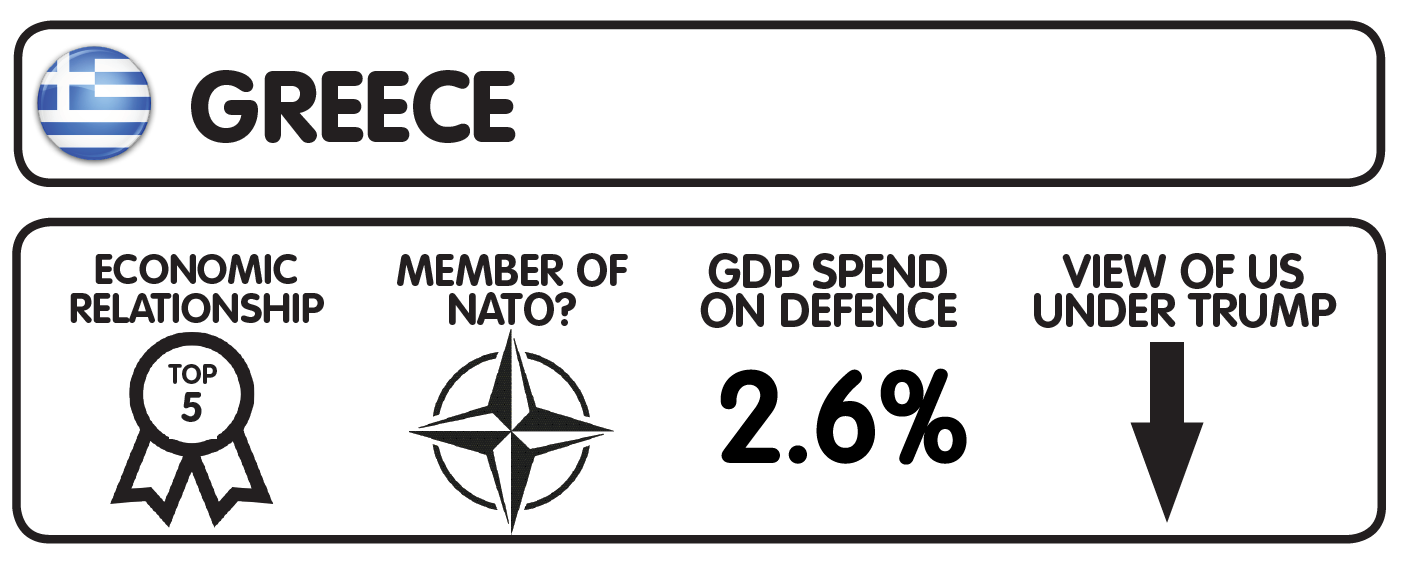
Economic power
The United States is important for the Greek economy in both political and practical terms. Barack Obama supported Greece remaining in the eurozone at all critical junctures. The Greek government’s main concern since the victory of Donald Trump has been that he would show little or no interest in the Greek crisis. In 2016 Greece’s exports to the US were worth €1,095 billion, equal to 4.4 percent of all Greek exports, making the US the fifth most important destination for Greek products after Italy, Germany, Bulgaria, and Turkey. In 2015, foreign direct investment from the US amounted to €827m, the seventh largest amount in 2015, following France, Germany, Ireland, Luxembourg, Switzerland, and the Netherlands.
Security power
The US use of the Souda Bay military base in Crete has been increasing over the past few years, prompting the Americans to broach a renewal of the Mutual Defense Cooperation Agreement with Greece. In March 2017 Greece and the US agreed to expand the joint training programmes of their military personnel. The two sides are also negotiating over whether US drones will fly over Greece and which Greek airports may be used for their stationing. In diplomatic contacts with the US, Greek diplomats have attempted to communicate the importance of Greece’s geographical position as a hub of stability in a turbulent neighbourhood. Greece does not agree with the sanctions on Russia and hopes the Trump administration can facilitate a discussion which would include the role of Russia in Europe’s security architecture.
Cultural power
Although American foreign policy priorities have not been welcomed in Greece, the social and cultural impact of the US is unquestionable, especially the domination of the American film industry. Greek organisations in the US and American organisations in Greece, such as the American Hellenic Institute and the Hellenic-American Association of Friendship, regularly organise cultural events. The US also has a significant impact on education. American institutions help Greek students to familiarise themselves with US teaching and research standards. The population of the Greek diaspora in the US is approximately three million; there is an ongoing brain-drain to the US due to the continuing difficult situation in Greece.
Moral power
Greece does not look to the US for moral leadership, nor does it expect the US to promote liberal values in the world. Anti-Germanism has replaced anti-Americanism in Greek society and politics, but American policies, especially at the foreign policy level, are still not viewed positively. Greece’s current favourable attitude vis-à-vis the US mainly reflects its need for Washington’s support in the ongoing economic crisis. A poll conducted in February 2017 showed that 66 percent of respondents in Greece have a negative opinion of Trump. Thirty-seven percent of respondents believe Trump will negatively influence Greece’s national interests.
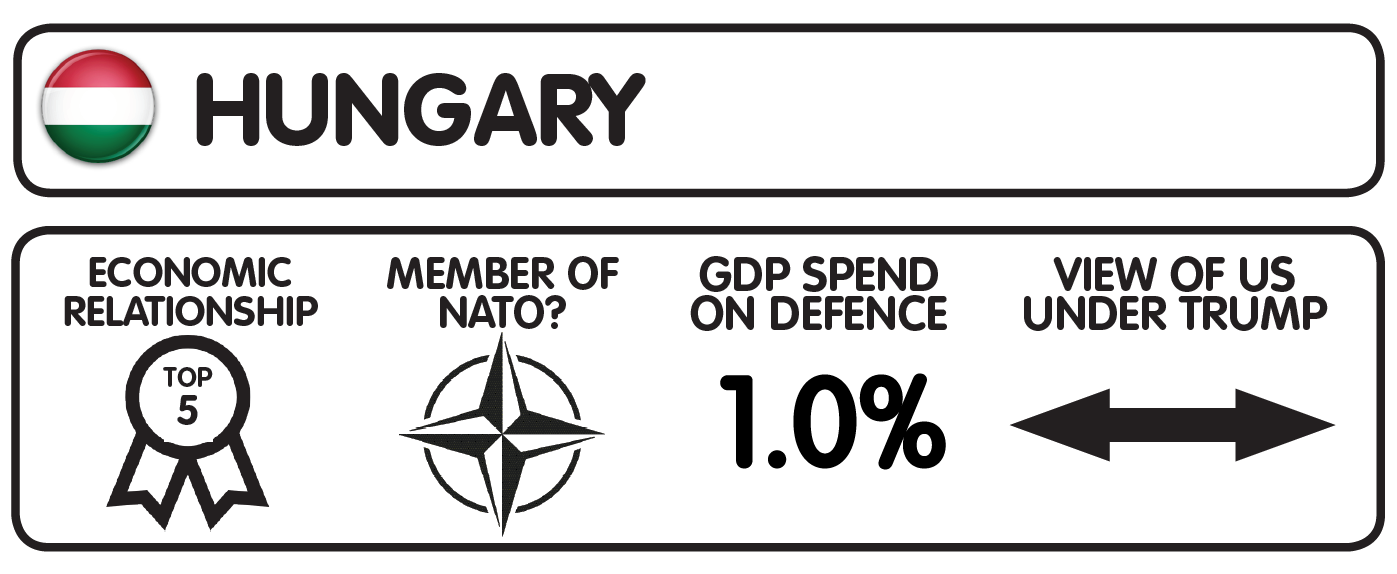
Economic power
Hungary’s main goal in its relations with the United States is to strengthen economic cooperation. While trade with it is not large, the US is already the second biggest investor in Hungary after Germany, in terms of the ultimate source of investment. Hungary seeks to position itself as a regional hub for the US in central Europe, and one of the largest American Chambers of Commerce in the region is based in Budapest. The Hungarian government supports companies trying to enter the American market by providing financial and logistical support. More recently, special attention has been paid to facilitate the market entry of start-ups to the West Coast. Hungary established a new consulate in San Francisco especially to support this initiative. Some officials expressed worries about a potential indirect economic effect of Donald Trump’s trade policies, which could disadvantage the German economy to which Hungary is closely connected.
Security power
Through NATO, the US is Hungary’s primary partner and the Hungarian government considers it the number one security guarantee for the country. In addition to cooperation through NATO policies and operations, Hungary participates in US-led coalition operations, such as the coalition against the Islamic State group. The US also provides Hungary with multi-faceted bilateral security assistance in the form of regular training and equipment, partly through the Foreign Military Financing programme. It is also a major partner on trade and donation of arms, and has equipped Hungary’s Special Forces with radio, night vision equipment, carabines, and Humvees. It is not expected in Hungary that these forms of cooperation will fundamentally change under Trump. Hungary argues that EU member states should increase their defence spending to reach the threshold of 2 percent of GDP.
Cultural power
Direct US impact through popular culture has increased in recent years. Hungarians often construct their image of the US through American movies, music, and television series, leading to somewhat distorted perceptions. In recent years, urban trends present in the US, like environmental consciousness, have become more popular in Hungary, especially in Budapest. The US is also the unrivalled reference point in the growing start-up culture in Hungary, and new companies focus on entering the US market. Similarly, the US remains the main destination for the newly rich to demonstrate their status, but it still ranks low in terms of destination countries for average Hungarians.
Moral power
The Orban government is against the idea of spreading liberal values and welcomes the fact that Trump does not see moral leadership as a priority. Over the past few years, the Hungarian government itself has been on the receiving end of American criticism concerning the state of democracy and the level of corruption in the country. This has damaged political relations between the two countries. After Trump’s election, state media communicated the positive response from the government, whereas the independent media has been more critical. Culminating in the adoption of the so-called NGO law in June 2017, the Hungarian government has increased pressure on civil society, particularly watchdogs and human rights organisations, which it labels agents of foreign interest or of George Soros. The amendments to Hungary’s higher education law, adopted in April 2017, have strongly disadvantaged the Budapest-based, but US-accredited, Central European University, registered in New York State. This has put its operation at risk and curtailed academic freedom in Hungary. Despite the change in the White House, however, the US administration viewed both laws critically.
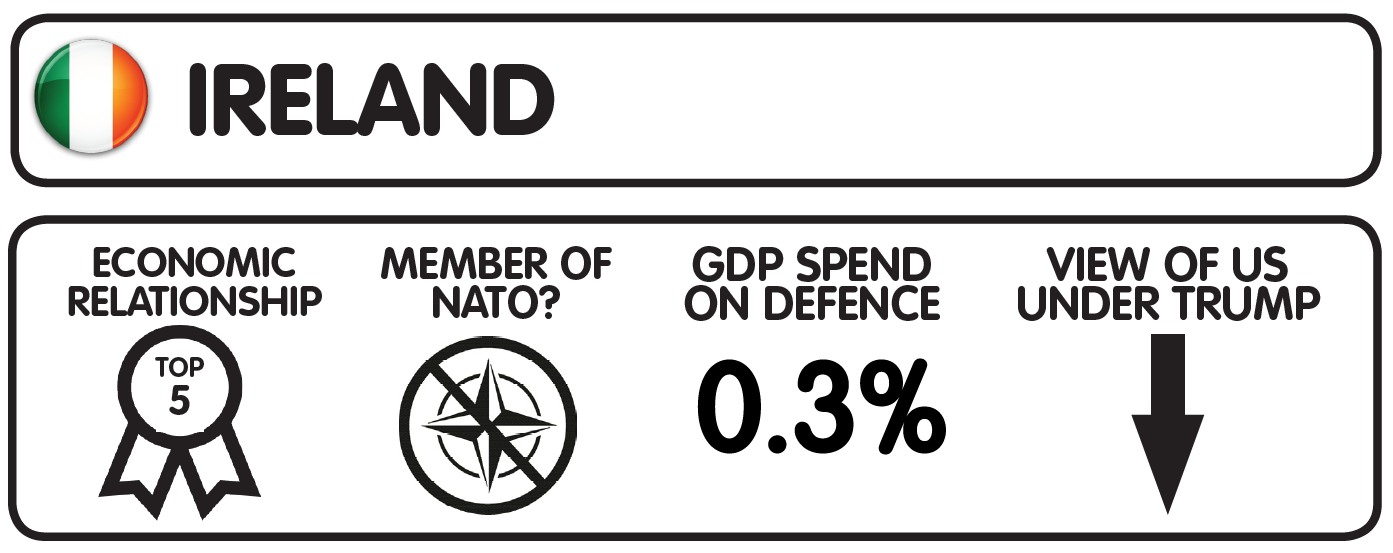
Economic power
The United States is a vitally important partner for Irish trade and investment, and has been a major driver of Ireland’s emergence as one of the most globalised economies in the world. The country is still Ireland’s second largest trade partner overall. According to data from the US Bureau of Economic Analysis, US investment stakes in Ireland ($310 billion) are greater than in many regions of the world, including Latin America, central America, China, Africa, and the Middle East. Over 700 US companies employ 140,000 people in Ireland. Many of these operate in digital and information technology and use Dublin as their EMEA headquarters. This figure excludes tourism, also a major source of employment in Ireland: the US is the second largest source of tourism for Ireland after the United Kingdom.
Security power
Ireland is not a member of NATO and has a policy of military neutrality. Traditionally, the US has been a positive force for Ireland, and the country has benefited from the postwar order in Europe and the security guarantees that the US has provided to the region.
Cultural power
The US has been a safe haven for the Irish for centuries, and the Irish diaspora there is sizeable and influential. The Irish American community has been a constant bridge between the two countries, even when the policies of US administrations were at odds with those of Irish governments or public opinion. The rise of fundamentalist conservative values in the Republican Party have also caught the public’s attention in Ireland. Domestic US debate over issues such as homosexuality, climate change, and evolution are viewed with incredulity by the Irish public and seen as anathema to the promotion of progressive thought or liberal values. Conservative US groups have provided significant amounts of funding to anti-abortion movements in Ireland over the years, seeing the country as one of their last European allies on this issue.
Moral power
The role of the US in promoting and sustaining the postwar order is acknowledged and deeply valued. But the failures of US foreign policy are equally acknowledged, and have arguably undermined its claims to moral authority. Iraq, Afghanistan, and the CIA programme of extraordinary renditions were highly controversial and highly publicised in Ireland – especially when it came to light that Shannon airport had been used as a stopover in the rendition programme. In general, viewpoints from the Democratic Party gain more support in Ireland than those from the Republican Party. The Irish reaction to the election of Donald Trump was one of disbelief. Trump’s views on women, immigration, and other controversies have been aired in hundreds of media articles and dozens of parliamentary debates, and the public response has been overwhelmingly negative.
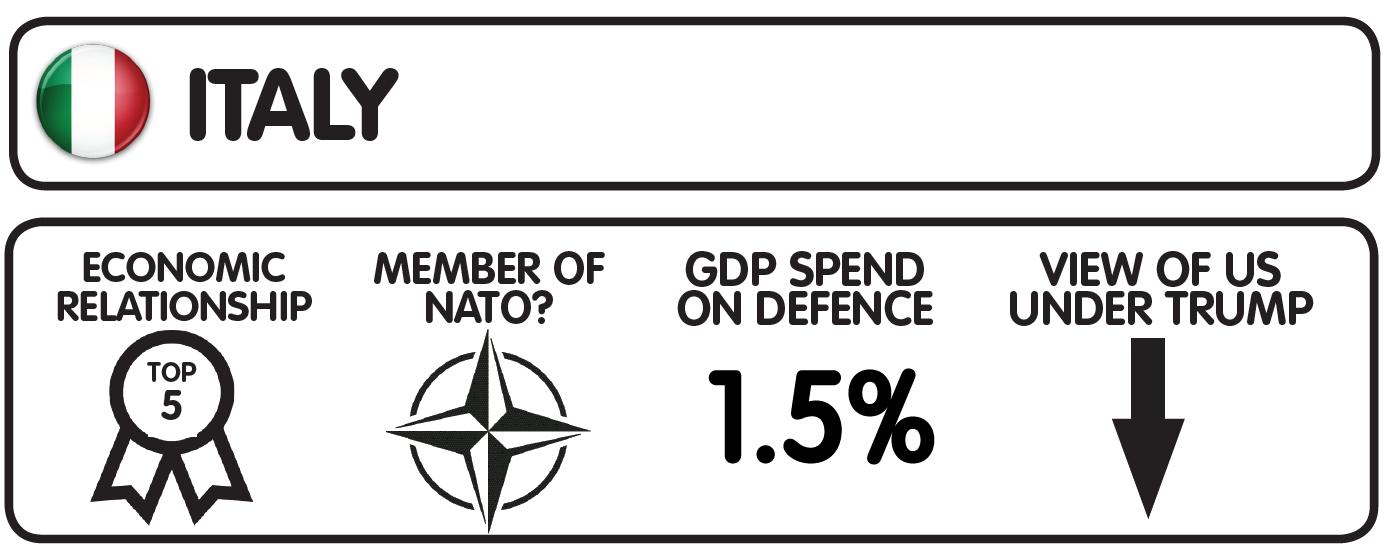
Economic power
Economic relations are an important pillar in Italy’s historical link with the United States. The US is Italy’s third most important trade partner and the country with which Italy has its largest trade surplus. Italian exports to the US are mainly concentrated in sectors such as machinery, transport, clothing, and agri-food. Italy imports US products in the pharmaceuticals and chemicals sectors, as well as aircraft. The US does not rank among Italy’s top ten partners in terms of energy cooperation. Very limited quantities of coal and refined oil are imported from the US, whereas Italy exports machinery for renewable energy to the US. American investment in Italy is directed towards the manufacturing industry, and towards services, such as financial services, telecommunications, and banking.
Security power
Italy believes that the election of Donald Trump will not affect NATO’s strength, as it expects that, in spite of possible US revisionism, the conclusions of the Warsaw summit and the NATO-European Union declaration in July 2016 provide the organisation with adequate tools to safeguard its strength and to guarantee its members’ security. Italy is currently engaged in addressing the security issues and the migration flows across the Mediterranean, particularly in the key triangle of Libya, Tunisia, and Niger. Italy appreciates the Trump administration’s stance in prioritising the fight against terrorism and radical extremism. However, it also considers that, in order to produce positive results, the US president should aim to establish a more integrated approach with its international partners.
Cultural power
The US has had considerable impact on Italian culture, particularly in the last 50 years of the 20th century. Through strong economic support in the post-war period, the US triggered Italy’s exponential growth, projected the ‘American way of life’, and played a role in shaping the model of a consumer society. American cinema, the music industry, and fast food eventually became an integral part of Italian society. Nowadays, globalisation and Americanisation are largely perceived as the same thing, and the US is seen as the main leader in the current technology-driven world. Innovations such as social media and the new technological and consumer revolutions carry the American mark and have produced significant change in a variety of sectors.
Moral power
Italy has historically perceived the US as a model in promoting political and economic liberalism, and as an ally on many fronts, ranging from security to trade, to support for human rights and the fight against terrorism. These days, Italy remains convinced that the US can still be a leader in underpinning these values, even though it acknowledges that America’s global leadership role has diminished somewhat. The economic crisis, the increasingly fragmented international environment, and the rise of new geopolitical challenges have called the guiding role of the US into question. This may be additionally eroded by Trump’s view of international relations. Therefore, rather than looking to the US, Italy believes that the time is ripe for the EU to take the lead in promoting democracy and liberal values.
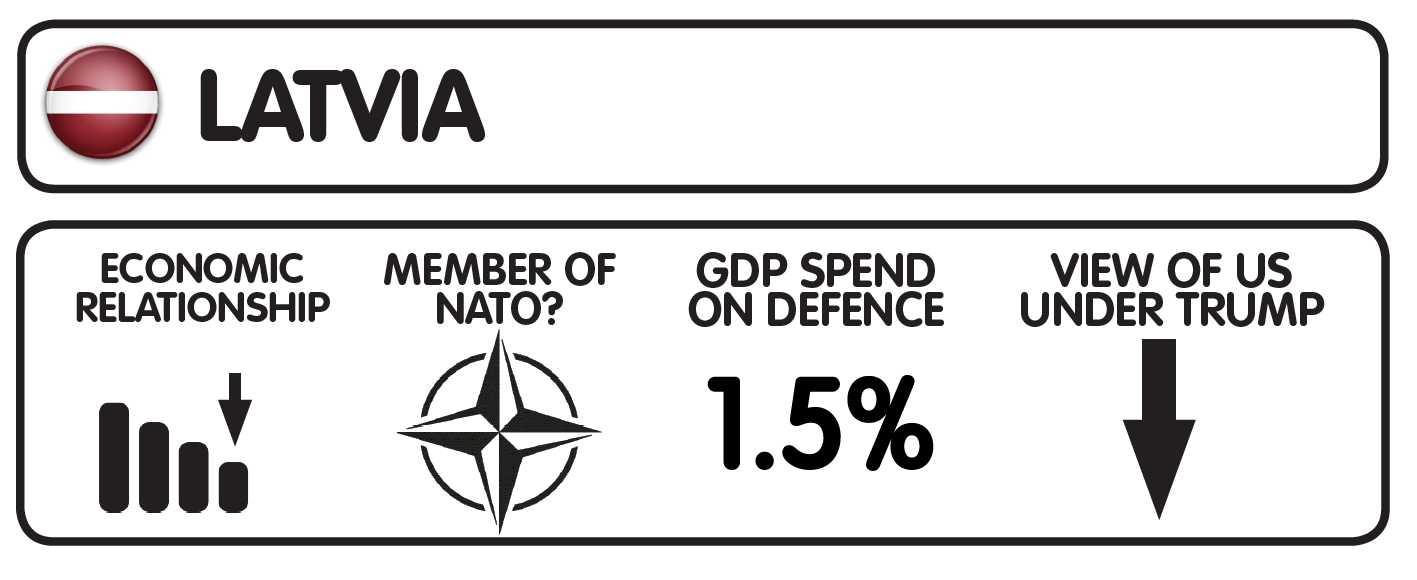
Economic power
In Latvia the United States is seen as one of the country’s most important allies, but in terms of trade relations it is a minor player. The two countries mostly trade in cars, and mechanical and electrical appliances. The US ranked as Latvia’s 16th largest foreign trade partner, although the volume of trade has grown in recent years. Cooperation in the energy sector is negligible, but there is an interest in intensifying cooperation in this area in the future. Latvia is eager to increase both trade and investment with the US in instances which do not impinge on its commitments to the European Union. But the failure of the Transatlantic Trade and Investment Partnership has been a major setback.
Security power
Donald Trump’s victory caused some unease with regard to military security, especially in the light of his statements on European states’ level of defence spending. Latvian spending is set to reach the requisite 2 percent of GDP by 2018; the government’s decision to speed up the budget increase was mostly a result of Russia’s invasion of Ukraine. Officially, Trump’s election is not seen as a reason for changing the relationship with the US administration. Latvians have been reassured by the fact that NATO has deployed troops as planned to Latvia, other Baltic states, and Poland, and by the fact that Trump’s rhetoric towards Russia and Ukraine has changed. Should the US decrease its involvement in NATO, this would certainly reflect the Latvian public’s and political elites’ perceptions of security.
Cultural power
Like most countries in the world, Latvia is very exposed to US culture and consumerism. However, opinion about whether the US is an example to follow has changed in recent years. In the 1990s and early 2000s, the US was perceived as the pinnacle of democracy and wealth, but this status has now been reassigned to Scandinavian countries. Additionally, since Latvia joined the EU, European countries such as the United Kingdom, Ireland, Germany, and Scandinavian countries have become the main preferred destinations for emigration. Not unrelated to this is the much more activist role that the US has played in the world in the past decade and a half.
Moral power
In the past, Latvians looked to the US for moral leadership, mainly because of historical links, the support the US has provided to Latvia, and its reputation as a stronghold of liberal values and the market economy. During the ‘Latvian awakening’ prior to independence, the Latvian diaspora in the US was crucial. However, since Latvia joined the EU, the union has gradually taken over the role of normative archetype.
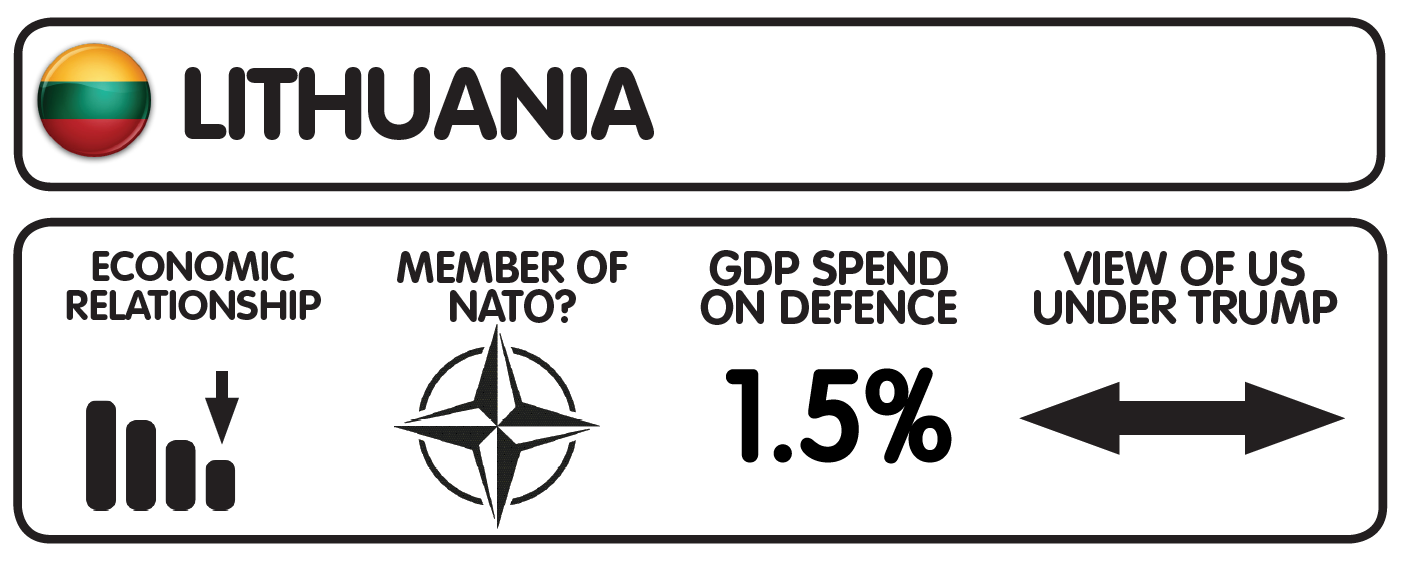
Economic power
The United States is a minor trade and investment partner for Lithuania. Making progress on the trade relationship is a highly politicised issue in the country, and significant hope was staked on the Transatlantic Trade and Investment Partnership negotiations. Exports to the US have increased gradually, but these still only amounted to 5 percent of total exports in 2016. With 1 percent of imports, the US counts as Lithuania’s 20th largest import partner. The largest export products by far are mineral fuels (72 percent of exports in 2015) followed by furniture and medical devices. Lithuania has started diplomatic efforts to open the American market up to Lithuanian dairy and meat, with some success.
Security power
The US is Lithuania’s most important ally when it comes to security, and it is seen as the main guardian of Lithuanian ‘hard’ security, sovereignty, and independence. Political and military assistance from the US was crucial in Lithuania’s accession to NATO in 2004. The US has sponsored the modernisation of the Lithuanian armed forces: the Foreign Military Fund disbursed $62m to Lithuania between 1995 and 2015. Additionally, two funds were established to prepare the Lithuanian armed forces for operations in Iraq and Afghanistan, and over 300 Lithuanian soldiers have graduated from American educational institutions thanks to the International Military Education and Training Programme. The Lithuanian president has expressed her hope that Donald Trump’s recent statements will help strengthen NATO through more commitment from EU members.
Cultural power
The social and cultural impact of the US on Lithuanians is not as great as its political impact. American culture is not especially popular, although it has grown somewhat in popularity in recent years. English has now overtaken Russian as the main foreign language spoken by Lithuanians, and movies, books, and music in English are consumed more now than ten years ago. American companies based in Vilnius are mostly IT companies such as Google, IBM, and Microsoft, and they offer Lithuanian IT specialists good salaries. In March 2017, American equity fund Providence Equity Partners acquired media group TV3, which controls several popular television channels, radio stations, and internet outlets. The fund also controls the country’s third largest mobile operator.
Moral power
Historically, Lithuania considered the US to be its most reliable ally and protector, much more trustworthy than some European Union countries, as well as the undeniable leader of the ‘free and democratic world’. Unlike European countries, the US had never recognised the legitimacy of the Soviet occupation of Lithuania and had always supported Lithuania’s attempts at independence. Lithuania’s foreign policy supports democracy and its values. Thus, Lithuania feels obliged to support the spread of liberal values in the world and to support US leadership. Since the US presidential election, Lithuanian politicians have supported Trump in his statements on European contributions to NATO. Support for NATO, which is associated with support for the US, has remained high in the country.
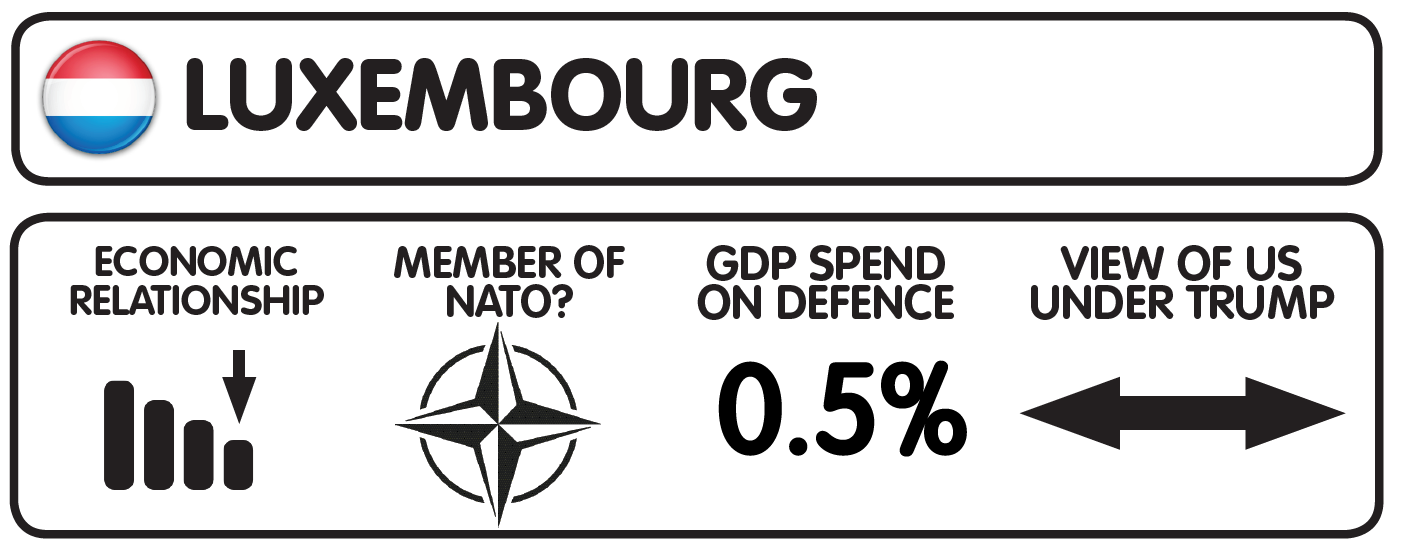
Economic power
Luxembourg’s main economic partners are countries within the European Union. The United States ranks fourth when it comes to imports, and seventh when it comes to exports. American companies were responsible for 21,254 jobs in Luxembourg in 2015. These jobs require high-level qualifications, are well paid, and so are important for tax revenue in Luxembourg. The main sectors of economic cooperation are technology, manufacturing, the chemical industry, financial trading, and machinery and transport equipment.
Security power
As a small country, the expectation in Luxembourg is that the Trump presidency will not have a material impact on its security. Luxembourg subscribed to the Wales declaration in 2014, which recommits every NATO member state to invest at least 2 percent of GDP in defence. There is an assumption that European NATO allies will eventually spend more on their defence and hence increase their resources for the transatlantic military partnership. It is expected that deeper integration of intelligence cooperation between the US and the EU will continue, regardless of who is president in the US. Apart from the use of Humvee vehicles in the Luxembourg military, there is no arms trade between the two countries.
Cultural power
The social and cultural impact that the US has on Luxembourg is significant. Luxembourgers enjoy watching American movies at the cinema (in the original version with subtitles) and watch American series through Netflix and other providers. American companies are an important economic player in Luxembourg, and so American expatriates play a key role in the economy, politics, and society. The American Chamber of Commerce created a free language tool for this group containing the most important words and expressions in the five languages that are spoken most in Luxembourg (Luxembourgish, French, German, English, and Portuguese).
Moral power
Generally, Luxembourg has always considered the US to be the leader of the ‘free world’. With the election of Donald Trump, Luxembourg stakeholders are somewhat less confident about this role, but hope that the US will remain the transatlantic ally that it has been throughout recent decades. Statements by some of Trump’s representatives, such as the vice-president, Mike Pence, and the secretary of state, Rex Tillerson, have reassured Luxembourgers that the US will remain a strong partner in promoting liberal values.
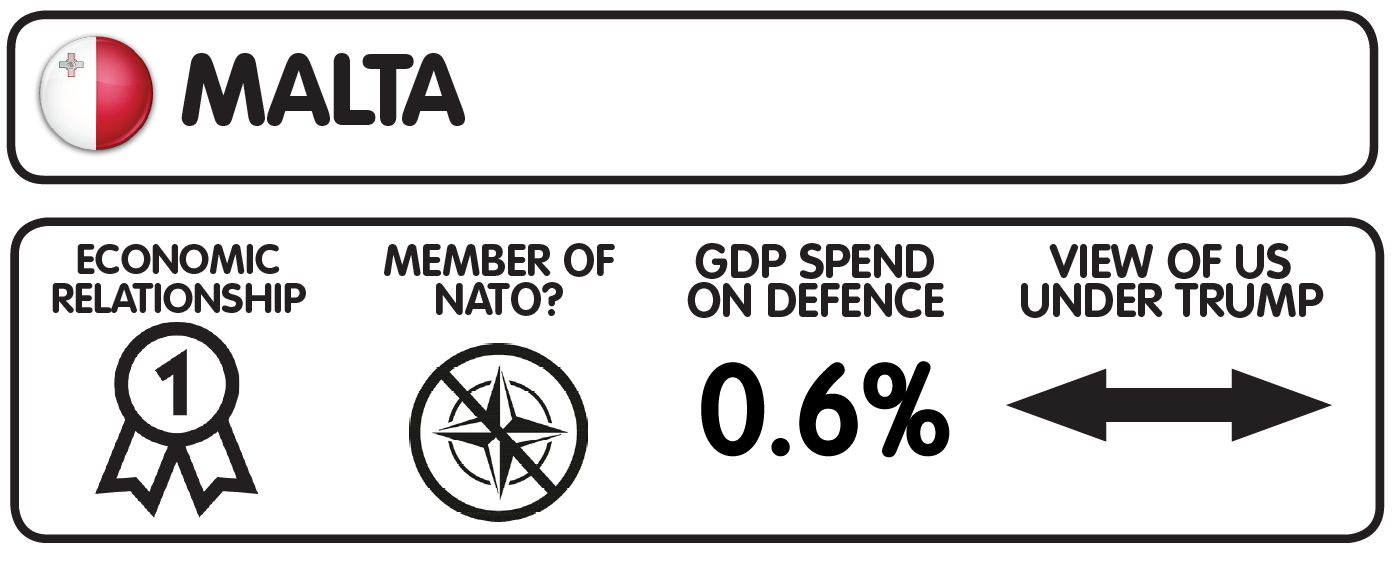
Economic power
In 2016, the United States, previously Malta’s eighth most significant export partner, became its most important one. This was almost completely due to a sudden boom in pharmaceutical exports to the US, with their value leaping from around €19,750,000 in 2015 to more than €625,150,000 in 2016. Over 30 established international pharmaceutical producers operate from Malta, with several leading companies relocating there in the past few years, in part to take advantage of Malta’s liberal legal framework. Exports of electronic machinery, especially microchips, are also of great economic significance to Malta’s overall economic profile. Imports from the US remain less significant and have actually declined in percentage and rank over the past few years.
Security power
Malta is not a member of NATO, but members of the Maltese parliament from across the political divide maintain that NATO and the US provide a meaningful security umbrella and protect Malta’s national interests through operations in the southern Mediterranean Sea, in north Africa, and in the Red Sea. The Trump administration’s more narrow definition of US national interest and questionable support for NATO suggest that this security umbrella may be shrinking. A rhetoric of both securitisation and spending on defence have increased over the past decade in Malta. Malta generally supports more centralised European cooperation on national security while remaining selective on which elements of Common Security and Defence Policy to engage in.
Cultural power
The political elite tends to be very favourable towards the US, while perceptions are far more mixed among the general public. On the one hand Malta’s recent anticolonial history predisposes people to be suspicious and critical of what they perceive as an American empire. On the other hand, the US maintains tremendous soft power in Malta, in part through the predominance of American culture in the media, but also because of perceptions of its military might. There is little direct influence from Americans on Malta: American expats or consultants play an insignificant role in Maltese politics. The US also ranks well below other (primarily European) destinations for Maltese tourists. Similarly, though it continues to grow, the number of American tourists visiting Malta sits well below those from Europe.
Moral power
To some extent the government of Malta espouses a rhetoric that holds the US up as a beacon of human rights and liberal values across the world. Despite this rhetoric, in practice the US invasion of Iraq, international wiretapping programmes, torture programmes and more have done much to undermine the US position of moral leadership in the eyes of the Maltese people and political class. Major national media outlets and the general public tend to maintain a critical view of the Trump administration, which cannot be detached entirely from perceptions of the US more broadly.
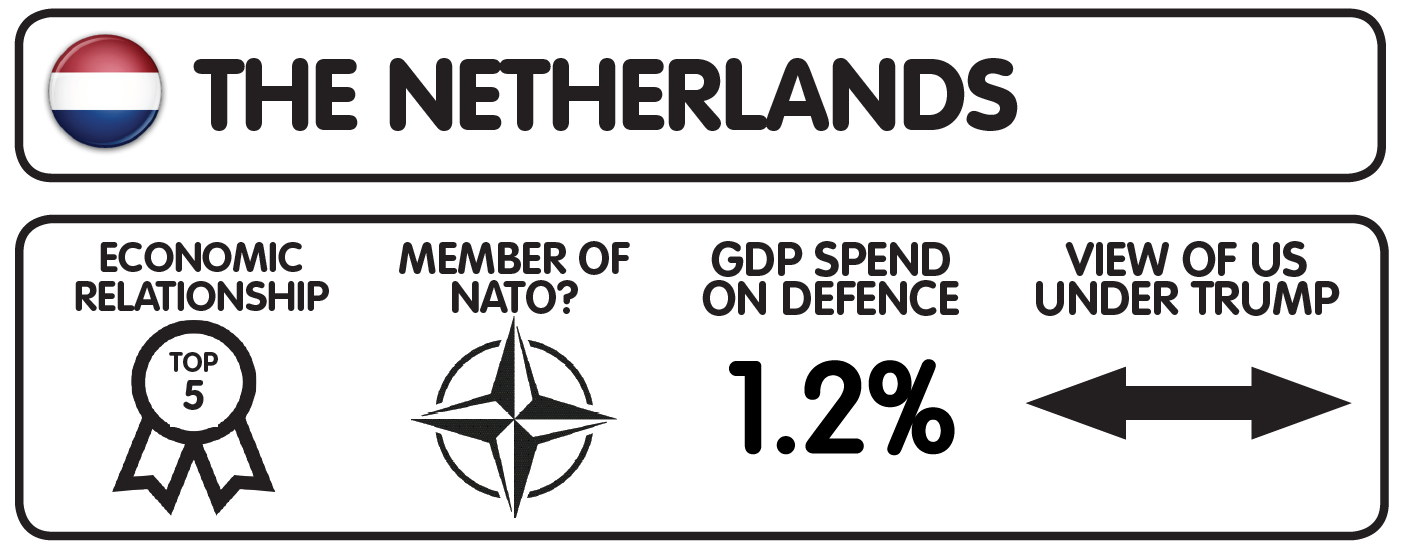
Economic power
Investment is key in the economic relationship between the Netherlands and the United States: the Netherlands is the third largest foreign investor in the US, and the US is the largest investor in the Netherlands. In terms of trade, the US is third on the list of import partners and in the top 10 of export partners for the Netherlands. The Netherlands exports office machines, drinks, and chemical products to the US. The US exports chemical products, computers, electronic devices, and air and space technology to the Netherlands. Large Dutch companies present in the US operate in the insurance, banking, and chemical and oil sectors. Economic relations between the countries have resulted in around 740,000 jobs in the US and 600,000 jobs in the Netherlands.
Security power
The Netherlands cooperates with the US on security through NATO and the ‘Nine Eyes’ intelligence-sharing group. There have been serious concerns among politicians in the Netherlands about statements made by Donald Trump relating to a potential decrease in US commitment to NATO. However, the general assessment is that in reality the US commitment will not change much. Policymakers regard the signals the Trump administration has been sending as a ‘reality check’, as a result of which European governments, including the Netherlands, will increase defence spending with a view to fulfilling the 2 percent agreement. The Netherlands spends well below the expected amount, and even below the NATO average. The expectation in the Netherlands is that, if European allies increase their defence budgets, the US will remain committed, leading to a strengthening of NATO.
Cultural power
The US has traditionally had a large social and cultural impact on the Netherlands. In the last ten years this influence only increased as globalisation became ever more powerful. The social and cultural impact of the US is in large part determined by American companies and products that have gained access to the Dutch market. Highly influential US firms, such as McDonald’s, Microsoft, Apple, Google, Netflix, and HBO ensure a continuous supply of American products and culture; Dutch channels show American television programmes on a daily basis. In terms of politics, US election campaigns are considered to be innovative and ‘state of the art’, and elements of these have been used by Dutch political parties, especially when it comes to social media.
Moral power
In an opinion poll held just after the US presidential election, 74 percent of Dutch citizens thought that Trump was not capable of being president. But views on the US as a whole have not changed much yet. The US is considered an important democracy that has a crucial role to play in upholding the liberal world order and providing moral leadership. Large sections of the Dutch public also criticise it for not living up to its expected role, such as in the cases of the Iraq war in 2003, Abu Ghraib, Guantanamo Bay, and – more recently – the travel ban against the citizens of numerous Islamic countries. In the debates on the Transatlantic Trade and Investment Partnership, concerns about American production standards also came to the fore.
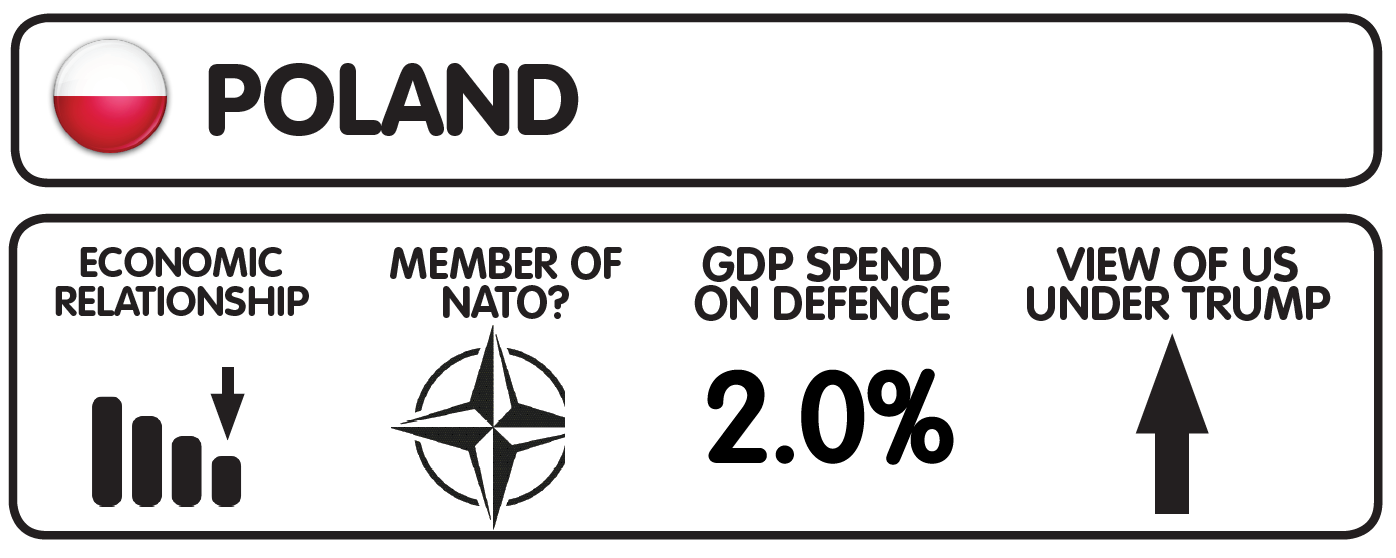
Economic power
The United States is a relatively important economic partner for Poland although there is still large untapped potential in the relationship. Currently, the US is Poland’s ninth most important trading partner, with bilateral trade worth $7.8 billion. For many years Warsaw has been interested in a substantial strengthening of economic cooperation with the US, but the results of Polish efforts remain rather limited. Currently, the main window of opportunity for the enhancement of Polish-US economic cooperation constitutes a programme for the modernisation of Poland’s armed forces. The Polish government is interested in purchasing US equipment and encouraging US companies to invest in Poland. During his visit to Poland in July 2017, Donald Trump announced that the US is interested in the export of American liquid natural gas to the Polish gas market. However, no document, or even a memorandum of understanding, to this effect was signed and no official negotiations had been launched as of September 2017.
Security power
Poland considers the US an unrivalled protector of its security, sovereignty, and independence due to its military power and leadership in NATO. Its government perceives Trump as an opportunity because he is identified with the assertive promotion of US interests in the international arena and rejects ‘naïve’ liberal and sentimental agendas (such as human rights and democracy promotion). Poland belongs to a small group of countries that fulfils its NATO obligations and already spends 2 percent of its GDP on defence. It hopes that Trump will encourage other NATO member states to substantially increase their defence budgets. During his visit to Warsaw in July 2017, Trump reassured Poland that the US will continue to cooperate with it militarily, including deploying the US Army on Polish territory. However, during his meeting with Polish president Andrzej Duda, Trump did not discuss US security guarantees for Poland (ie. permanent US military bases with a larger contingent than had previously been agreed), which disappointed many Polish experts and politicians.
Cultural power
The US, because of its good economic performance in recent years, maintains a positive image in Polish society, although there is greatly increased awareness of the relative decline of US power on the world stage. The image of the US in Poland is better than that of the EU. The US is idealised particularly for its perceived fortitude when it comes to taking on terrorism and criminality. Furthermore, American music and cinema remain very popular. The Polish government is planning to substantially decrease the size of the stake that foreign companies can take in the Polish media market. This initiative may lead to tensions with the US, because an American company owns TVN, one of the biggest commercial television networks in Poland.
Moral power
The current Polish government considers the US an ally in contesting liberal values, which are felt to be a liability because they weaken the cohesion of the West. The governing party, Law and Justice, believes that Trump constitutes a true American who rebels in the name of Christian and conservative values against the dictatorship of political correctness, multiculturalism, gay rights, and abortion. Sympathy towards Americans since the election of Trump has increased from 46 percent to 54 percent. However, according to an opinion poll conducted just before the US election, more than 55 percent supported Hillary Clinton and only around 5 percent believed that, for Poland, Trump would be a better president.
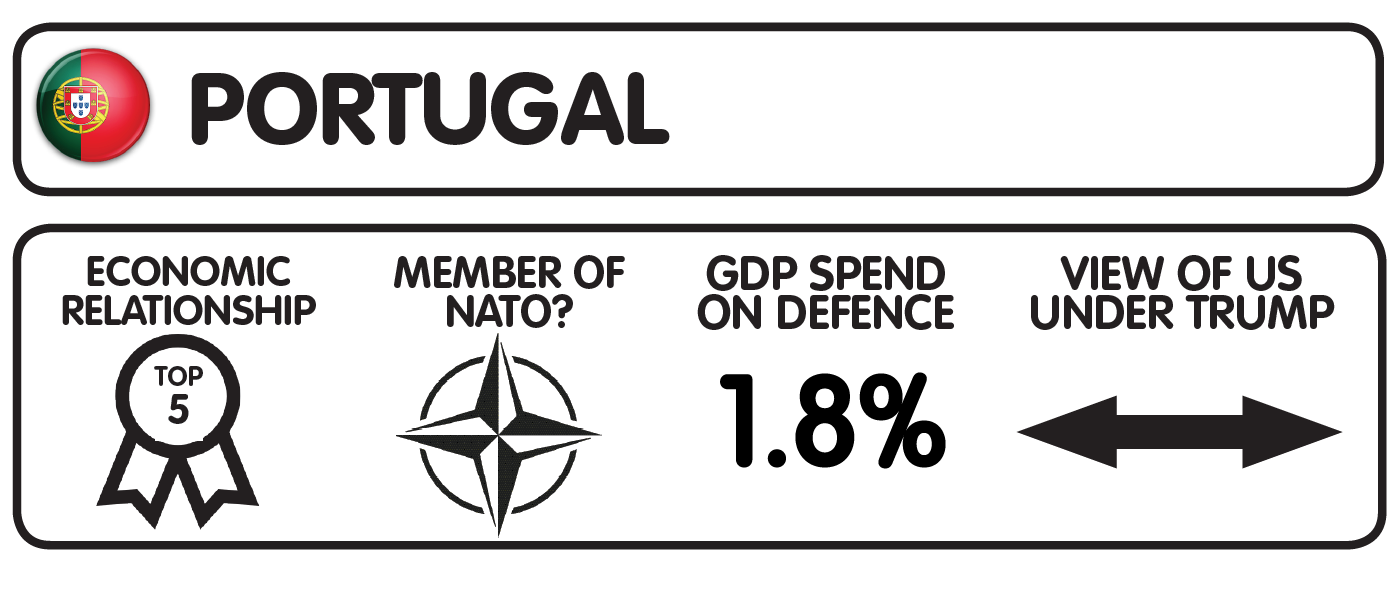
Economic power
The United States is the largest trading partner outside the European Union for Portugal, and the two countries have a strong relationship in terms of investment: the US ranks fifth as a buyer country and 11th as a seller country. Portugal exports petroleum products, electric machinery, chemicals, textiles, wood, cork, clothing, and shoes to the US while the US exports automobile and transport equipment, machinery, agriculture, commodities, natural gas, and chemicals to Portugal. Energy cooperation is a key area due to the fact that the US is one of the top five most important partners. There are 130 American companies active in Portugal, generating around €5 billion per year, which represents almost 3 percent of the country’s GNP and around 21,000 jobs.
Security power
Since the second world war Portugal and the US have enjoyed a close military partnership, first embodied in the lending of the Lajes Field Base in the Azores to the US Air Force, and then reinforced in 1949 by the creation of NATO, of which Portugal is an active and committed member. Notwithstanding an obvious concern among politicians and the public in Portugal about some of the Trump administration’s ideas and measures, bilateral relations still enjoy strong support. Portugal works closely with the US in terms of security and defence, and the two continue to cooperate in several areas such as counter-terrorism and intelligence-sharing. Portugal believes that NATO must be the mainframe for collective defence in Europe. It is in favour of European countries financially contributing more to their security.
Cultural power
Ties between Portugal and the US date back to the very birth of the US, when Portugal was one of the first countries to recognise its independence. The US was one of the first big powers to recognise the new Portuguese republican regime in 1911. Nowadays, there is a sizeable Portuguese presence in the US, while English is the first foreign language learned by the Portuguese and is officially taught from kindergarten. Today the US has a strong social and cultural impact in the country. Portuguese broadcasters regularly show American programmes and movies, while American media and technology companies have a strong presence in the country, especially IBM, Dell, Microsoft, Facebook, and Google.
Moral power
Portugal is traditionally an Atlanticist, pro-US country. It sees the US as its most important ally and a global leader which supports an open international economy, democratic values, and the fight against international terrorism. The country has never played host to an anti-American movement, even though the public was critical of the invasion of Iraq. Donald Trump receives criticism in the country because of his lack of experience, promotion of neo-isolationism, protectionism, and his dubious commitment to NATO’s Article 5 and to transatlantic relations in general. At a time of evident political polarisation and fragmentation, Portugal fears that the lack of liberal American leadership will further complicate the future of the global order.
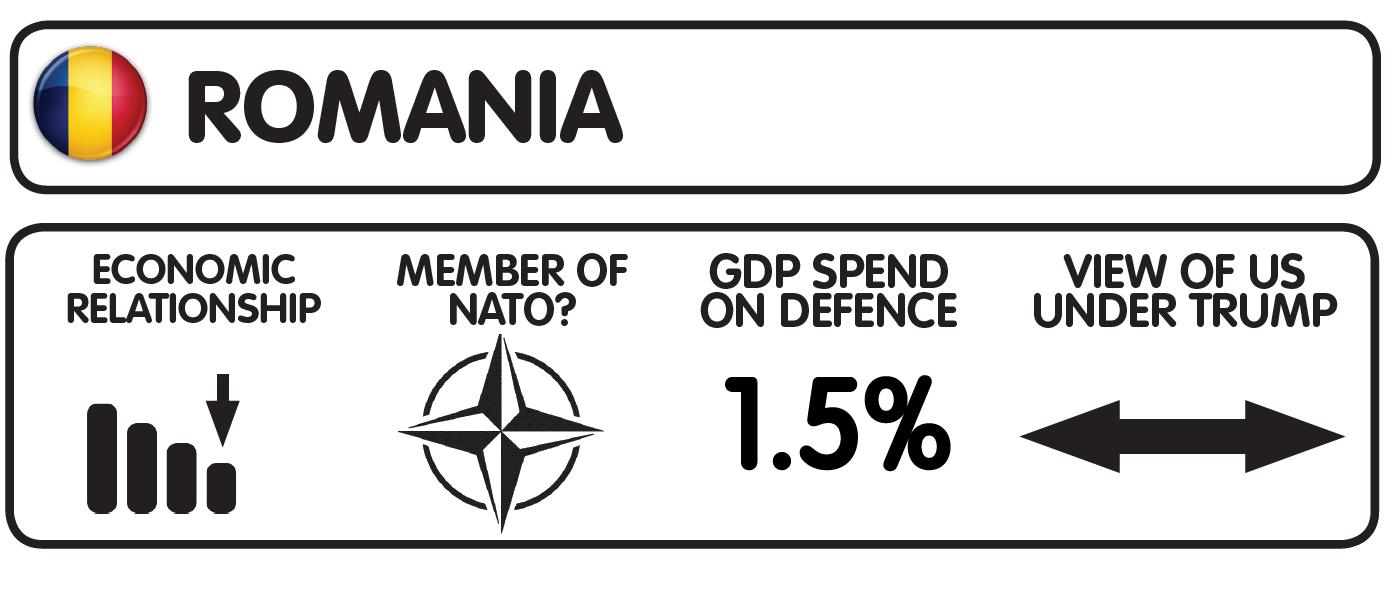
Economic power
The United States is a minor partner in trade and investment although Romania would like to intensify its bilateral economic relations. The volume of trade between both countries amounted to $1,132m at the end of June 2016. The highest share of Romanian exports to the US consists of computer and electronic products, transport equipment, and machinery. Principal Romanian imports from the US include machinery, transport equipment, computer and electronic products, electrical equipment, appliances and components. Romania meets more than 75 percent of its gas demand from domestic production but wants to increase cooperation in the energy sector with the US. American energy presence is notable primarily through several major US energy companies involved in oil and gas exploration.
Security power
From the Romanian perspective, the primary focus of the relationship is security and defence, especially regarding recent developments in the region. Due to this context, there is a general pro-US and pro-NATO sentiment among most Romanians, who see the US and NATO as active deterrents to Russian aggression. The country hopes to see the State Department more involved in the region, as well as to see NATO show support for the alliance’s eastern flank. For the last two decades, a Strategic Partnership has been in place between the two countries with common topics of interest including the rising terrorist threat, emerging cyber-security challenges, and Black Sea economic cooperation. Romania is pushing the narrative that Trump’s electoral victory could lead to a stronger NATO and more intense Romanian-US relations.
Cultural power
Cultural, educational, and scientific relations between the US and Romania are integrated into the Bilateral Strategic Partnership. The Ministry of Education, Research, Youth, and Sports encourages the participation of American teachers in various academic programmes in Romania. It also maintains a permanent dialogue with American citizens of Romanian origin in the US by granting graduate and postgraduate scholarships within Romanian universities. Some of the most successful television and radio stations in Romania are owned by big local and international groups, such as the US-based CME. There are prominent US corporates from all fields active in Romania such as Microsoft, McDonald’s, Procter & Gamble, and Ford. However, Romanians do not enjoy visa-free access to the US.
Moral power
Romania looks to the US as a moral leader, and advocates US global action when it comes to promoting liberal values. From the Romanian perspective, the US is deeply invested in strengthening democracy, and advocating for a free press, freedom of speech, and the rule of law. There is some internal criticism of the American role in fighting corruption in Romania. Romania believes that only the US is capable of projecting its values and influence in a way which can counteract influence coming from Russia and China and the challenges posed by fake news, propaganda, radicalisation, and populism. Even though the Romanian political establishment rooted for Hillary Clinton and does not share Donald Trump’s positions on Russia, Romania’s national interest still dictates developing and maintaining good bilateral relations with the US.
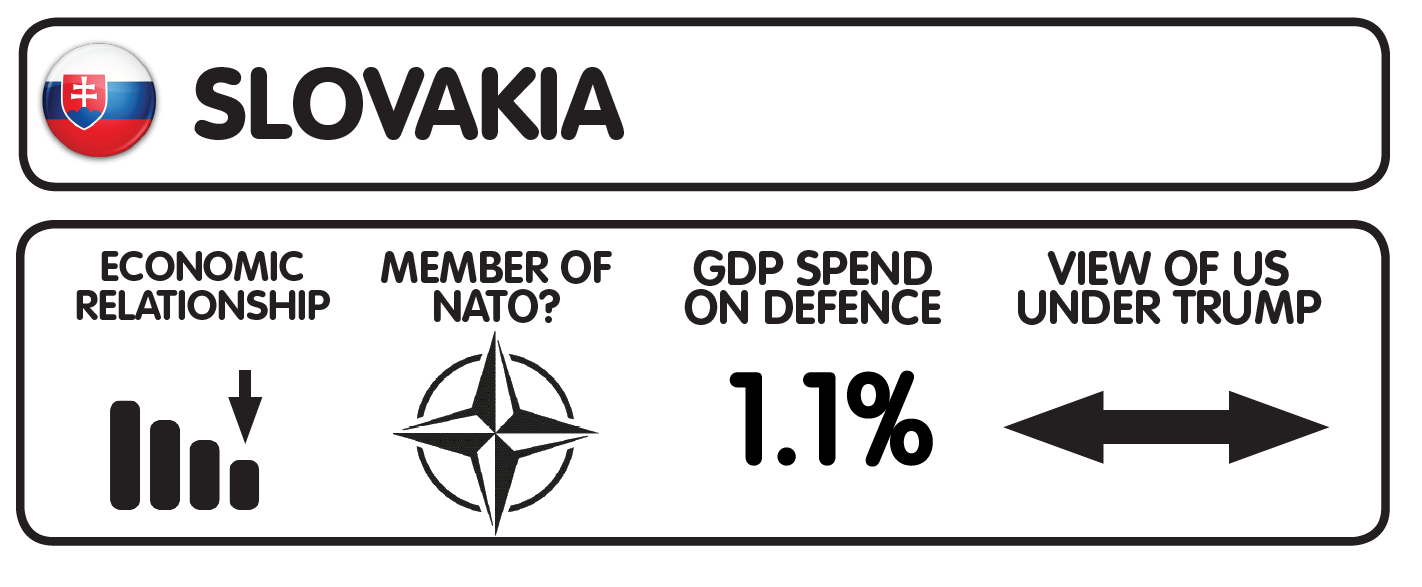
Economic power
Economic relations with the United States are very important for Slovakia, both indirectly – through its economic relations with major European economies like Germany – and directly, through the import and export of goods. The US was the 17th biggest economic investor in Slovakia and its 12th biggest economic and trading partner in 2015. But the US became the 11th biggest export market for Slovakia in 2016. Slovak exports to the US are more than twice the size of imports from the US, and this is an increasing trend. For instance, in 2016 Slovak exports to the US increased 16 percent on the previous year. The automobile industry plays the most important role within the economic partnership between the US and Slovakia, followed by furniture, the IT sector, pharmaceuticals, and the arms industry.
Security power
The expectation is that, with the election of Donald Trump, the transatlantic relationship, as expressed through NATO, will be strengthened. Trump wants to rebuild the US armed forces, which includes the building of new ships and planes, development of weapons, and the modernisation of the US nuclear arsenal, thereby strengthening NATO. Slovakia has triggered the modernisation of its own military structures, hence numerous projects are under way. These progammes replace the old Soviet technology with newer American, Swedish, and Polish technology.
Cultural power
American cultural impact is substantial in Slovakia and can be seen through television, fast food, and the use of American slang and expressions. Moreover, approximately 125 American companies, such as AT&T, IBM, and Amazon, operate in Slovakia. These companies went to Slovakia because of the high-quality local workforce and its central location in Europe. The most important American economic enterprise is US Steel, which is a very important economic player in the eastern part of the country:s the majority of Košice region is dependent on US the company and its employment of thousands of workers.
Moral power
Slovakia expects the US to give a moral example to the world in the promotion of human rights and Western culture. The election of Donald Trump was of interest to those members of Slovak society who are interested in politics, foreign policy, and the economy. However, American foreign policy does not generally hold great interest for Slovaks. Although the Slovak media was partially successful in inserting Trump’s election into the mainstream public debate, most people remain indifferent towards this topic and consequently the public image of the US has remained more or less unchanged.
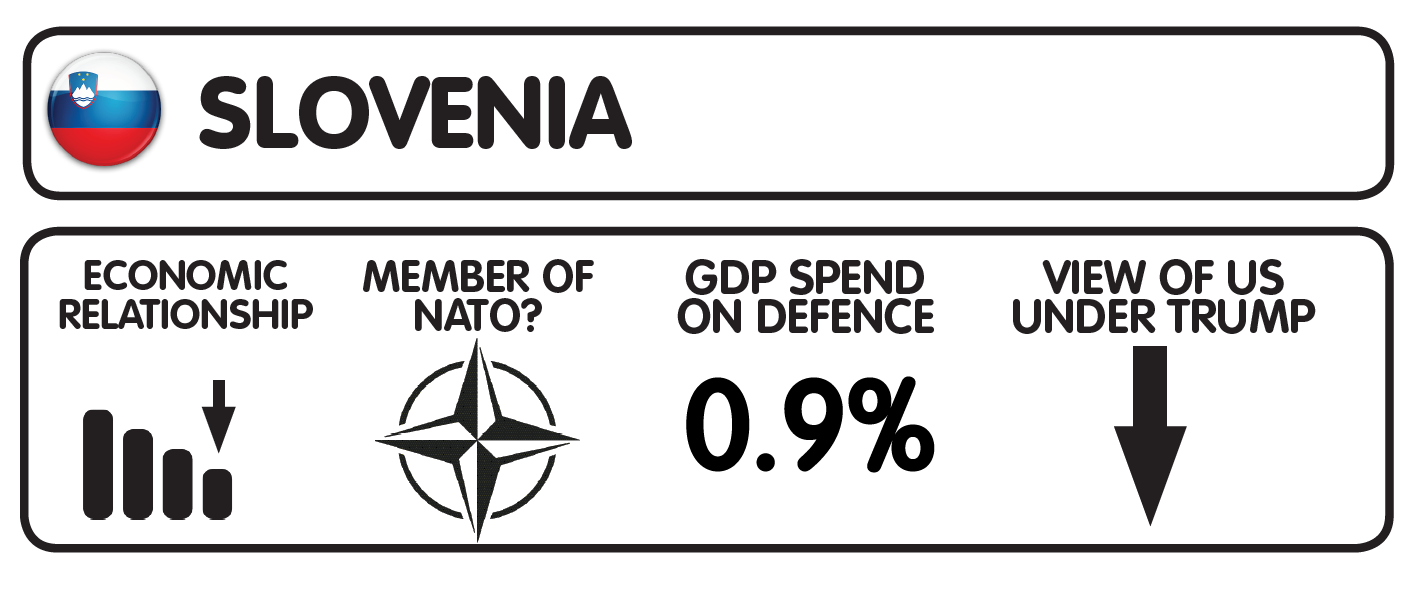
Economic power
The United States is a minor trading partner for Slovenia, accounting for 1.5 percent of Slovenian trade. It is Slovenia’s 15th most important trading partner. Bilateral trade was worth $756.9 million in 2016. Trade in nuclear reactors, boilers, machinery, and mechanical appliances accounted for 17 percent of Slovenian exports to the US in 2015. Mineral fuels and oils, distillation products, bituminous substances, and mineral waxes accounted for 50 percent of imports from the US. During the eurozone crisis, when Slovenia’s sovereign bonds were at a record high, the country acquired an important loan on US markets. Furthermore, US capital investments have played an important role in the restructuring of Slovenia’s financial sectors and individual industries.
Security power
The prevailing view in Slovenia is that the election of Donald Trump will not affect NATO’s strength, although there is increasing agreement within the government that the country should invest more in its own defence to support NATO. While military spending has been cut over the last seven years due to the financial crisis, with the rising perception of insecurity there is a growing consensus among politicians about the need to increase defence spending (even though this may take some time due to ongoing fiscal constraints). Slovenia also hopes to capitalise on the fact that Melania Trump is from Slovenia and that it enjoys relatively good relations with Vladimir Putin.
Cultural power
The US is the main source of trends in the cultural arena. American businessmen and media giants either own or have shares in various popular Slovenian television channels (Pop TV and Kanal A) and news websites (24ur). However, the image of the US has not always been positive, particularly during George W Bush’s presidency, although this changed under Barack Obama. US political advisers remain very active in Slovenia, working on election campaigns and providing ongoing advice. However, their influence, particularly in the political arena, is a very controversial topic because of the high cost of such consultants and the fear of being perceived as serving foreign interests.
Moral power
Slovenes view the US as the bastion of liberal democratic values and the only country in the world capable of protecting these values internationally. The US is considered essential for the stability of the western Balkans, a region of strategic importance for Slovenia. The EU shares this role, and plays it in a more sensitive way, but is also considered to be hindered by internal divisions and other problems. Polls have shown that the image of Trump has worsened, with the latest polls from January 2017 suggesting that 37 percent of Slovenes believe that Trump will be a bad president, compared to 22 percent in November. Two-thirds of Slovenes do not believe that the country will benefit from the fact that the first lady hails from Slovenia.
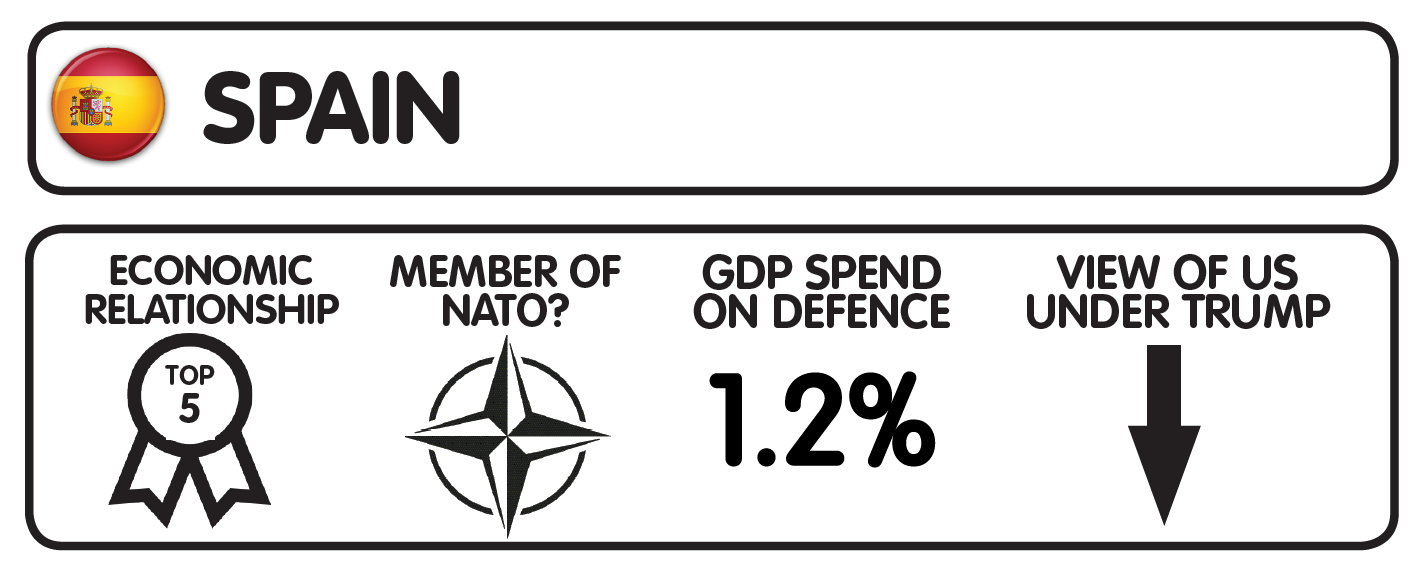
Economic power
The United States is an important market for Spain, but not as fundamental as the eurozone. It is the sixth destination for Spanish goods exports, and the US is the fifth largest source of imports for Spain. Especially important is bilateral foreign direct investment; Spain ranks as the tenth investor in the US. The main investment sectors in the US are financial services, conventional and renewable energy, infrastructure, automotive component manufacturing, and textiles. Some measures contained in Donald Trump’s economic programme, such as the infrastructure plan, are viewed with interest from Spain. But both the Spanish government and private sector would consider a shift towards protectionist policies or against Latin America to be very damaging.
Security power
The bilateral agenda is dominated by defence and security issues. Spain wants to maintain cooperation with the US in certain foreign policy dossiers such as counter-terrorism and intelligence cooperation, one of the main priorities of the Spanish government. Spain holds strategic relevance for the US as it is geographically between the US and the Middle East and north Africa region, making the bases of Rota and Morón key transport hubs for US forces involved in the Middle East. The Spanish government is concerned about Trump’s approach to the European Union, but expects that Washington will change its attitude. In any case, the government will defend European cohesion. Furthermore, although Spain is not in an economic position to increase its defence spending, the government is willing to contribute more to NATO efforts through other means.
Cultural power
In recent years, there has been a profound change in the image of the US in Spain. Spanish public opinion is now more sophisticated when it comes to perceiving the plurality of opinion in American society, such as on the issue of gay marriage. The media, intellectuals, and senior figures have shown fewer anti-American tendencies than were previously evident. Only the extreme left retains a traditionally ‘anti-imperialist’ stance. As a western European country, American media and technology companies are relevant and there has not been a backlash against them in Spain. In the tourism sector, the US is the seventh most important outbound market for Spain. In 2016 two million US citizens visited Spain, an increase of 7.2 percent on the previous year. In 2015, 108,953 Spaniards were living on American territory.
Moral power
Traditionally the conservatives in Spanish politics have been more supportive of US moral leadership than the leftist parties have. During the Obama administration, almost the whole Spanish political class looked to the US to promote liberal values in the world. However, in the eyes of public opinion, support for the US-led invasion of Iraq was a mistake and harmed the standing of the right-wing Popular Party. The opposition, media, and public opinion are extremely critical of Trump, whose ratings in Spain are strongly negative, reaching the worst levels in the world according to one poll released in January. A close relationship with the US is not considered an electoral advantage, and the current prime minister prefers to keep a low profile on this topic.
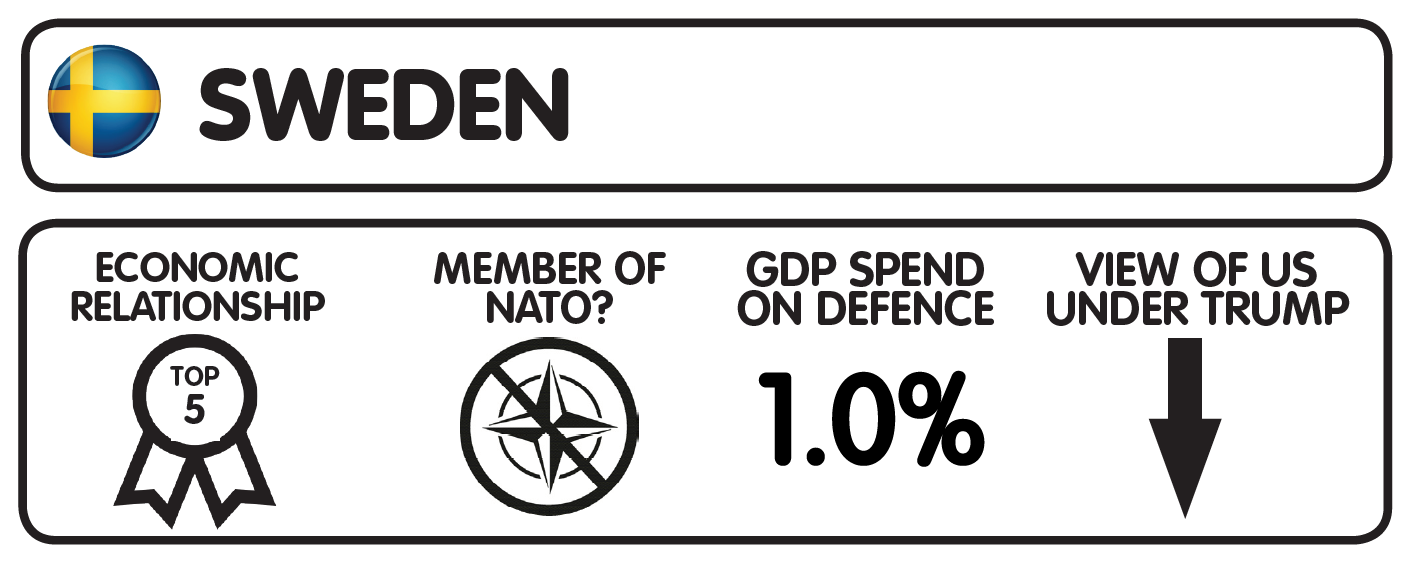
Economic power
Sweden is a country that relies heavily on its exports. The United States is the most important investment country for Sweden as well as its most important export destination outside of the European Union. Two of the main sectors involved in the economic relationship with the US are machinery, and chemical products (mostly medical). These sectors are important to the Swedish economy: machines and carriers make up 40 percent of Sweden’s exports, and chemical products make up 12 percent. Other sectors of importance are IT companies, arms sales, telecom companies, financial services, and tobacco. Sweden also has a big music industry that is channelled through US artists.
Security power
Sweden has a strong bilateral relationship with the US on security in the Baltic Sea region. The development of this link, rather than, for example, NATO membership, has been a key ambition of the current government. While lacking binding agreements, Sweden hopes that the US would come to its assistance in the case of a crisis. With Donald Trump as president, this strategy has been criticised within Sweden, given his transactional view of bilateral relationships in general and dim view of Sweden in particular. Another area of concern for Sweden is counter-terrorism and intelligence cooperation, since Trump has questioned his own security services and put pressure on relations with countries with which the US has strong intelligence exchange.
Cultural power
American culture has a strong presence in Sweden, and this has become even more true over the past ten years, with some people talking of ‘Americanisation’. However, there has been a great deal of ambivalence about this, since in high culture circles American culture is seen as less valuable than Swedish culture. There are many American media and technology companies active in Sweden, including Microsoft, Warner Music, Dell, Cisco, Accord, Apple, Twitter, and Facebook. These companies exert significant influence as their products are widely used in Sweden; they have not experienced any noticeable backlash.
Moral power
Sweden holds its own morality in international affairs in high regard and does not look for leadership elsewhere. Indeed, the US has been the object of Swedish criticism in this respect, most recently when it comes to immigration policy and the treatment of refugees in the US. In terms of trust in the American president, a June 2016 poll revealed that 91 percent of Swedes had confidence in Barack Obama. In a comparable recent poll, 80 percent dislike his successor.
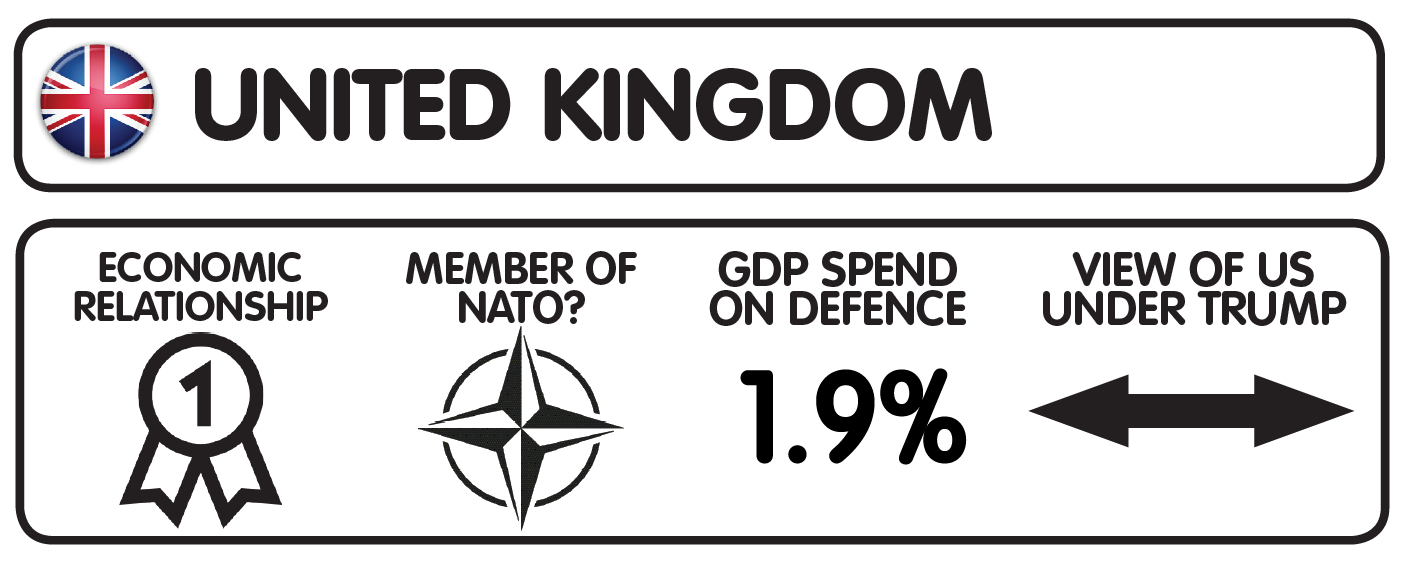
Economic power
Bilaterally, the United States is the United Kingdom’s most important trading partner. The two countries are especially active in cooperating on financial services, chemical products, machinery, and transport. In terms of foreign direct investment, the US is the largest single inward investor into the UK and the largest single destination of investment for the UK in 2015, accounting for 23.6 percent of outward investment worth £254.57bn and 24.5 percent or £248.25bn of inward investment. Every day, over a million people in the US go to work for a British company, and vice versa. The main issue the UK is concerned about is whether the US under Donald Trump will retain an open and transparent trade and investment regime. Another concern is that US policies on China could damage the multilateral trading system.
Security power
Despite concerns and uncertainty in the foreign policy community, the hope is that the UK will retain its close cooperation with the US on defence, nuclear matters, and intelligence through the ‘Five Eyes’ group, NATO, and other bilateral arrangements. The UK imports a large amount of critical defence equipment, including key components of its nuclear deterrent, from the US. Now more than ever, intelligence cooperation is the cornerstone of the US-UK ‘special relationship’, with the UK no longer an access point to the European Union or seen as a major player in defence and foreign policy. On NATO, the expectation is that other countries investing more in defence will be enough to keep the US commitment to NATO strong.
Cultural power
In the UK, young people are very interested in American culture but generally less so in US politics. In the past ten years older people have become less interested in American culture but are even more interested in US politics, especially foreign policy. The US has had some influence on political campaigns in the UK via American consultants, to the extent that, in the 2015 general election, former aides to Barack Obama advised both the Labour and Conservative parties. Apart from these short-term appointments, American expats are generally not prominent in Westminster, but they are influential in the City of London. Large US technology companies all have a significant presence in the UK, and there has been some backlash regarding their taxation and use of labour laws.
Moral power
In general, the UK expects the US to demonstrate some moral leadership and to promote liberal values. However, in recent years the UK has been disappointed by the US, especially around unpopular foreign policy issues where the UK supported the US, such as the intervention in Iraq. Many people would like to see the US return to a position of moral leadership. But they ultimately did not think this happened during the Obama presidency. Since the election of Donald Trump, the public image of the US has worsened. Popular outcry against a planned state visit by Trump led to its postponement.
Country Sources
The importance of each country’s economic relationship with the United States was based on a comprehensive assessment of various indicators, including export and import flows, investment flows and stocks, and other elements of bilateral economic cooperation. There are no references for Hungary.
Austria
“175 Years of Diplomatic Relations”, Austrian Information, available at http://diepresse.com/home/ausland/aussenpolitik/5005690/Oesterreich-Land-der-USASkeptiker. See also “Austria Connect North-America, a resounding success”, 2 October 2015, Austrian Embassy Washington online, available at http://www.austria.org/october-2015/2015/10/2/austria-connect-north-america-a-resounding-success?rq=united%20states; “Trade in goods with Austria », United States Census Bureau online, available at: https://www.census.gov/foreign-trade/balance/c4330.html.
Belgium
“Top 15 Clients”, Agence pour le commerce exterieur online, available at: http://www.abh-ace.be/fr/statistiques/commerce_exterieur_de_la_belgique/top_20_clients; “US Investment in Belgium”, Embassy and Consulate of Belgium in the United States online, available at http://unitedstates.diplomatie.belgium.be/en/economic-information/us-investment-in-belgium; “70% des Belges estiment que Donald Trump «ne fera pas un bon président»”, 20 January 2017, Le Soir, available at http://plus.lesoir.be/78473/article/2017-01-20/70-des-belges-estiment-que-donald-trump-ne-fera-pas-un-bon-president.
Bulgaria
“External trade statistics”, Ministry of Economy online, available at: https://www.mi.government.bg/bg/themes-c235.html; “Foreign Direct Investment in Bulgaria (BPM6), FDI stock by geographical region – annual data (EUR million)” Bulgarian National Bank online, http://bnb.bg/Statistics/StExternalSector/StDirectInvestments/StDIBulgaria/index.htm; “Exports, imports and trade balance by groups of countries and main partner countries of Bulgaria “ National Statistical Institute Online, http://www.nsi.bg/en/content/7984/main-trade-partners; “Foreign Trade Statistics, Leading countries in the foreign trade of Bulgaria”, Ministry of Economy online, available at: https://www.mi.government.bg/bg/themes/sasht-531-333.html?p=eyJwYWdlIjo4fQ==; “Foreign Trade – Exports, Main Trade Partners and Regions – annual data (EUR million”, Bulgarian National Bank Online, available at: http://bnb.bg/Statistics/StExternalSector/StForeignTrade/StFTExports/index.htm; “Foreign Trade – Imports, Main Trade Partners and Regions – annual data (EUR million)”, Bulgarian National Bank Online, available at: http://bnb.bg/Statistics/StExternalSector/StForeignTrade/StFTImports/index.htm
Croatia
Croatian Bureau of Statistics, “Exports/imports by chapters of Combined Nomenclature (CN 2) and countries of destination/origin” available via http://www.dzs.hr/App/PXWeb/PXWebEng/Selection.aspx?layout=&px_tableid=Country2_Eng.px&px_path=Foreign%20trade%20in%20goods__in%202016&px_language=en&px_db=Foreign%20trade%20in%20goods&rxid=04654694-2080-4769-8ff9-1140ef84ab42.
Cyprus
“Cyprus-U.S. Commercial ties”, website U.S. Embassy in Cyprus, available at: https://cy.usembassy.gov/business/economic-data-reports-cyprus/; Statistical Service of Cyprus, Intra-extra EU trade statistics (by commodity and country), January-February 2017, available at: http://www.mof.gov.cy/mof/cystat/statistics.nsf/All/58EF63FFDDA1F2AFC2257EE5002E64F0/$file/INTRA-EXTRA_EU_TRADE_COMMODITY&COUNTRY-JANFEB17-220517.pdf?OpenElement; Gallup, “The U.S.-Global Leadership Report What People Worldwide Think of U.S. Leadership”,2016, available via: http://www.gallup.com/services/191807/us-global-leadership-report-2016.aspx.
Czech Republic
“External trade database in cross-border concept”, Czech Statistical Office Online, available at: https://apl.czso.cz/pll/stazo/STAZO.STAZO?jazyk=EN&prvni=N; Donald Trump, 14 February 2017, SANEP (The Centre for Analysis and Empirical Studies), available via:
http://www.sanep.cz/sid=pl5cm209fiblkpsbd5gk52iqm6/pruzkumy/donald-trump-publiovano-14-2-2017/.
Denmark
Statistics Denmark, 2016, available at http://www.dst.dk/Site/Dst/Udgivelser/GetPubFile.aspx?id=20703&sid=indv2015; Statistics Denmark, 2016, available at http://www.dst.dk/Site/Dst/Udgivelser/GetPubFile.aspx?id=20703&sid=indv2015; Ida Andersen, “Ny måling: Folk er mere utrygge ved Trump end terror”, 13 February 2017, 2017, Nyheder, available at: http://nyheder.tv2.dk/2017-02-13-ny-maaling-folk-er-mere-utrygge-ved-trump-end-terror.
Finland
Finnish Customs, Suomen ja Yhdysvaltain välinen kauppa, 2016, available at: http://tulli.fi/documents/2912305/3331101/Suomen+ja+Yhdysvaltain+v%C3%A4linen+kauppa/f6d6f053-542a-42b0-b961-4e716ba00df3?version=1.0; Prime Minister’s Office, Finland in global value chains, December 2016, available at: http://vnk.fi/documents/10616/1986338/Finland+in+global+value+chains+30.11.2016.pdf/d28f6557-c8a2-4ef1-8fd2-41821c0a8ccd?version=1.0); Finnish Customs, Suomen ja Yhdysvaltain välinen kauppa, 2016, available at: http://tulli.fi/documents/2912305/3331101/Suomen+ja+Yhdysvaltain+v%C3%A4linen+kauppa/f6d6f053-542a-42b0-b961-4e716ba00df3?version=1.0; Finnish Business and Policy Forum/EVA, “Yhdysvallat toimii maailmanpolitiikassa oikein ja ansaitsee myös suomalaisten tuen“, 2017, available at: http://www.eva.fi/arvopankki/perusnakyma.php?q=22; Finnish Business and Policy Forum/EVA,” KUMOUS KUNNISSA MATTI APUNEN – ILKKA HAAVISTO ANNIINA ISKANIUS – SARIANNA TOIVONEN EVAn Arvo- ja asennetutkimus 2017”, 7 March 2017,, http://www.eva.fi/wp-content/uploads/2017/03/eva_asenne_raportti_2017_embargo_kumous_kunnissa_high_res.pdf.
France
Interview, French Ministry of Economic Affairs, see also “Principaux partenaires de la France à l’exportation et à l’importation en 2015”, Institut national de la statistique et des études économiques« , 22 July 2017, available at : https://www.insee.fr/fr/statistiques/2381428#tableau-Donnes; “France- Foreign Direct Investment Statistics and Foreign Portfolio Investment Statistics, export.gov, available at: https://www.export.gov/article?id=France-Foreign-Direct-Investment-Statistics; “Les échanges commerciaux entre la France et les États-Unis en 2015 », Ministère de l’Économie, available at: http://www.tresor.economie.gouv.fr/13520_les-echanges-commerciaux-entre-la-france-et-les-etats-unis-en-2015; “France and the United States”, France Diplomatie online, available at: http://www.diplomatie.gouv.fr/en/country-files/united-states/france-and-united-states/.
Germany
“Außenhandel“, Statistisches Bundesamt website, available at https://www.destatis.de/DE/ZahlenFakten/GesamtwirtschaftUmwelt/Aussenhandel/Aussenhandel.html#Tabellen; Representative of German Industry + Trade, German Business Matters: A State-By-State Analysis of Imports, Exports, and Jobs, 27 January 2017, available at: http://www.rgit-usa.com/fileadmin/ahk_rgitusa/media/GBM/GBM_2017/GBM_2017.pdf; Ralf Kühn, „USA sind die wichtigste Kunde“, 16 March 2017, Tageschau Online, available at: http://www.tagesschau.de/wirtschaft/handel-usa-eu-101.html; Deutscher ReiseVerband, Der Deutsche Reisemarkt: zahlen und fakten 2016, 6 March 2017, available via: https://www.drv.de/fachthemen/statistik-und-marktforschung/fakten-und-zahlen-zum-reisemarkt.html. Birger Nicolai, „Viele Deutsche wollen nicht mehr in die USA reisen“, 27 February 2017, die Welt online, available at: https://www.welt.de/wirtschaft/article162420148/Viele-Deutsche-wollen-nicht-mehr-in-die-USA-reisen.html; http://www.faz.net/aktuell/politik/trumps-praesidentschaft/deutsche-halten-donald-trump-fuer-ruecksichtslos-und-unqualifiziert-14529588.html.
Greece
“Οι «πρωταθλητές» των ελληνικών εξαγωγών το 2016”, 2 March 2016, Euro2Day, available at: http://www.euro2day.gr/news/economy/article/1521386/oi-protathlhtes-ton-ellhnikon-exagogon-to-2016.html; “Foreign direct investment”, Enterprise Greece online, available at: http://www.enterprisegreece.gov.gr/gr/h-ellada-shmera/giati-ellada/ksenes-ameses-ependyseis; Information provided by the General Secretariat for Greeks Abroad, see also “Όλοι οι Έλληνες του Τραµπ“, 24 March 2017, News 247, available at: http://m.news247.gr/eidiseis/ellines-tis-diasporas/; “Political Barometer 162”, February 2017,Public issue online, available at: http://www.publicissue.gr/13374/varometro-feb-2017-dt/
Hungary
Hungarian Central Statistical Office (www.ksh.hu); Hungarian National Bank (www.mnb.hu).
Ireland
Joseph P Quinlan, American Chamber of Commerce Ireland, The Irish-US Economic Relationship 2016, March 2016, available at www.amcham.ie/Amcham/media/SiteMedia/Publications/Irish-US-Economic-Relationship-2016.pdf.
Italy
“US Country page”, Italian Trade Agency Online, available at: http://www.infomercatiesteri.it/paese.php?id_paesi=55#slider-3.
Latvia
“Latvijas ekonomiskā sadarbība ar ASV”, Latvian Investment and Development Agency, 2017, available at: http://eksports.liaa.gov.lv/files/liaa_export/attachments/2017.03_lv_asv_ekon_sad.pdf.
Lithuania
“Užsienio prekyba” Official Statistics Portal of the Statistics Department of Lithuania, available at https://osp.stat.gov.lt/web/guest/uzsienio-prekyba1; “Jungtinės Amerikos Valstijos”, last updated 29 June 2016, Lithuanian Ministry of Foreign Affairs online, available at http://www.urm.lt/default/lt/lietuva-jav; « Bilateral cooperation », 18 February 2016, Ministry of national defence of Lithuania online, available at: http://kam.lt/en/international_cooperation_1089/bilateral_cooperation.html.
Luxembourg
Daniel S Hamilton and Joseph P Quinlan, “The Transatlantic Economy 2017: Annual Survey of Jobs, Trade and Investment between the United States and Europe”, 2017, Centre for Transatlantic Relations, available at: http://www.amchameu.eu/sites/default/files/170227_full-book.pdf; “Importations – Pays de provenance par rang en 2016, Le portail des statistiques, Grand-Duché de Luxembourg online, available at http://www.statistiques.public.lu/stat/TableViewer/tableView.aspx?ReportId=13242&IF_Language=fra&MainTheme=5&FldrName=4&RFPath=113.
Malta
Statistics provided on request by the Malta National Statistics Office (NSO); Interview with official Malta Ministry of Finance, March 2017.
The Netherlands
“Relations between the Netherlands and the United States of America”, Government of the Netherlands website, available at: https://www.government.nl/topics/international-relations/contents/united-states; “The Netherlands Reports Record Number of Foreign Investment In 2016”, 30 January 2017, Business Facilities website, available at: https://businessfacilities.com/2017/01/the-netherlands-reports-record-number-of-foreign-investment-in-2016/; “International trade; imports and exports, SITC (3 digit), country (groups)”, 31 May 2017, Centraal Bureau voor de Statistiek website, available at: http://statline.cbs.nl/statweb/publication/?vw=t&dm=slen&pa=7137eng&d1=0-1&d2=0&d3=0-8,12,14-15,17,19,23,26-28,31,34,36-37,42,49,51,57,62-64&d4=(l-15),(l-14),(l-2)-l&hd=151217-1222&hdr=t,g3&stb=g1,g2.; “Factsheet internatonale handel, januari-juni 2016”, 28 November 2016, Centraal Bureau voor de Statistiek website, available at: https://www.cbs.nl/nl-nl/achtergrond/2016/48/factsheet-internationale-handel-januari-juni-2016; “Verenigde Staten (VS), Rijksdienst voor Ondernemend Nederland online, available at: https://www.cbs.nl/nl-nl/achtergrond/2016/48/factsheet-internationale-handel-januari-juni-2016; “Betrekkingen Nederland-Verenigde Staten van Amerika”, Rijksoverheid website, available at: https://www.rijksoverheid.nl/onderwerpen/betrekkingen-met-nederland/inhoud/verenigde-staten; EenVandaag Opiniepanel, « Trump heeft negatieve invloed op veiligheid », 10 November 2016, available at: http://opiniepanel.eenvandaag.nl/uitslagen/70337/_trump_heeft_negatieve_invloed_op_veiligheid_.
Poland
“Handel zagraniczny. I-IX 2016 r.”, 30 December 2016, Główny Urząd Statystyczny online, available at http://stat.gov.pl/obszary-tematyczne/ceny-handel/handel/handel-zagraniczny-i-ix-2016-r-,5,10.html; CBOS, “Stosunek do innych narodów”, KOMUNIKATzBADAŃ NR 21/2017, February 2017, available at http://www.cbos.pl/SPISKOM.POL/2017/K_021_17.PDF; CBOS, “Polacy o wyborach w USA i stosunkach polsko- -amerykańskich”, KOMUNIKATzBADAŃ NR 149/2016, November 2016, available at: http://www.cbos.pl/SPISKOM.POL/2016/K_149_16.PDF.
Portugal
Ana Sanlez, “Empresas dos EUA criam mais de 20 mil empregos em Portugal”, 5 November 2016, Diario de Notícias, available at http://www.dn.pt/dinheiro/interior/empresas-dos-eua-criam-mais-de-20-mil-empregos-em-portugal-5481018.html.
Romania
Trade data Romania-US, UN Comtrade Database, available at: https://comtrade.un.org/; Data World Bank Romania, World Bank Open Data, available at: http://data.worldbank.org/.
Slovakia
Data was received during interview at the Ministry of Foreign and Economic Affairs of the Slovak Republic; Ministry of Foreign and European Affairs, “EKONOMICKÁ INFORMÁCIA O TERITÓRIU Spojené štáty americké”, available at http://bit.ly/2tpueAC; Celkový dovoz a celkový vývoz podľa kontinentov a ekonomických zoskupení krajín, available at http://bit.ly/2oxgsrQ; Ministry of Foreign and European Affairs,
“EKONOMICKÁ INFORMÁCIA O TERITÓRIU Spojené štáty americké “, available at: https://www.mzv.sk/documents/10182/620840/Spojen%C3%A9+%C5%A1t%C3%A1ty+americk%C3%A9+-+ekonomick%C3%A9+inform%C3%A1cie+o+terit%C3%B3riu+2017. Slovenia
“House of Data (SI-STAT)/ External Trade, Statistical Office of the Republic of Slovenia online, available at: http://pxweb.stat.si/sistat/en/24?expandall=24_px/; “Bilateralni ekonomski odnosi ZDA s Slovenijo”, Izvozno Okno, available at: http://www.izvoznookno.si/Dokumenti/Podatki_o_drzavah/ZDA/Bilateralni_ekonomski_odnosi_s_Slovenijo_4224.aspx.
Spain
ICEX (Spanish Institute for Foreign Trade), “Mercados Exteriores”, available at: http://www.icex.es/icex/es/Navegacion-zona-contacto/libreria-icex/PUB2016674005.html?idTema=10707000&idColeccion=12060359; Frontur-INE (Spanish Statistical Office), Indicadores Turísticos, May 2017, available at: http://www.tourspain.es/es-es/inteligenciamercados/ACT/Documentos%20Fichas%20Ejecutivas%20de%20Mercados%20Emisores/Registrado/Ficha%20Ejecutiva%20EEUU%20Mayo%202017.pdf.
Sweden
“USA”, Regeringskansliet online, available at : http://www.regeringen.se/sveriges-regering/utrikesdepartementet/sveriges-diplomatiska-forbindelser/amerika/usa/.
United Kingdom
Office for National Statistics, “The UK trade and investment relationship with the United States of America: 2015”, 5 September 2016, available at: https://www.ons.gov.uk/economy/nationalaccounts/balanceofpayments/articles/.theuktradeandinvestmentrelationshipwiththeunitedstatesofamerica/2016.
Associate Researchers
Austria – Arnold Kammel, Austrian Institute for European and Security Policy
Belgium – Simon Desplanque, Louvain University
Bulgaria – Marin Lessenski, Open Society Institute
Croatia – Luka Oreskovic, Freelance researcher and adviser, associate fellow, Harvard University
Cyprus – Hüseyin Silman, European Union Coordination Centre
Czech Republic – Vladimir Bartovic, EUROPEUM Institute for European Policy
Denmark – Christine Nissen, Danish Institute for International Studies
Estonia – Viljar Veebel, Estonian National Defence College
Finland – Tuomas Iso-Markku, Finnish Institute for International Affairs
France – Martin Quencez, German Marshall Fund of the United States in Paris
Germany – Julian Rappold, Deutsche Gesellschaft für Auswärtige Politik
Greece – George Tzogopoulos, Hellenic Foundation for European and Foreign Policy
Hungary – Zsuzsanna Vegh, Research fellow, European University Viadrina, Frankfurt (Oder)
Ireland – Andrew Gilmore, Institute of International and European Affairs
Italy – Giovanni Fedele, Independent researcher
Latvia – Ilvia Bruġe, Latvian Institute of Foreign Affairs
Lithuania – Laurynas Jonavicius, Vilnius University
Luxembourg – Jonathan Ponchon, University of Luxembourg
Malta – Daniel Mainwaring, Global policy researcher
The Netherlands – Niels van Willigen, Leiden University
Poland – Adam Balcer, University of Warsaw
Portugal – Livia Franco, Catholic University of Portugal
Romania – Luka Oreskovic, Freelance researcher and adviser, associate fellow, Harvard University
Slovakia – Teodor Gyelnik, European Institute of Cross-border Studies
Slovenia – Marko Lovec, University of Ljubljana
Spain – Álvaro Imbernón, ESADEgeo, Nebrija University
Sweden – Bjorn Fägersten, Swedish Institute for International Affairs
United Kingdom – Camilla Macdonald, King’s College London
Acknowledgements
As the imagery in this document suggests, writing yet another paper on the well-worn topic of transatlantic relations is as much as an act of faith as it is of inspiration. And so we owe more than the usual debt of gratitude to those who lived the faith with us and who held our interpretation to such a divine standard. In particular, we would like to thank Mark Leonard, Vessela Tcherneva, and Alba Lamberti for forming our church and insisting that we keep the faith. We want to thank Asli Aydintasbas, Gideon Rachman, Phil Gordon, Thorsten Benner, Susi Dennison, and Nick Witney for reading our gospels and offering astute exegesis, even if some of it was heresy. We also want to thank our editor Adam Harrison for having the courage to question (and rewrite) the word of god. Finally, and most importantly, we would like to thank our foot-soldiers of the faith – the network of 28 associate researchers, one in each EU member state, whose deep knowledge of the domestic politics and foreign policy of their own country gave us a wealth of new insight into the familiar liturgy of transatlantic relations. Nevertheless, all sins of omission, commission, and fact rest with the authors and on them we will be judged.
We would like to thank our team of associate researchers for their great work in collecting the data. Special thanks also to Laura Sánchez García, Silvia González Hernández, Nika Prislan, and Teodora Yovcheva for their help in drafting the country pages.
ECFR thanks Compagnia di San Paolo for supporting this publication as part of our strategic partnership, and Piero Gastaldo and Nicolò Russo Perez in particular.
About the authors
Jeremy Shapiro is research director at ECFR. Previously he was a fellow in foreign policy at the Brookings Institution in Washington, DC, where he edited the “Order from Chaos” blog. From 2009-13, he served in the US State Department as a member of the policy planning staff and was a senior adviser in the Bureau of European and Eurasian Affairs.
Dina Pardijs is former coordinator of ECFR’s European Power programme. She is co-author of “The future shape of Europe: How the EU can bend without breaking” (2017) and “The world according to Europe’s insurgent parties: Putin, migration and people power” (2016). She previously worked at the European External Action Service and the Unrepresented Nations and Peoples Organisation in The Hague and Brussels.
FOOTNOTES
[1] Taylor Link, “Montenegro’s prime minister didn’t mind President Trump’s shove seen round the world,” Salon, 26 May 2017, available at http://www.salon.com/2017/05/26/montenegros-prime-minister-didnt-mind-president-trumps-shove-seen-round-the-world/.
[2] Harry Whittington’s apology to Vice President Dick Cheney is available at https://www.youtube.com/watch?v=ILqnYx7XnwQ.
[3] See Susi Dennison, Dina Pardijs & Jeremy Shapiro, Fear and Loathing on the Road to the US Elections, European Council on Foreign Relations, October 2016, available at https://ecfr.eu/page/-/ECFR191_-_FEAR_AND_LOATHING_ON_THE_ROAD_TO_THE_US_ELECTIONS_1143.pdf.(Hereafter, Dennison, Pardijs & Shapiro, “Fear and Loathing on the Road to the US Elections”).
[4] On governments, see the annex. On the population and the Putin point, see Richard Wike, Bruce Stokes, Jacob Poushter, and Janell Fetterolf, “U.S. Image Suffers as Publics Around World Question Trump’s Leadership, America still wins praise for its people, culture and civil liberties,” Pew Research Center, 26 June 2017, available at http://www.pewglobal.org/2017/06/26/u-s-image-suffers-as-publics-around-world-question-trumps-leadership/.
[5] Orwell actually said, “Those who ‘abjure’ violence can only do so because others are committing violence on their behalf.” But it was a different time. George Orwell, Notes on Nationalism, May 1945, available at http://orwell.ru/library/essays/nationalism/english/e_nat.
[6] Christopher Hibbert, George III: A Personal History (London: Viking, 1998),
p. 267.
[7] Melissa Locker, “Trump Stares Into The Sun, Gets Burned by The Daily Show,” Time, 22 August 2017, available at http://time.com/4910639/trump-eclipse-daily-show/. For an example questioning his stability, see: Eugene Robinson, “It’s time to talk about Trump’s mental health”, the Washington Post, 21 August 2017, available at https://www.washingtonpost.com/opinions/its-time-to-talk-about-trumps-mental-health/2017/08/21/40d86eac-86ac-11e7-961d-2f373b3977ee_story.html.
[8] “David Cameron stands by attack on Donald Trump over Muslim Ban,” BBC News, 16 May 2016, available at http://www.bbc.co.uk/news/uk-politics-36300005.
[9] Dennison, Pardijs & Shapiro, “Fear and Loathing on the Road to the US Elections”.
[10] Author (Shapiro) conversation with Italian Ministry of Foreign Affairs official, Rome, December 2016.
[11] Author (Shapiro) conversation with European official, London, September 2017.
[12] See, for example: Michael Birnbaum, “E.U. foreign ministers meet to figure out what to do, now that Trump has won”, the Washington Post, 13 November 2016, available at https://www.washingtonpost.com/world/europe/eu-foreign-ministers-meet-to-figure-out-what-to-do-now-that-trump-has-won/2016/11/13/c0c95ed8-a9bb-11e6-8f19-21a1c65d2043_story.html.
[13] For this and other European reactions to Trump’s remarks on Charlottesville, see: Liam Stack, “Charlottesville Violence and Trump’s Reaction Draw Criticism Abroad”,
the New York Times, 17 August 2017, available at https://www.nytimes.com/2017/08/17/world/charlottesville-trump-world-reaction.html.
[14] Cheryl Pellerin, “2018 Budget Request for European Reassurance Initiative Grows to $4.7 Billion”, U.S. Department of Defense, 1 June 2017, available at https://www.defense.gov/News/Article/Article/1199828/2018-budget-request-for-european-reassurance-initiative-grows-to-47-billion/.
[15] Donald Trump, “We have wasted an enormous amount of blood and treasure in Afghanistan. Their government has zero appreciation. Let's get out!”, Twitter, 21 November 2013, available at https://twitter.com/realDonaldTrump/status/403615352338128896.
[16] See: Krishnadev Calamur, “Trump's Plan for Afghanistan: No Timeline for Exit”, the Atlantic, 21 August 2017, available at https://www.theatlantic.com/international/archive/2017/08/trump-afghanistan/537474/.
[17] See, for example, Angela Merkel’s statement after the presidential election: Carol Giacomo, “Angela Merkel’s Message to Trump”, the New York Times, 9 November 2016, available at https://www.nytimes.com/interactive/projects/cp/opinion/election-night-2016/angela-merkels-warning-to-trump.
[18] On the bar Kokhba revolt, see: Daniel Gruber, Rabbi Akiba’s Messiah: The Origins of Rabbinic Authority, (Hanover, New Hampshire: Elijah Publishing, 2013),
especially p. 268).
[19] Tom Batcherlor, “Hungary's Prime Minister Viktor Orban praises Donald Trump’s ‘America First’ nationalism”, the Independent, 23 January 2017, available at http://www.independent.co.uk/news/world/europe/donald-trump-nationalist-hungary-pm-viktor-orban-praise-america-first-a7542361.htm.
[20] See, for example: Lizzie Dearden, “Far-right Dutch politician Geert Wilders hails Donald Trump’s victory as ‘Patriotic Spring’ that should inspire Europe”, the Independent, 10 November 2016, available at http://www.independent.co.uk/news/world/europe/donald-trump-geert-wilders-president-win-response-patriotic-spring-europe-revolution-take-country-a7408931.html.
[21] “Glückswunschtelegramm der AFD an Donald Trump”, AFD, January 2017, available at https://www.alternativefuer.de/glueckwunschtelegramm-der-afd-an-donald-trump/.
[22] For a similar list, see Politico’s Trumpability index, available at http://www.politico.eu/article/the-trumpability-index/.
[23] Philip Birnbaum, ed., Moses Maimonides’ Mishneh Torah: Yad Hazakah,
Hebrew Publishing Company, 1985, p. 327 cited in Daniel Gruber, Rabbi Akiba’s Messiah: The Origins of Rabbinic Authority, p. 53.
[24] Roland Herbert Bainton, Here I Stand: A Life of Martin Luther, (New York: Plume, 1996).
[25] Richard Wike, Bruce Stokes, Jacob Poushter, and Janell Fetterolf, “U.S. Image Suffers as Publics Around World Question Trump’s Leadership”, Pew Research Center, 26 June 2017, available at http://www.pewglobal.org/2017/06/26/u-s-image-suffers-as-publics-around-world-question-trumps-leadership/.
[26] “EU is dead but doesn’t know this yet, French rightist Le Pen says”, Daily Sabah/AFP, 22 January 2017, available at https://www.dailysabah.com/europe/2017/01/22/eu-is-dead-but-doesnt-know-this-yet-french-rightist-le-pen-says.
[27] See: Manuel Lafont Rapnouil and Jeremy Shapiro, “Macron’s Foreign Policy: Claiming the tradition”, European Council on Foreign Relations, 5 May 2017, available at https://ecfr.eu/article/commentary_macrons_foreign_policy_claiming_the_tradition_7285.
[28] Bruce Stokes, “Which countries don’t like America and which do”, Pew Research Center, 15 July 2014, available at http://www.pewresearch.org/fact-tank/2014/07/15/which-countries-dont-like-america-and-which-do/.
[29] “SSI QuickPoll Says Europeans Pay Close Attention to US Election”, SSI, 19 January 2016, available at https://www.surveysampling.com/about/news/2016/ssi-quickpoll-says-europeans-pay-close-attention-to-us-election/.
[30] On Germany, see: Jeffrey Jones, “Gallup Quizzes Americans on Knowledge of World Leaders,” Gallup, available at http://www.gallup.com/poll/21541/gallup-quizzes-americans-knowledge-world-leaders.aspx. On France, see: “Public Affairs Knowledge Update,” Pew Research Center, 15 December 2008, available at http://www.people-press.org/2008/12/15/hillarys-new-job-better-known-than-dow-jones-average/.
[31] Justin Worland, “Gary Johnson Struggles to Name a Foreign Leader in Interview”, Time, 29 September 2016, available at http://time.com/4512853/gary-johnson-aleppo-moment-foreign-leader/.
[32] Author (Shapiro) research trip to Washington, DC, August 2017.
[33] Ivan Krastev, After Europe, (Philadelphia: University of Pennsylvania Press, 2017),
p. 6.
[34] Meetings with co-author Jeremy Shapiro, US State Department, 2010-11.
[35] As one example of many see, Michael Birnbaum, “Gates rebukes European allies in farewell speech”, the Washington Post, 10 June 2011, available at https://www.washingtonpost.com/world/gates-rebukes-european-allies-in-farewell-speech/2011/06/10/AG9tKeOH_story.html.
[36] See, for example: Wiebke Ewering, “Transatlantic Survey: Europeans and Americans fearful of ‘Trump factor’”, European Council on Foreign Relations, 19 January 2017, available at https://ecfr.eu/article/transatlantic_survey_europeans_and_americans_fearful_trump_factor_pr_17018.
[37] Kirsten Bialik, “U.S. active-duty military presence overseas is at its smallest in decades”, Pew Research Center, 22 August 2017, available at http://www.pewresearch.org/fact-tank/2017/08/22/u-s-active-duty-military-presence-overseas-is-at-its-smallest-in-decades/.
[38] See, for example: Derek Chollet, Eric S Edelman et al, “Building ‘situations of strength’: A national security strategy for the United States”, Brookings Institution, February 2017, available at https://www.brookings.edu/research/building-situations-of-strength/.
[39] “Public Uncertain, Divided over America’s Place in the World”, Pew Research Center, 5 May 2016, available at http://www.people-press.org/2016/05/05/public-uncertain-divided-over-americas-place-in-the-world/.
[40] Jeremy Shapiro, “Obama’s Syria failure is a perfect case study in how bad foreign policy is made”, Vox, 16 March 2016, available at https://www.vox.com/2016/3/16/11244980/obama-syria-policy.
[41] Ivan Krastev, After Europe, University of Pennsylvania Press, 2017, p. 9.
[42] See: “Defence Expenditure of NATO Countries (2009-2016)”, NATO, available at http://www.nato.int/nato_static_fl2014/assets/pdf/pdf_2017_03/20170313_170313-pr2017-045.pdf.
[43] Michael Birnbaum and Rick Noack, “Following Trump’s trip, Merkel says Europe can’t rely on ‘others.’ She means the U.S.”, the Washington Post, 28 May 2017, available at https://www.washingtonpost.com/world/following-trumps-trip-merkel-says-europe-cant-rely-on-us-anymore/2017/05/28/4c6b92cc-43c1-11e7-8de1-cec59a9bf4b1_story.html.
[44] See the Spiegel Online interview with Martin Schulz, available at http://www.spiegel.de/politik/deutschland/martin-schulz-donald-trump-spielt-mit-der-sicherheit-der-westlichen-welt-a-1133009.html.
[45] Geir Lundestad, The United States and Western Europe Since 1945: From “Empire” by Invitation to Transatlantic Drift, (Oxford: Oxford University Press, 2005), p. 1,910, available at https://books.google.com/books?id=MDq-n–tYGQC&lpg=PA1893&pg=PA1910#v=onepage&q&f=false.
[46] Jeremy Diamond, “Trump: I could ‘shoot somebody and I wouldn't lose voters’”, CNN, 24 January 2016, available at http://edition.cnn.com/2016/01/23/politics/donald-trump-shoot-somebody-support/index.html.
The European Council on Foreign Relations does not take collective positions. ECFR publications only represent the views of their individual authors.

